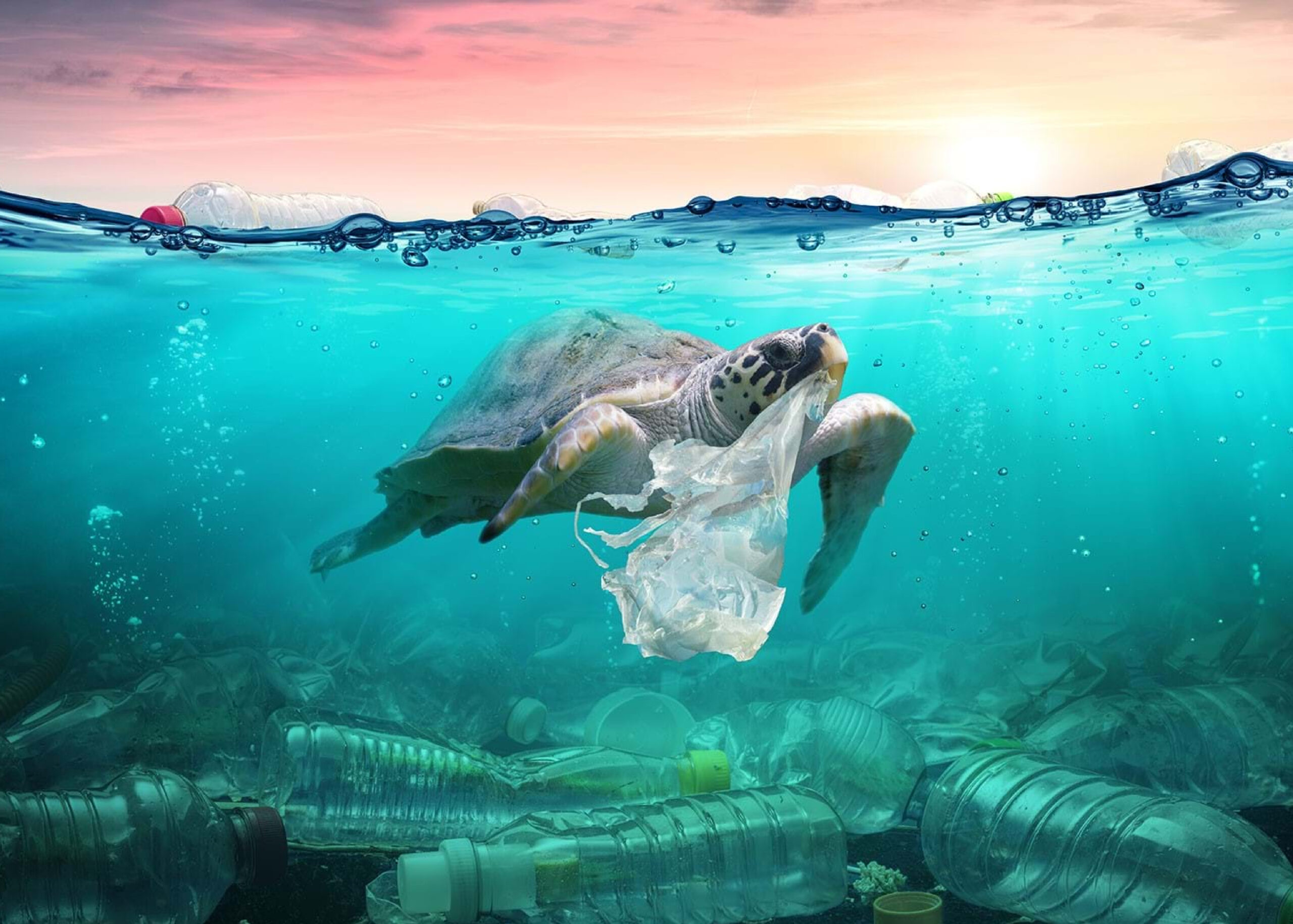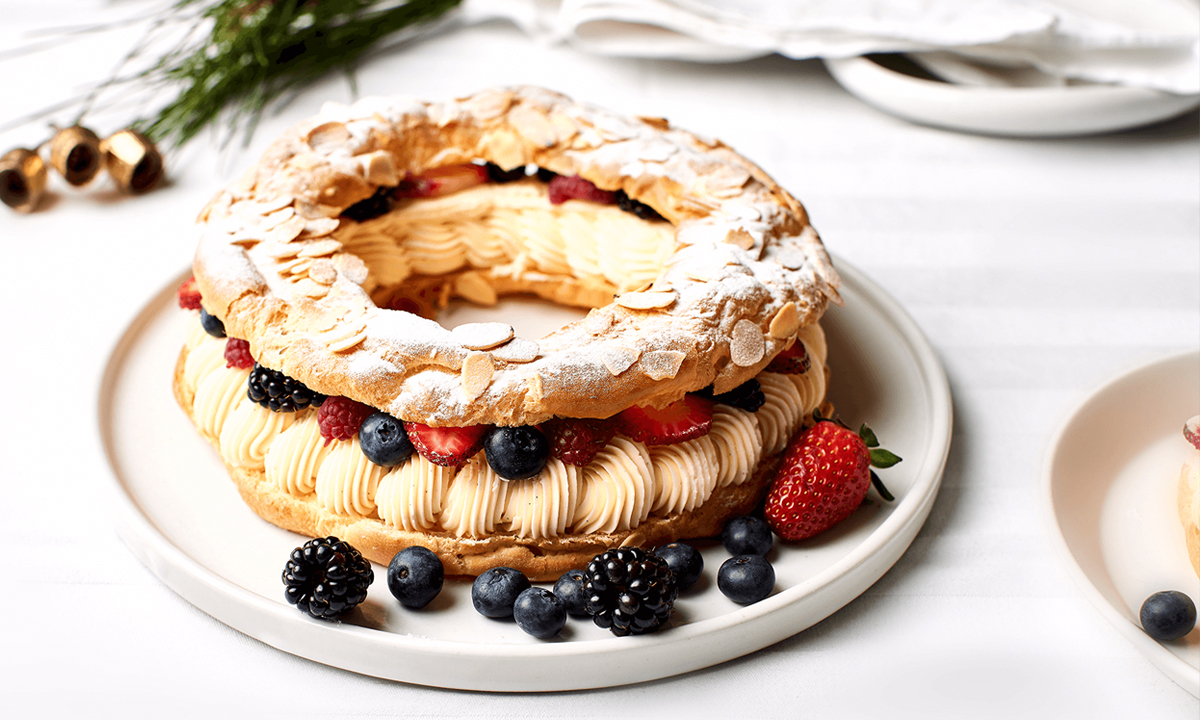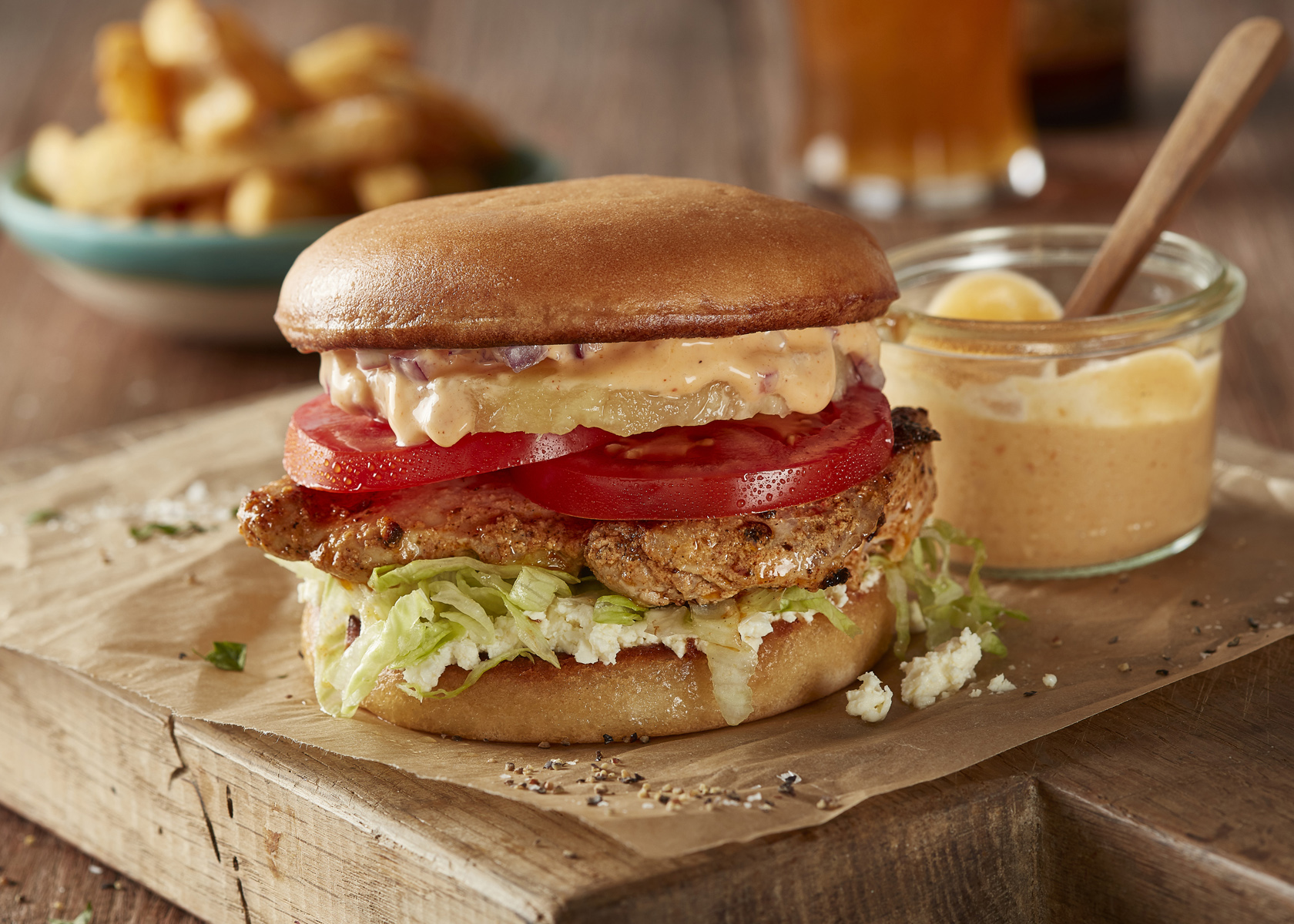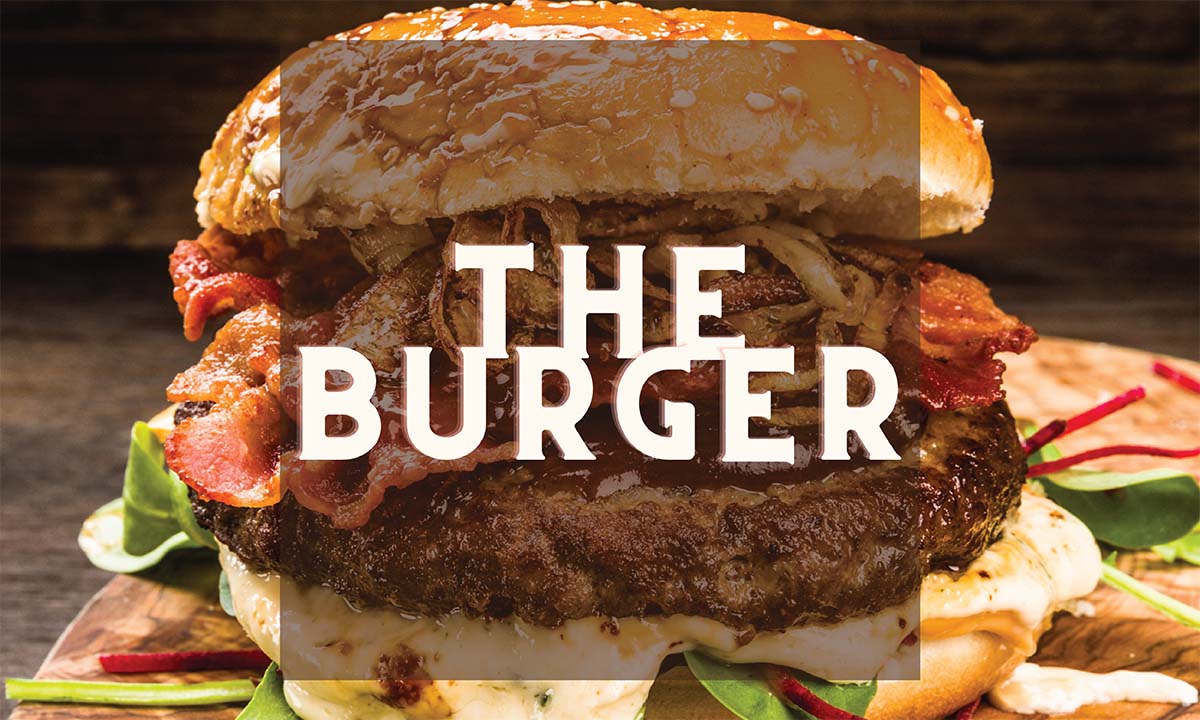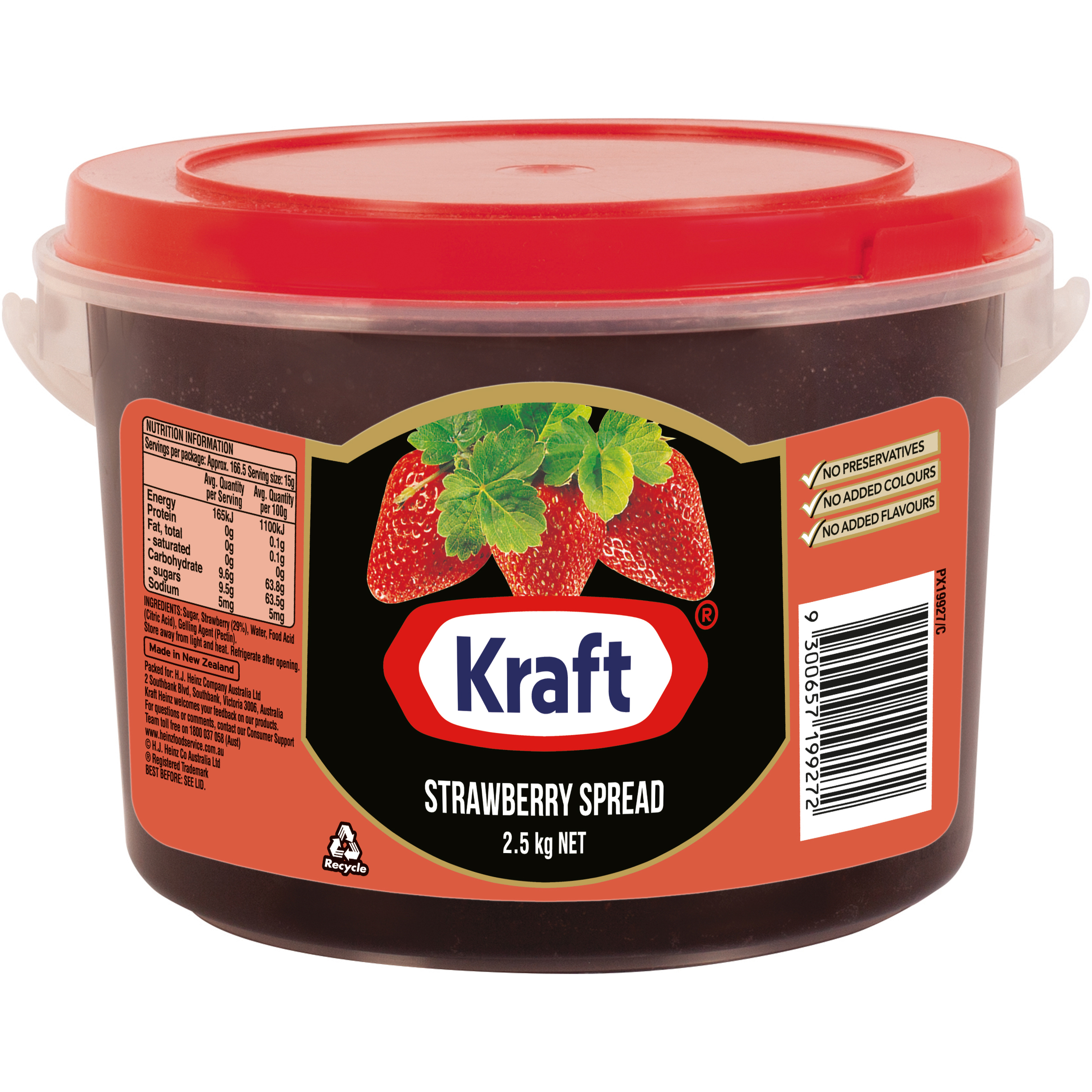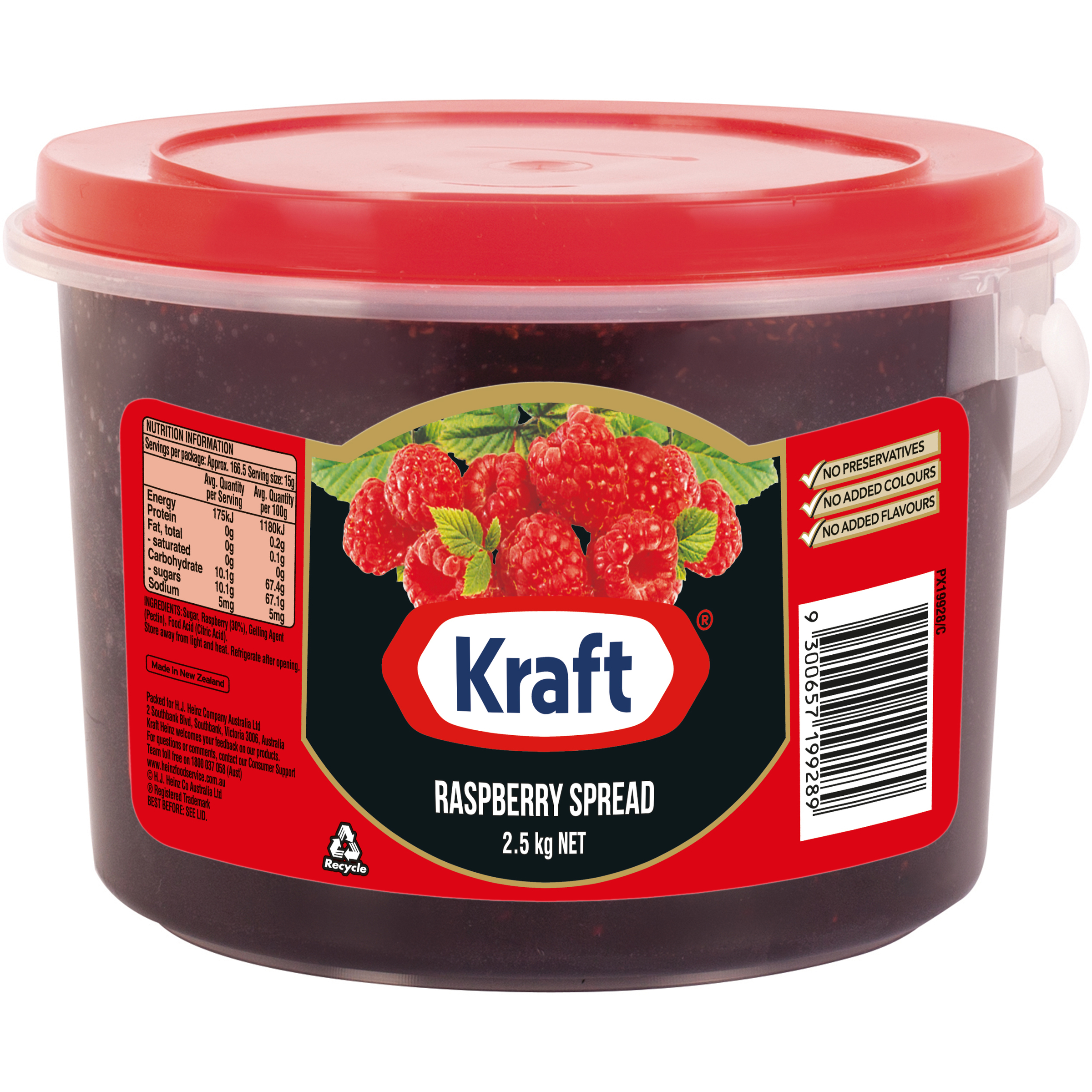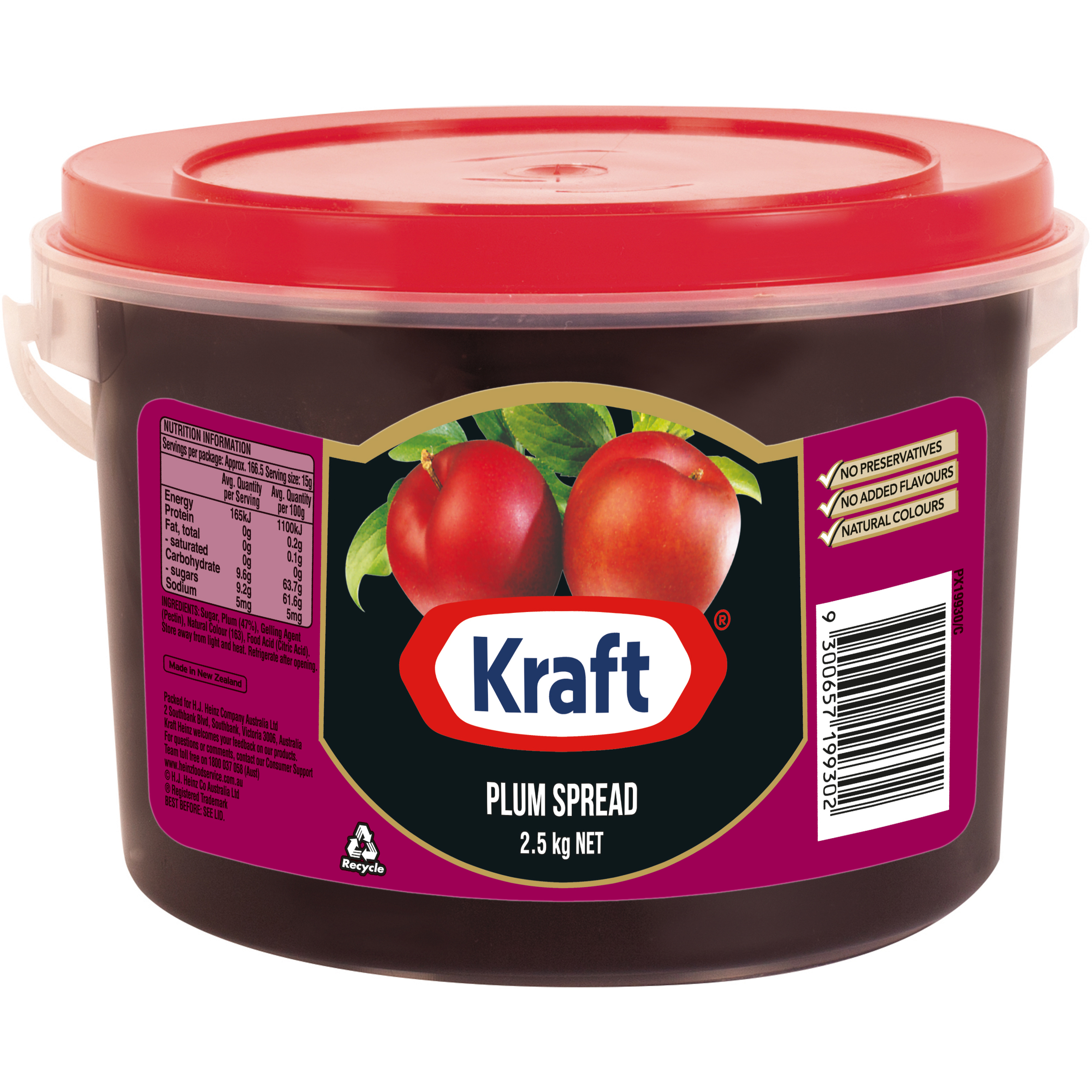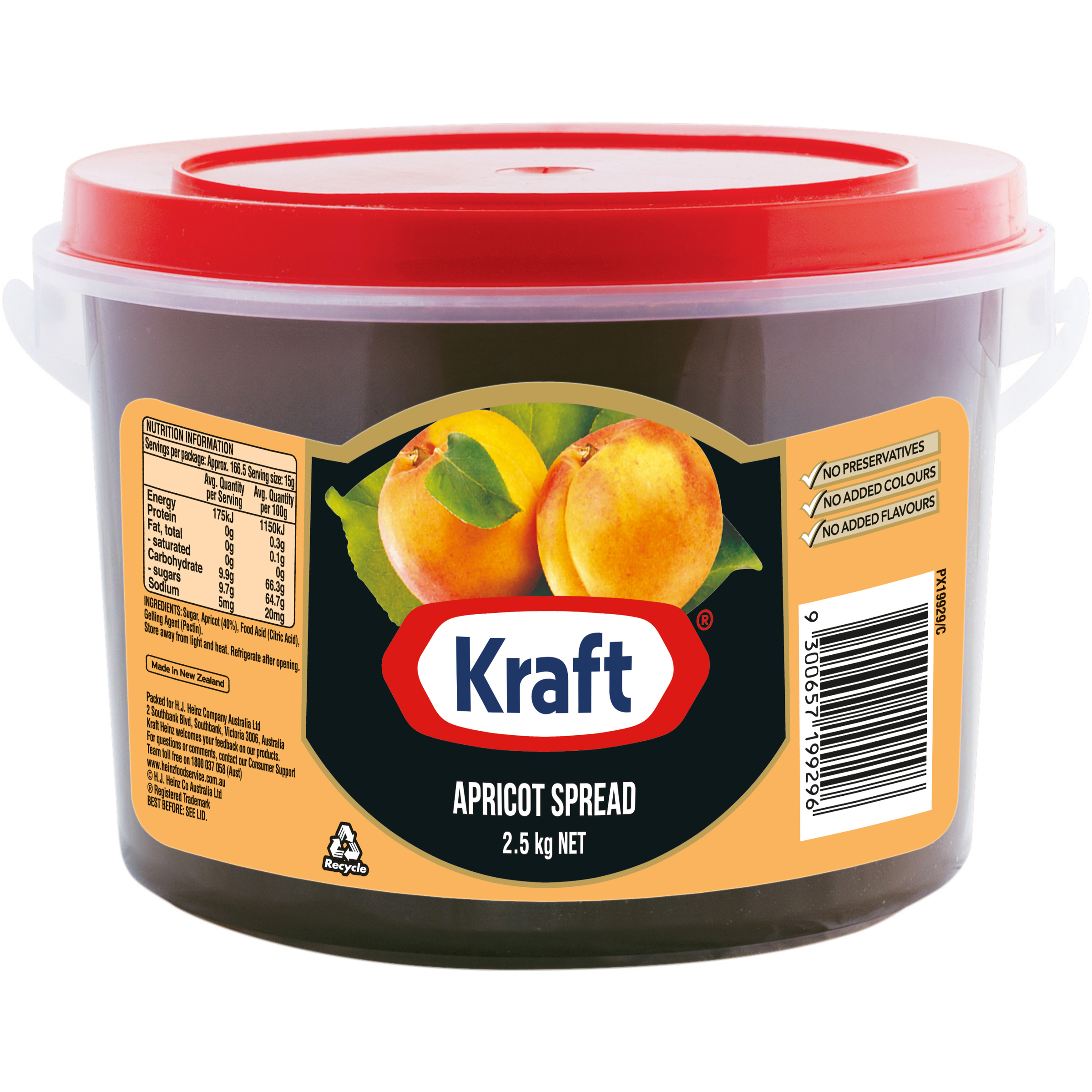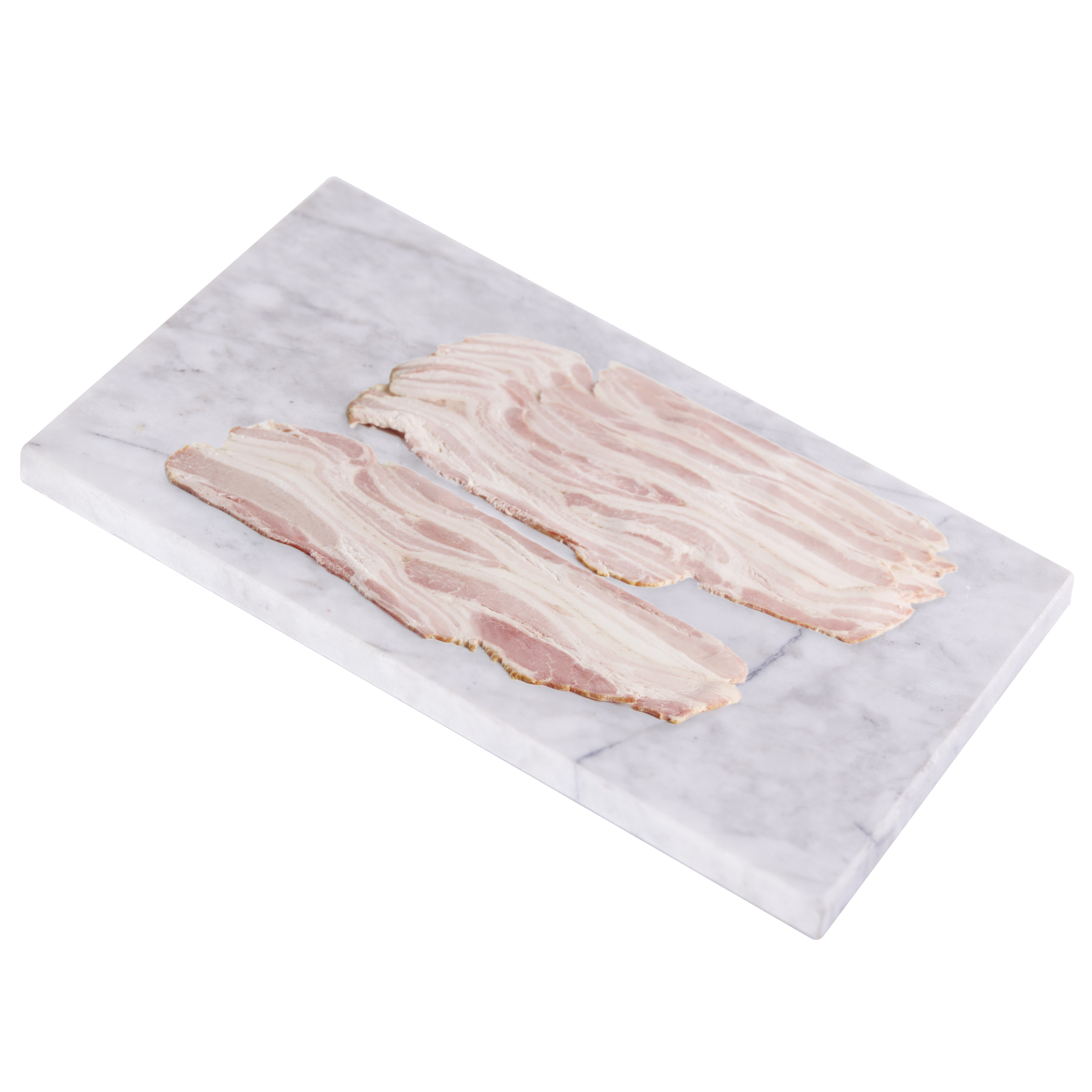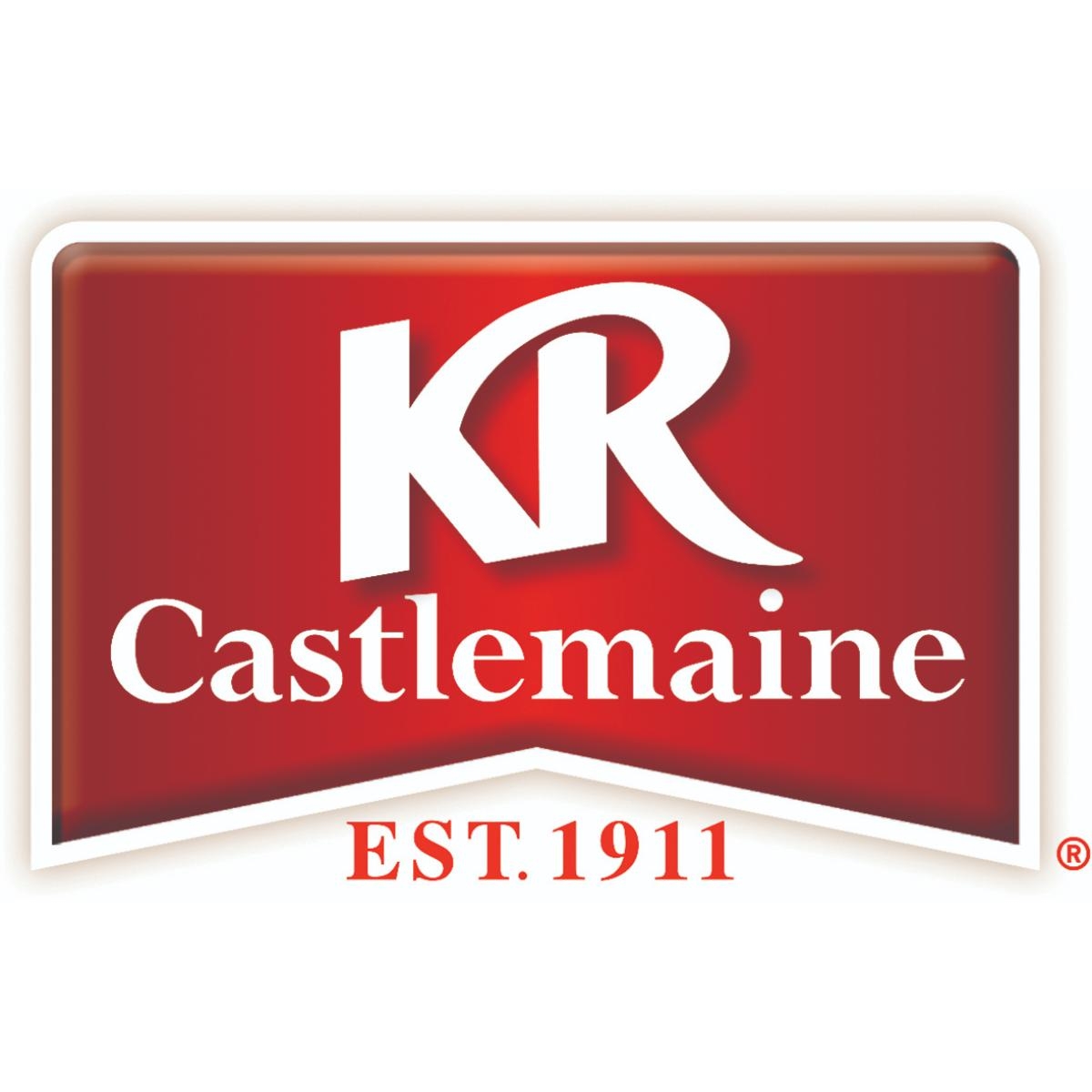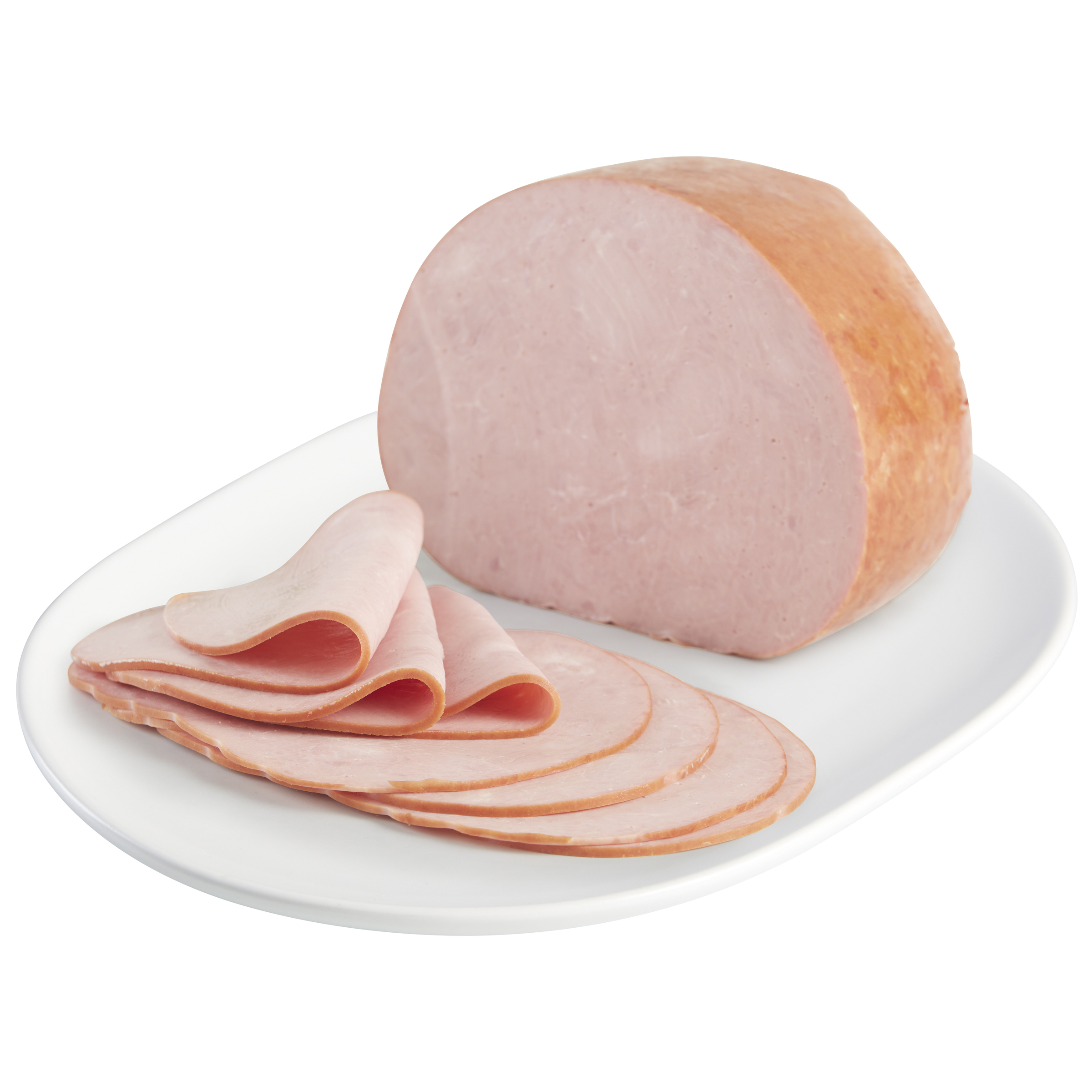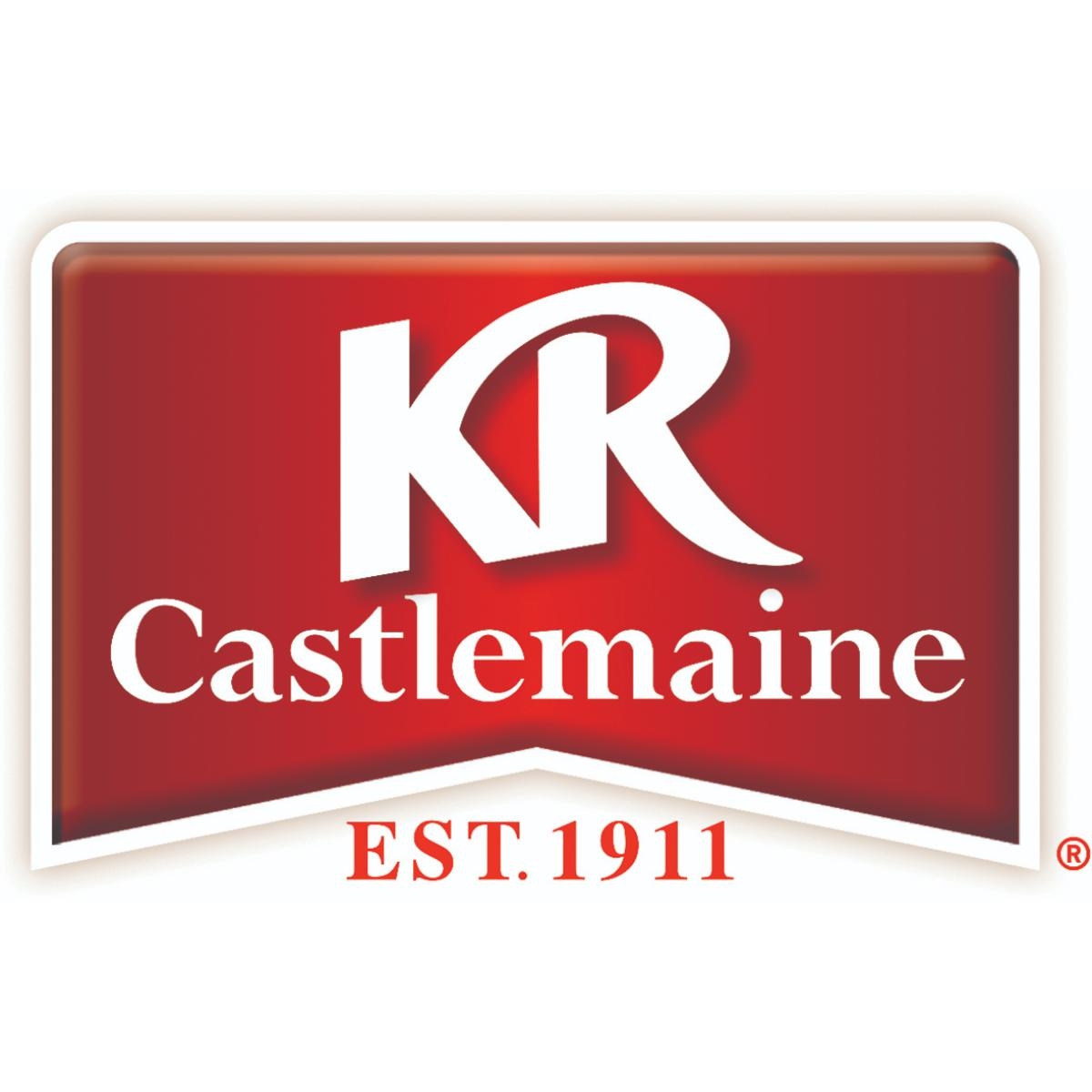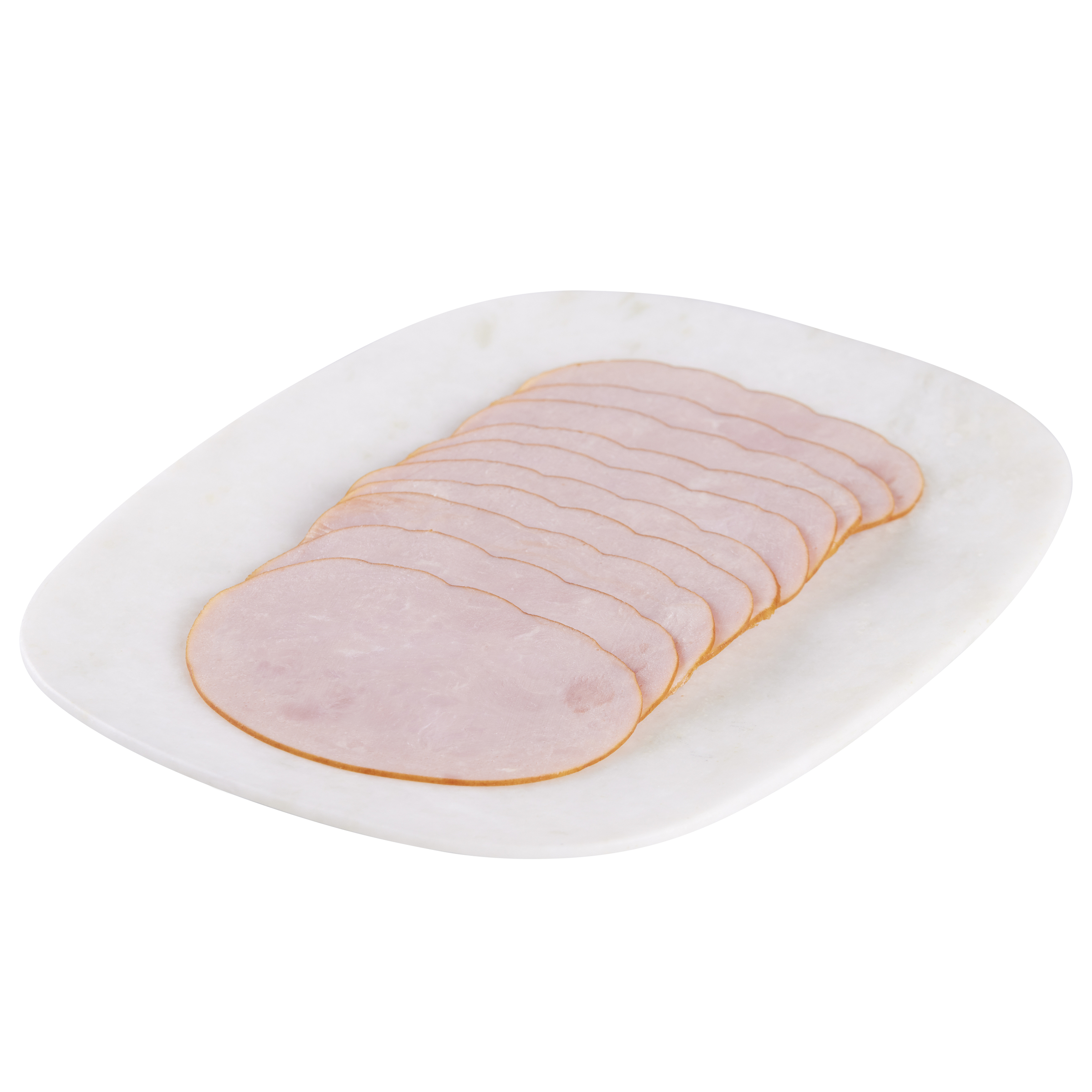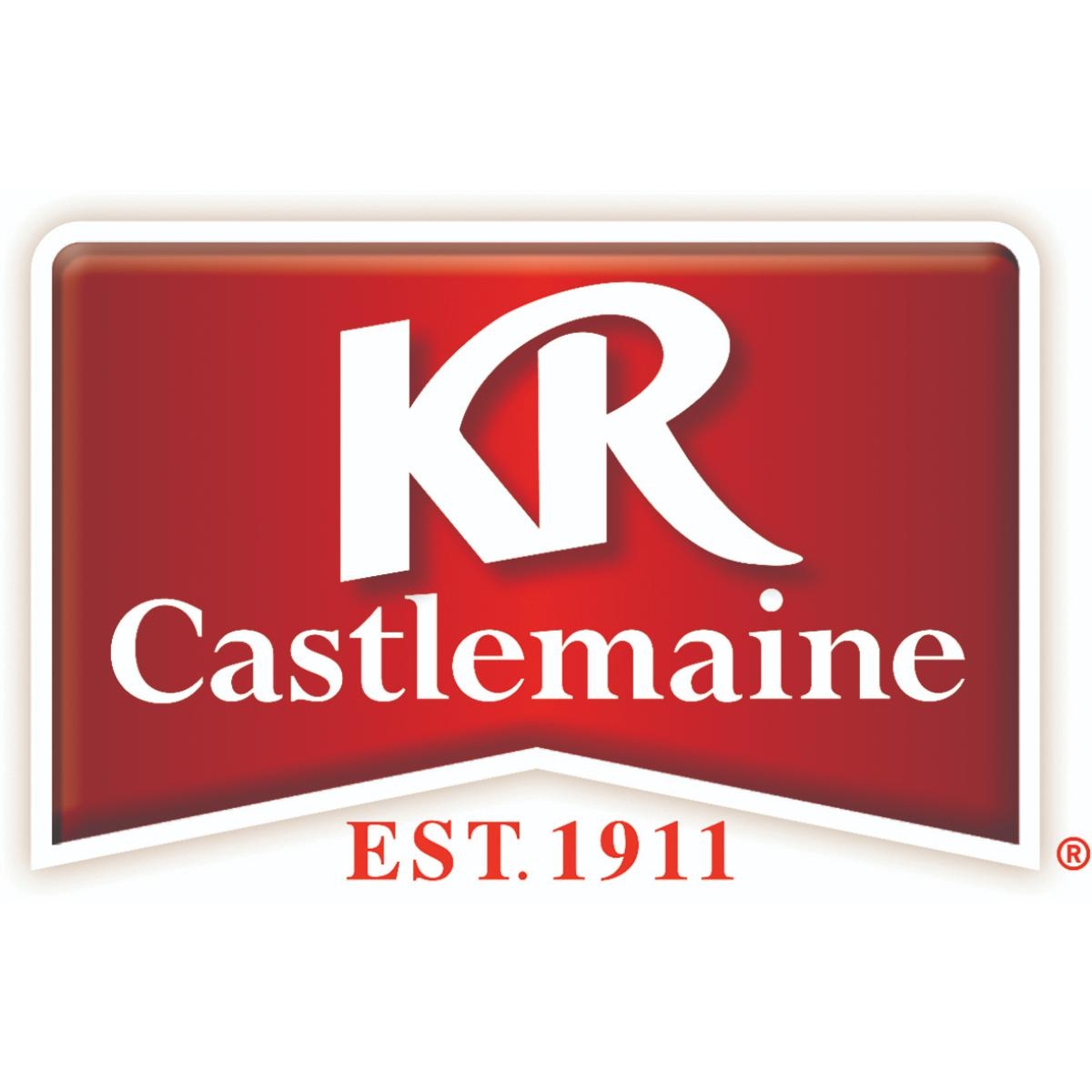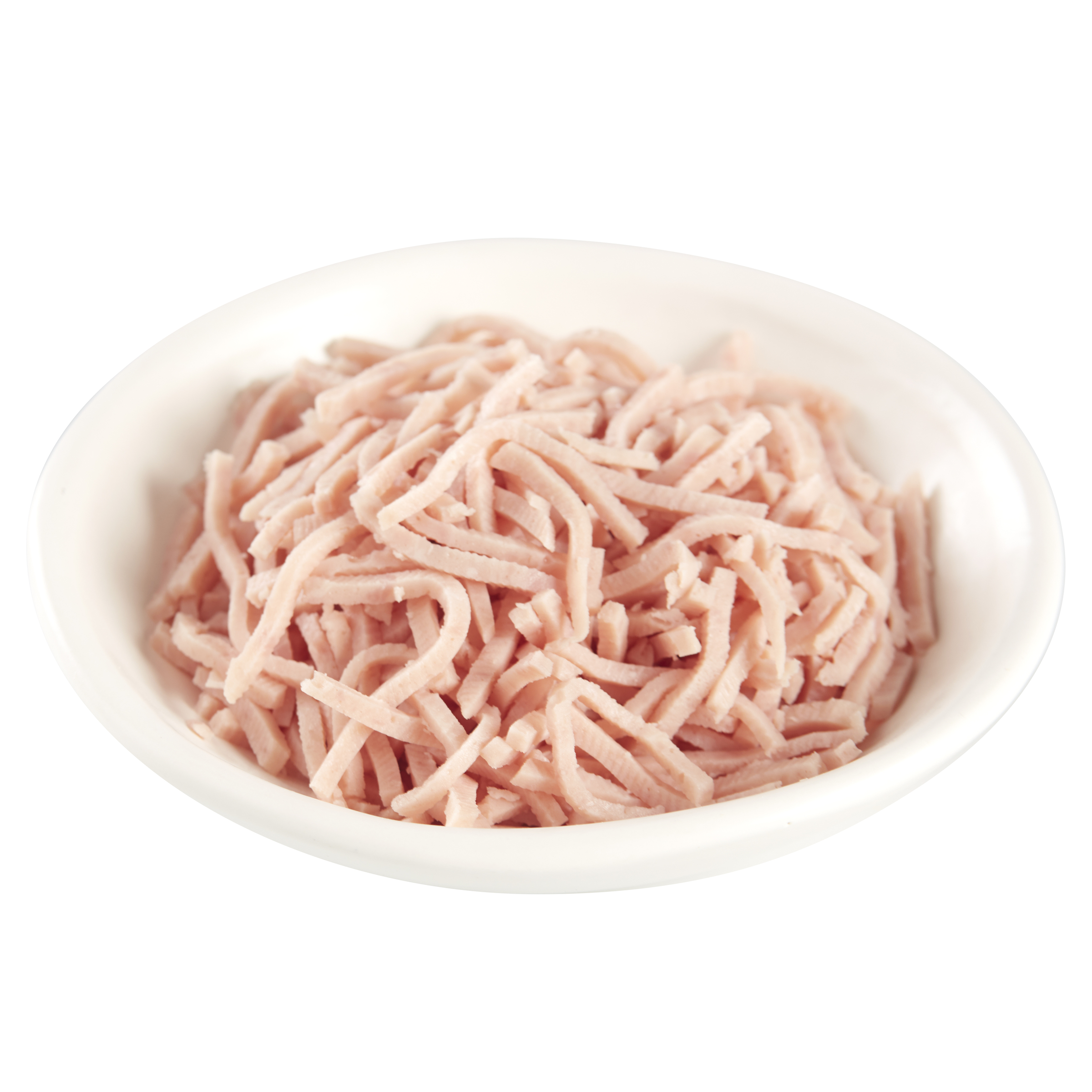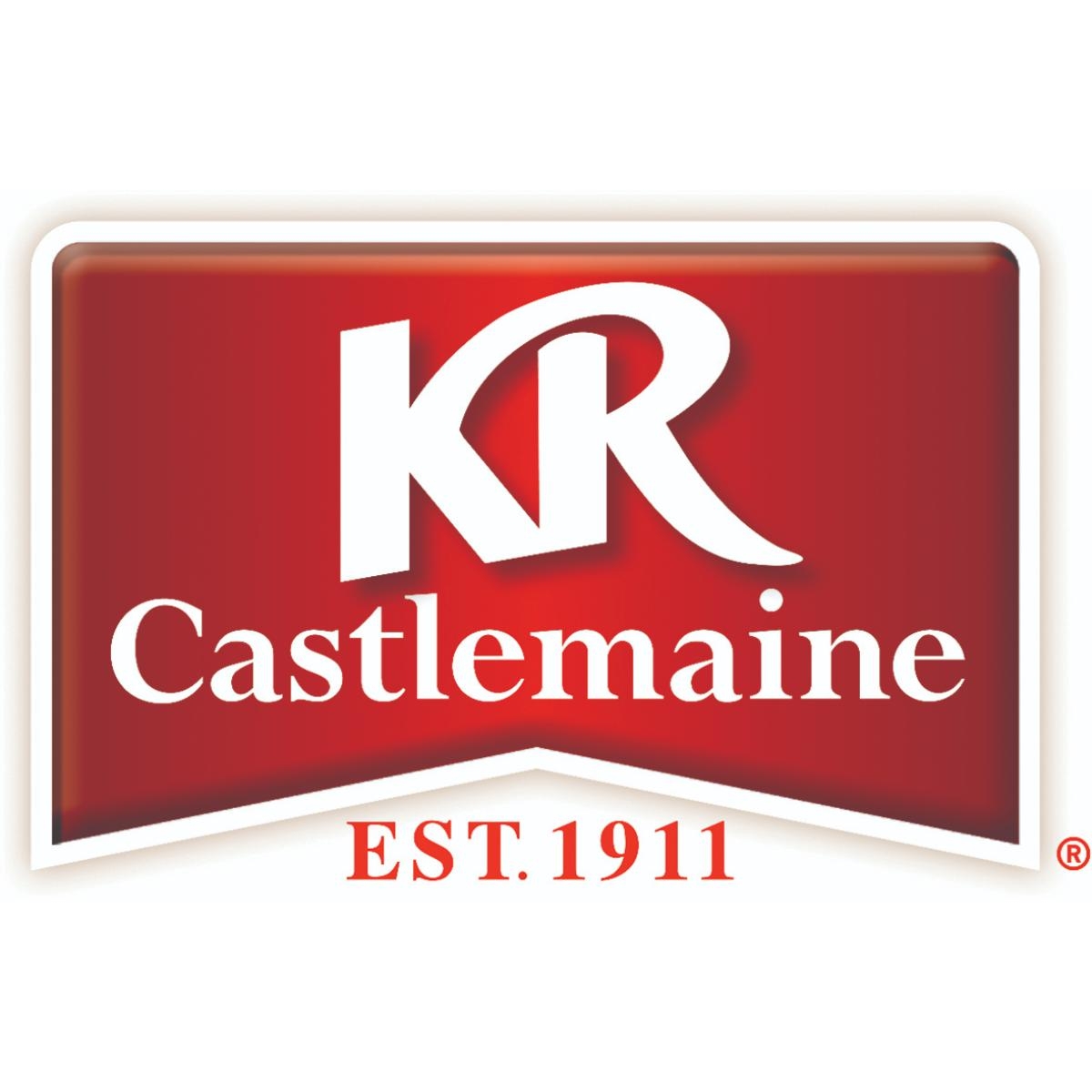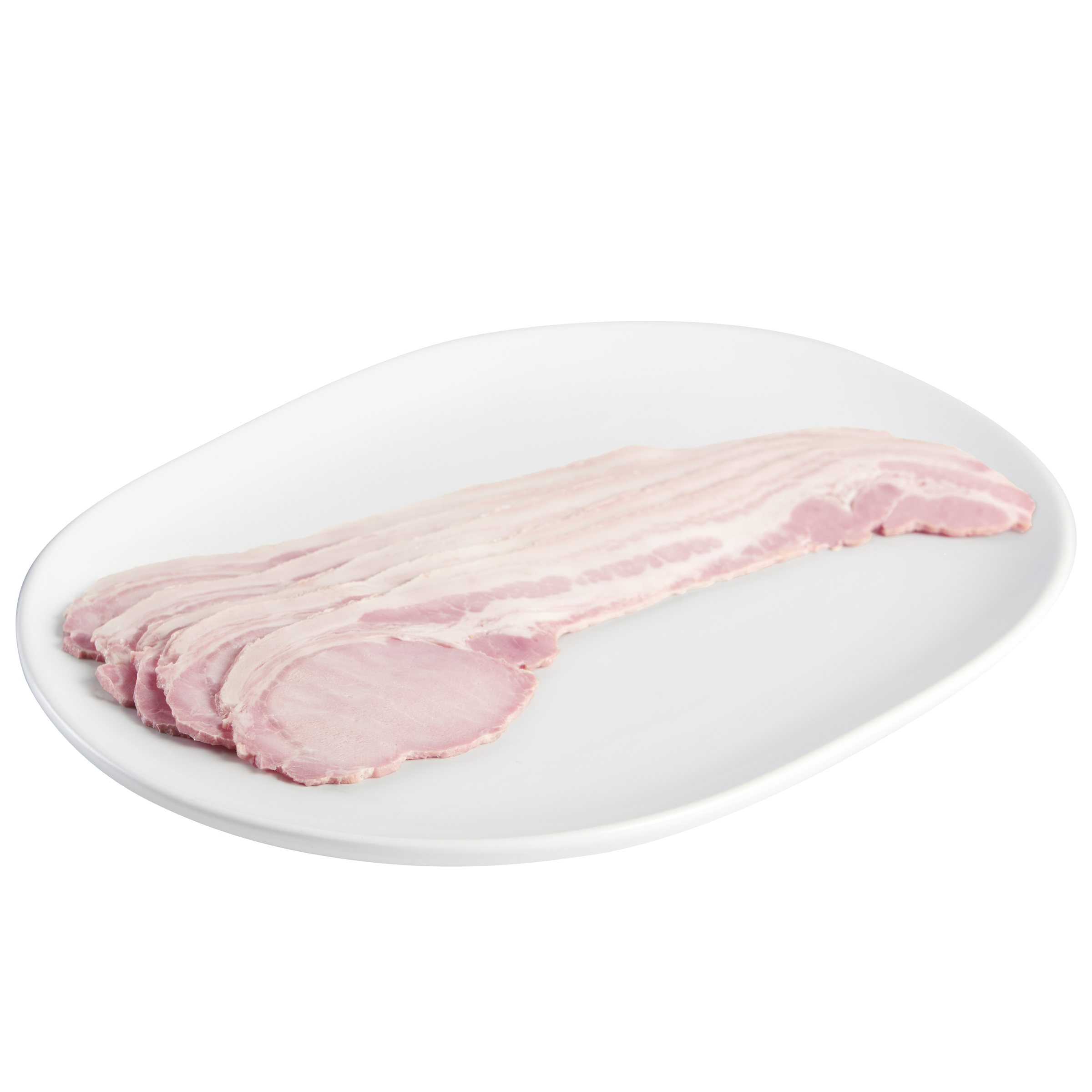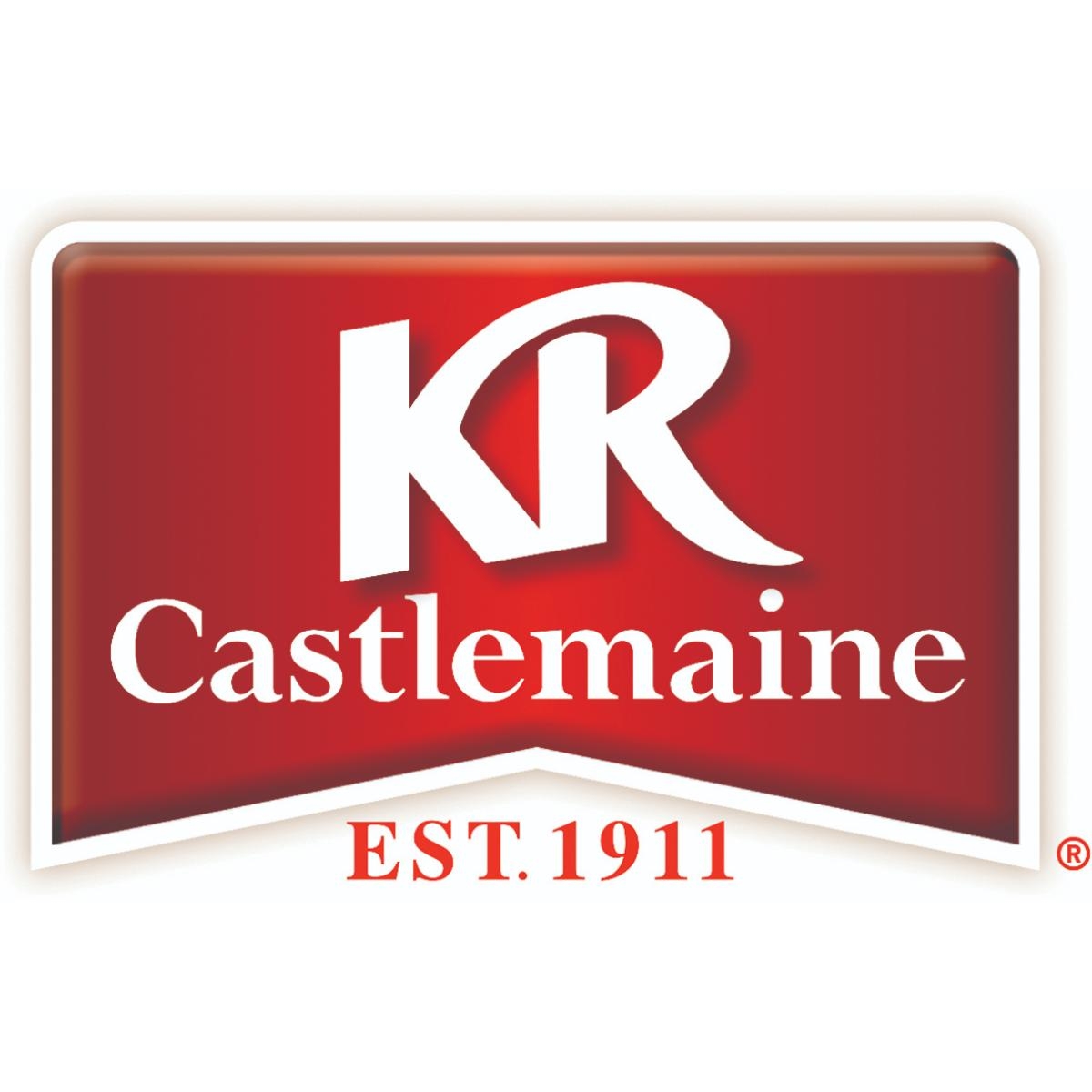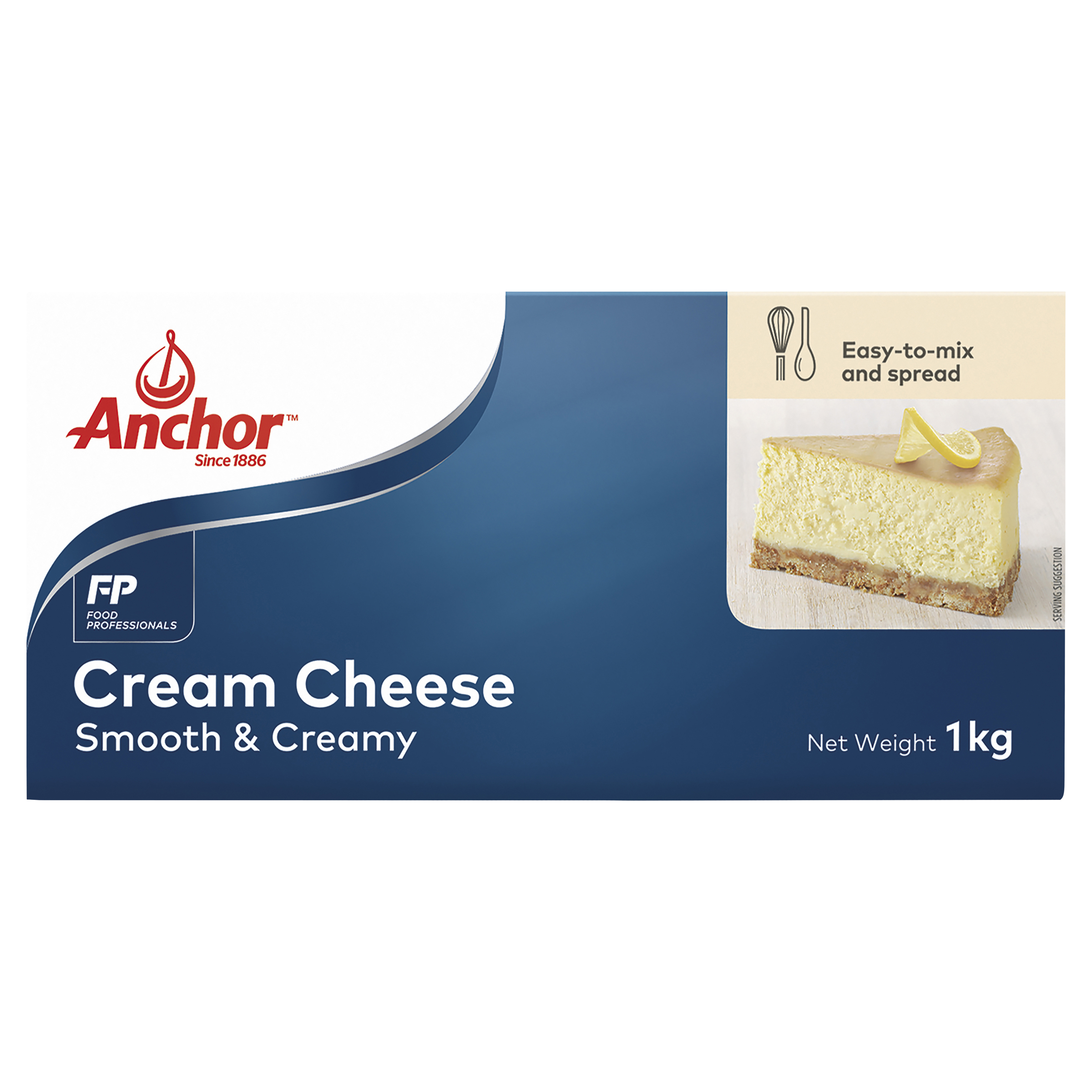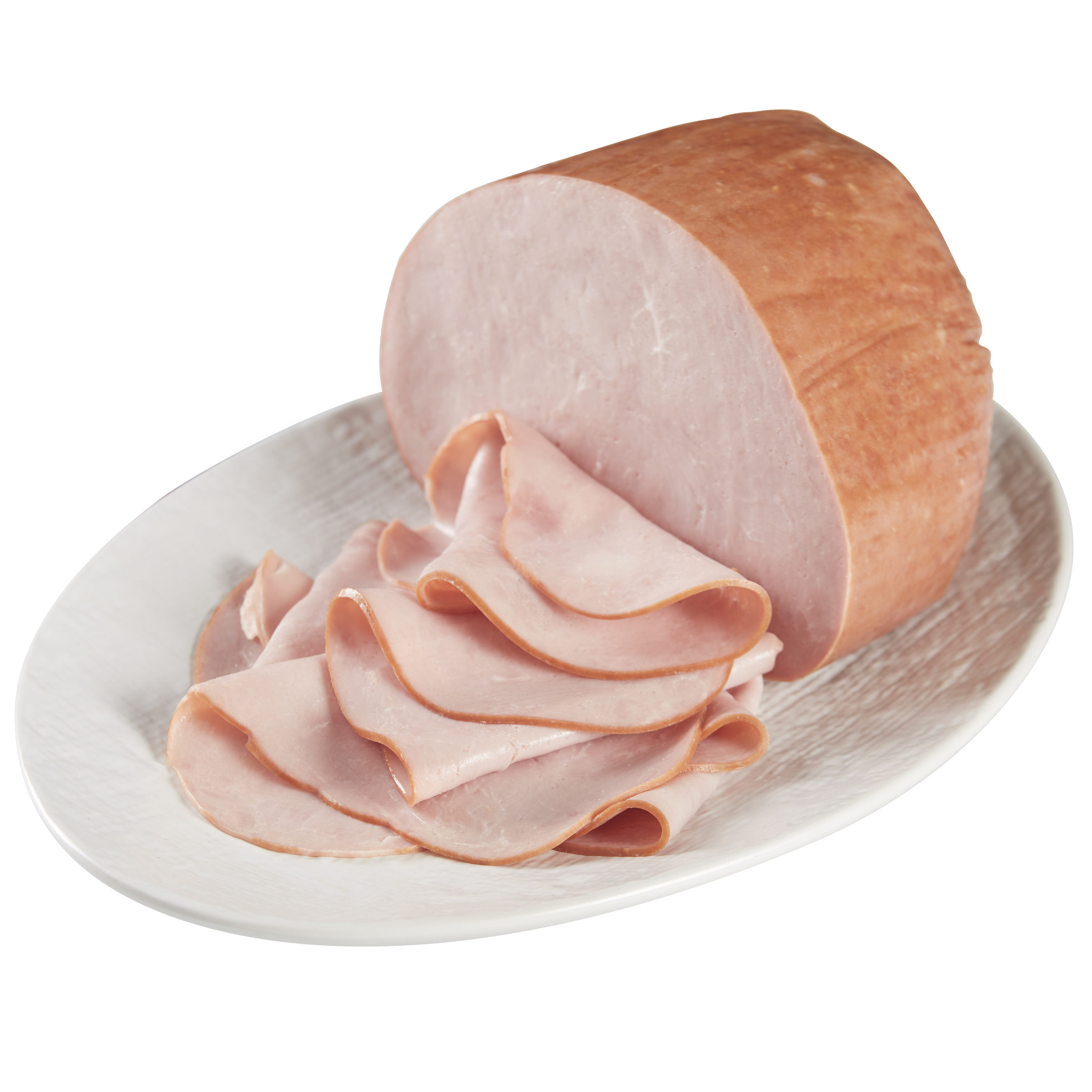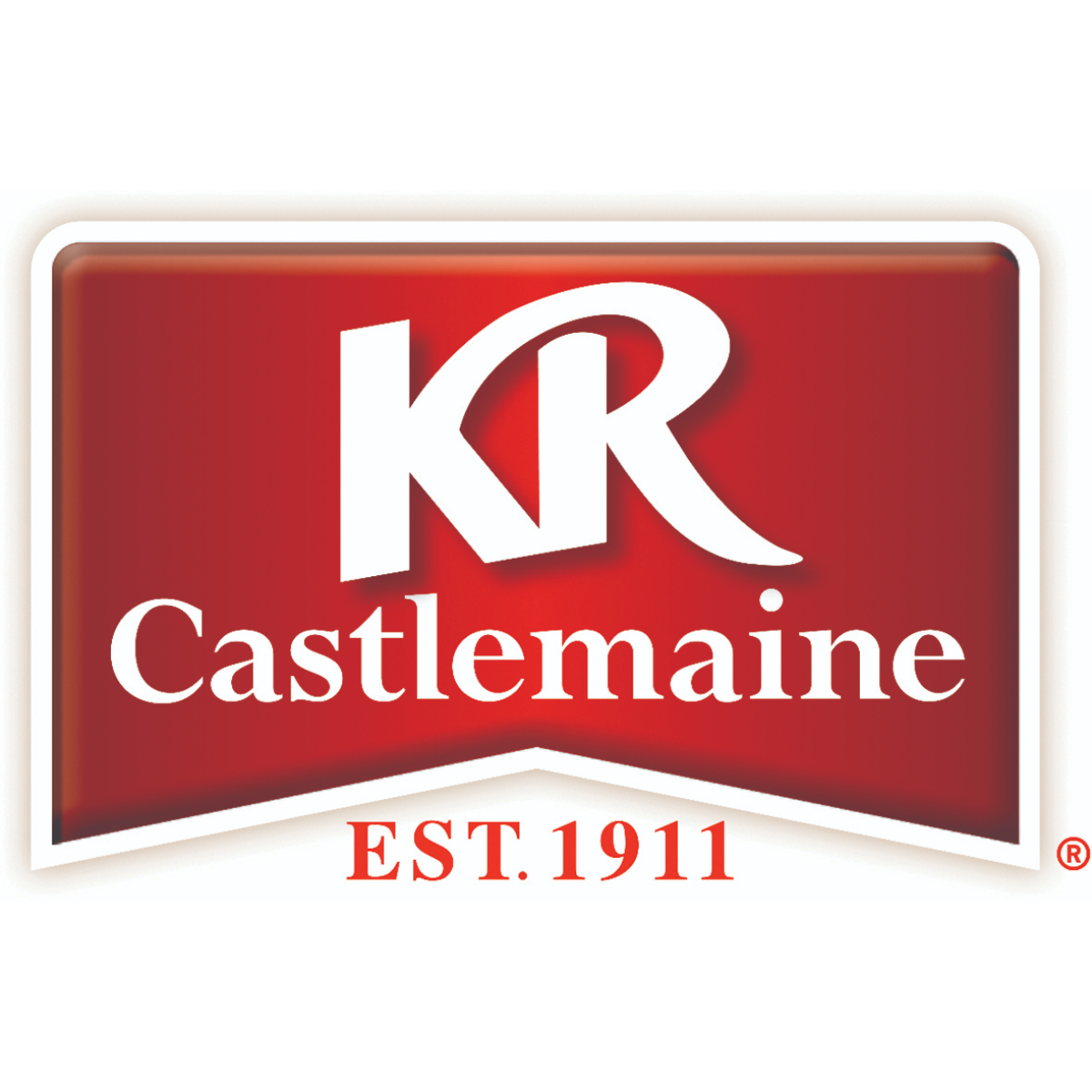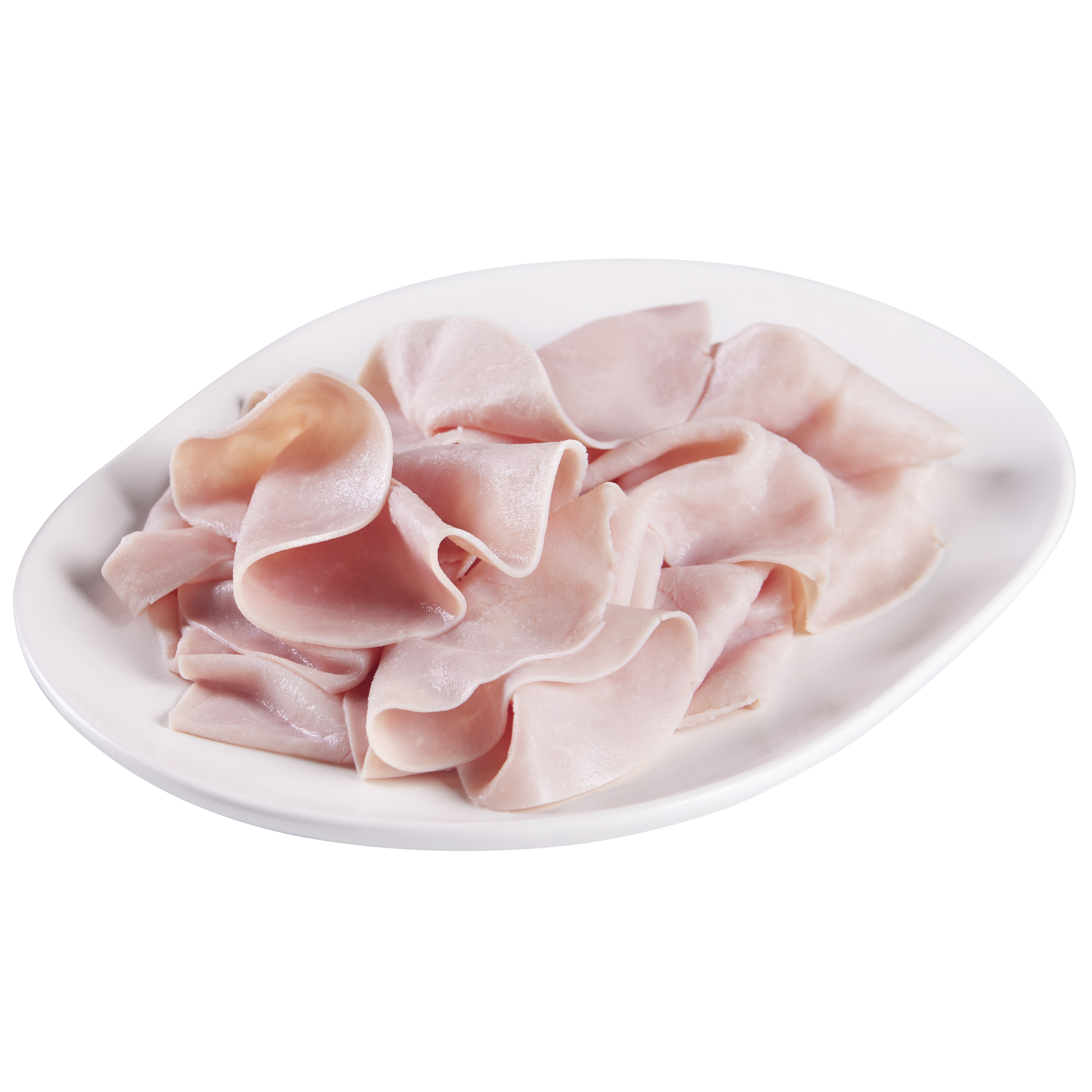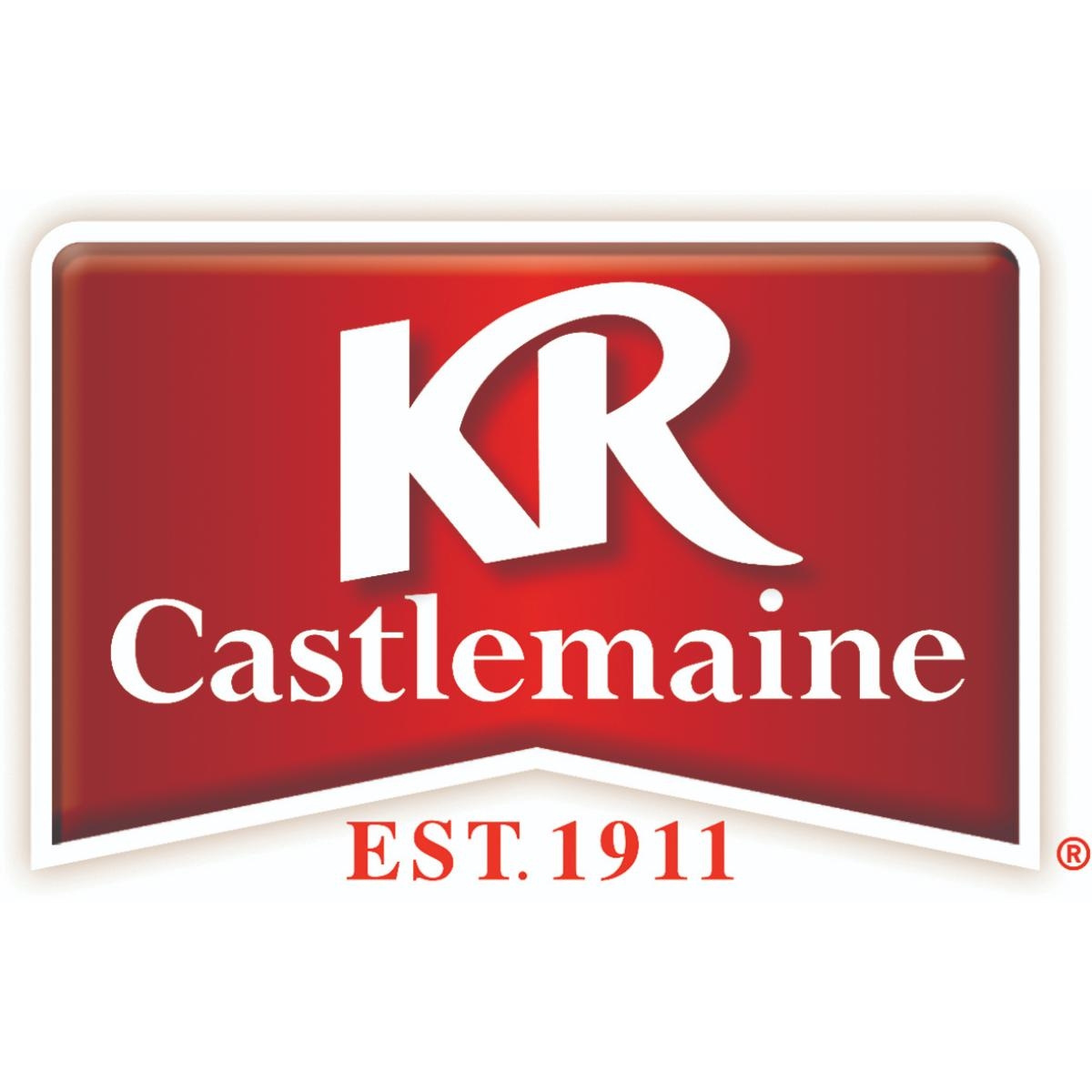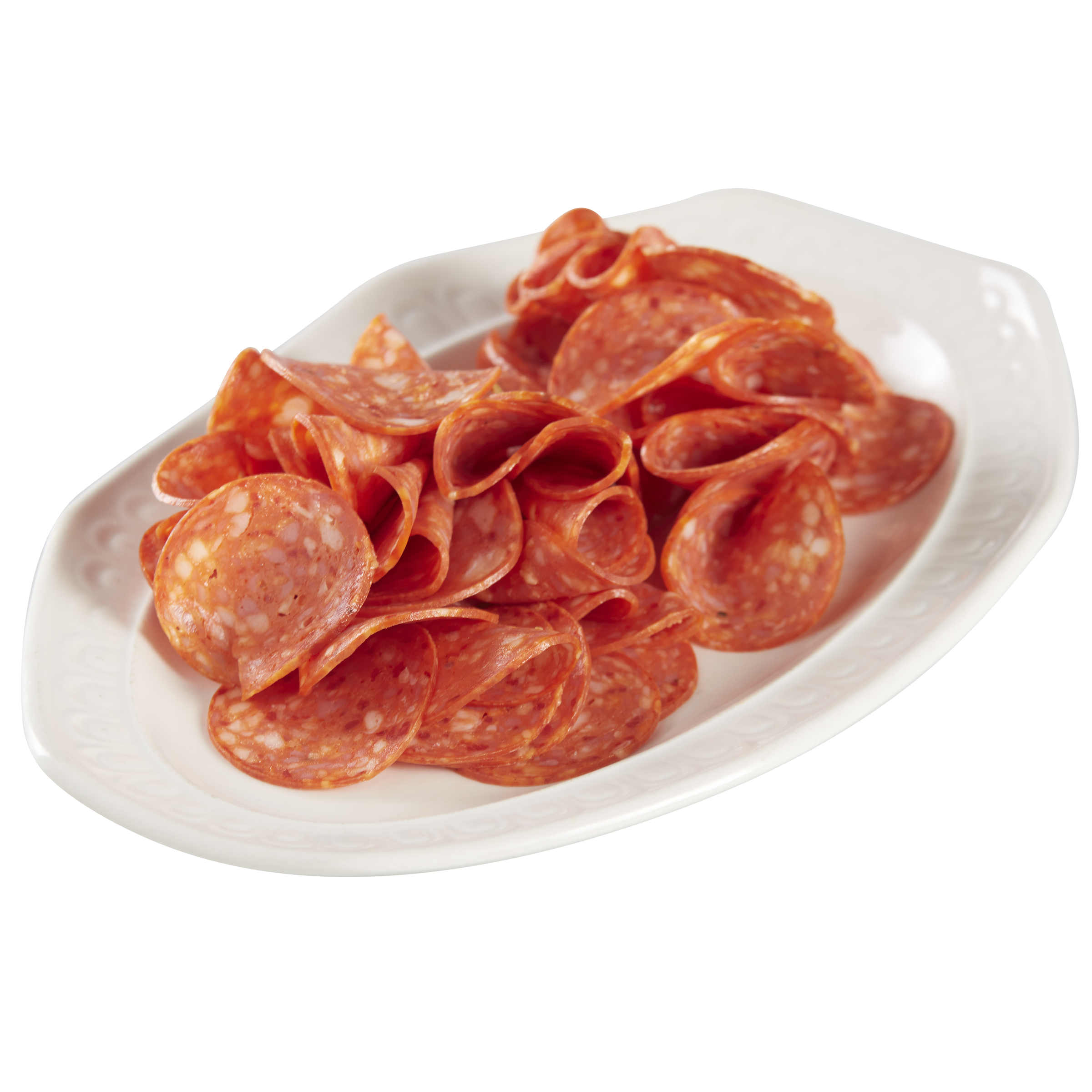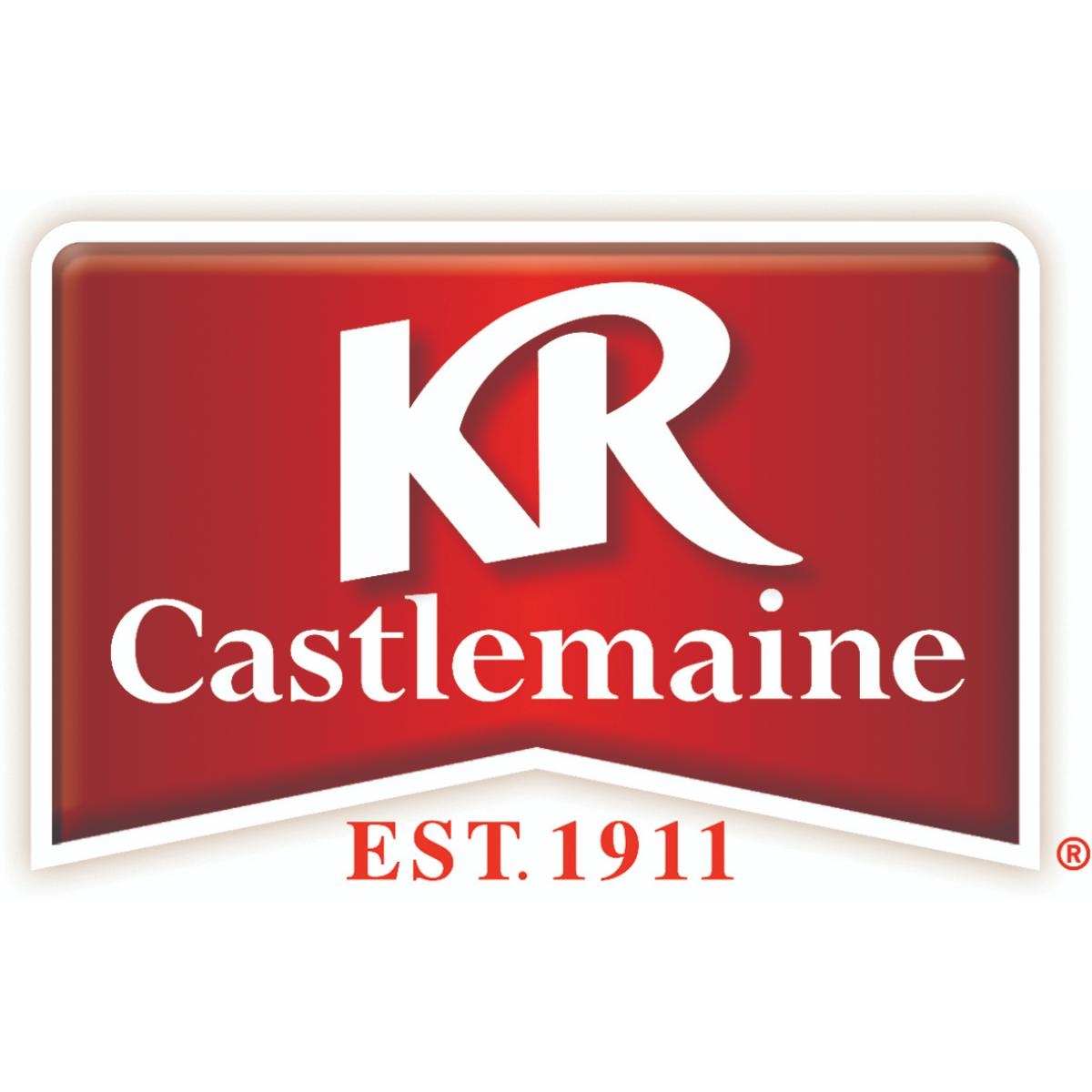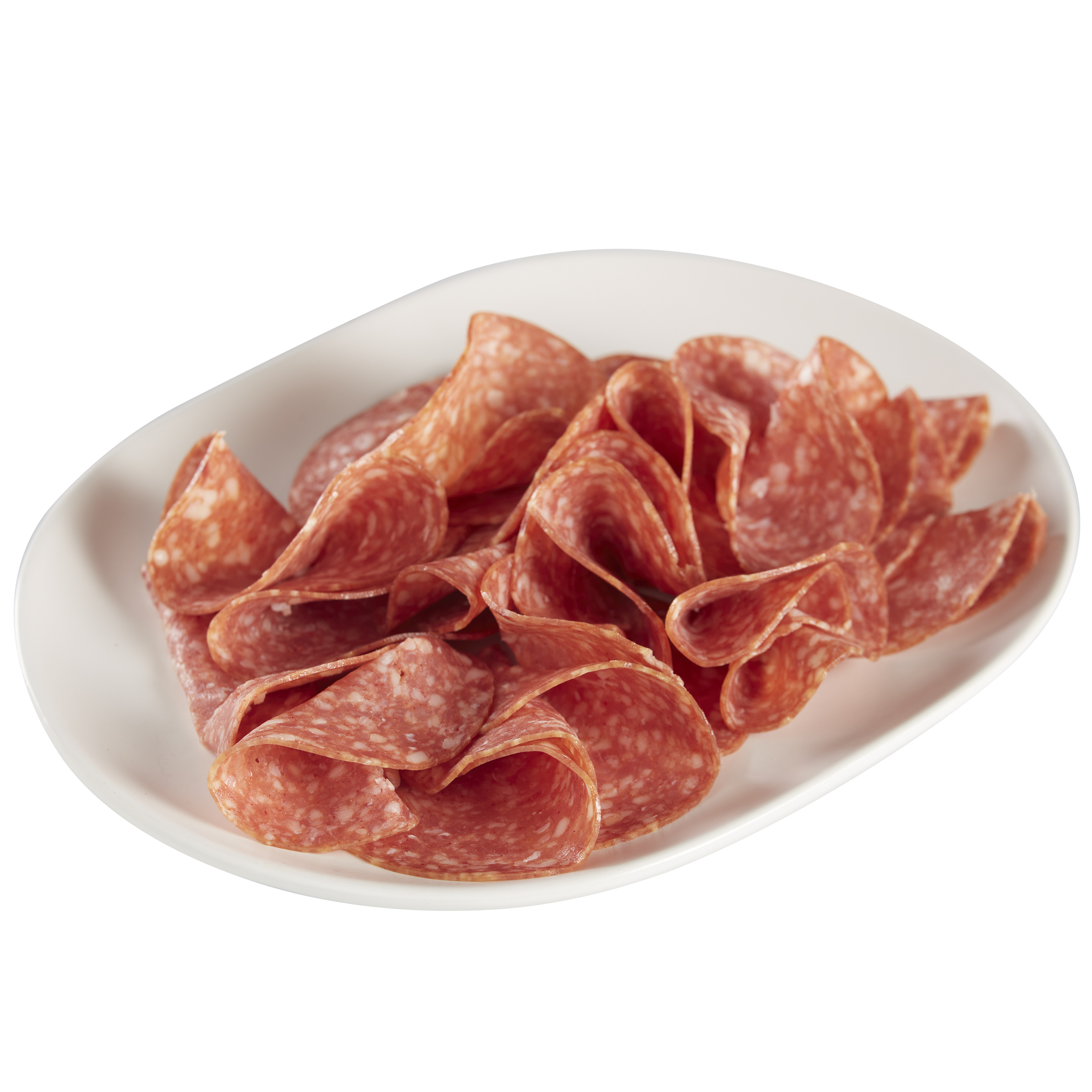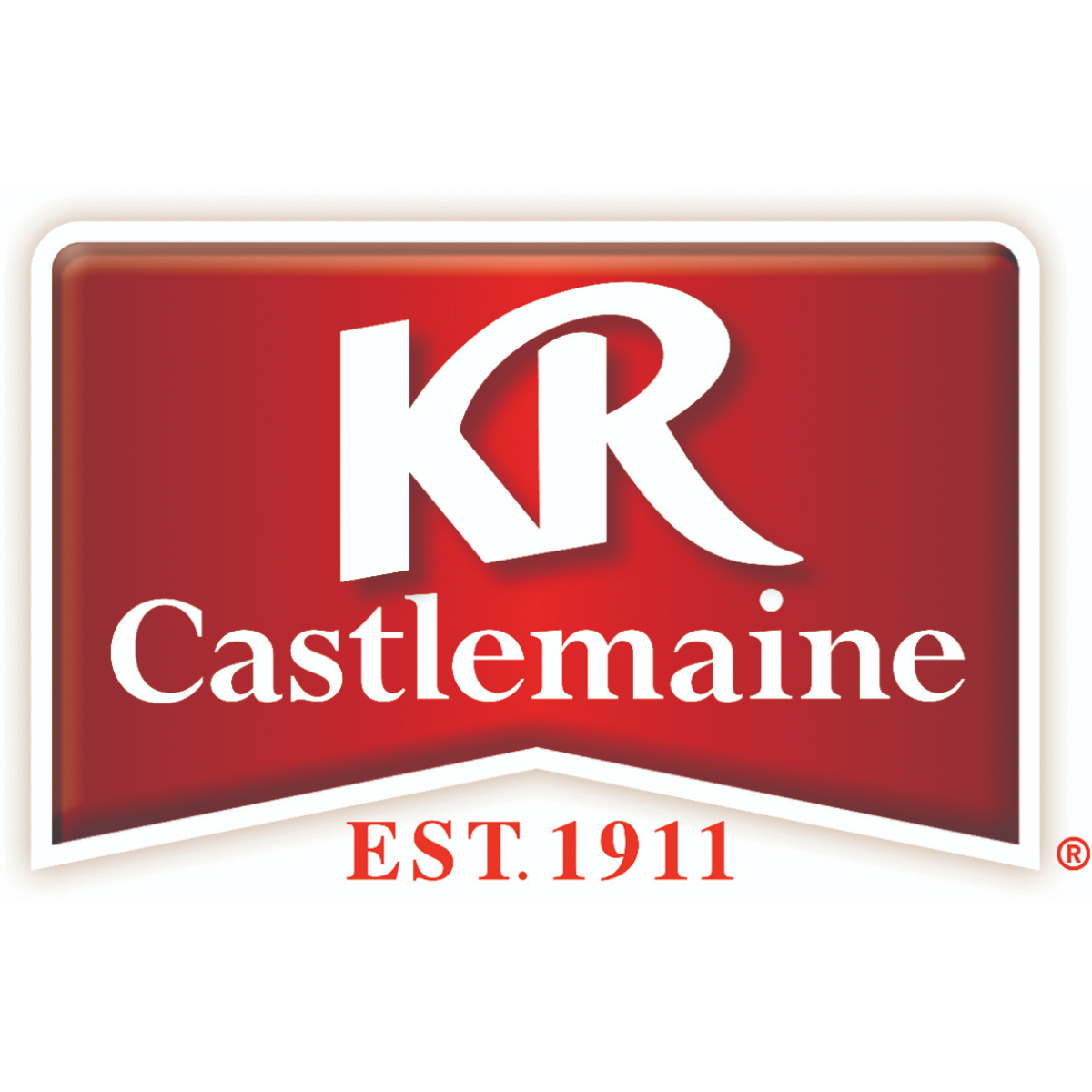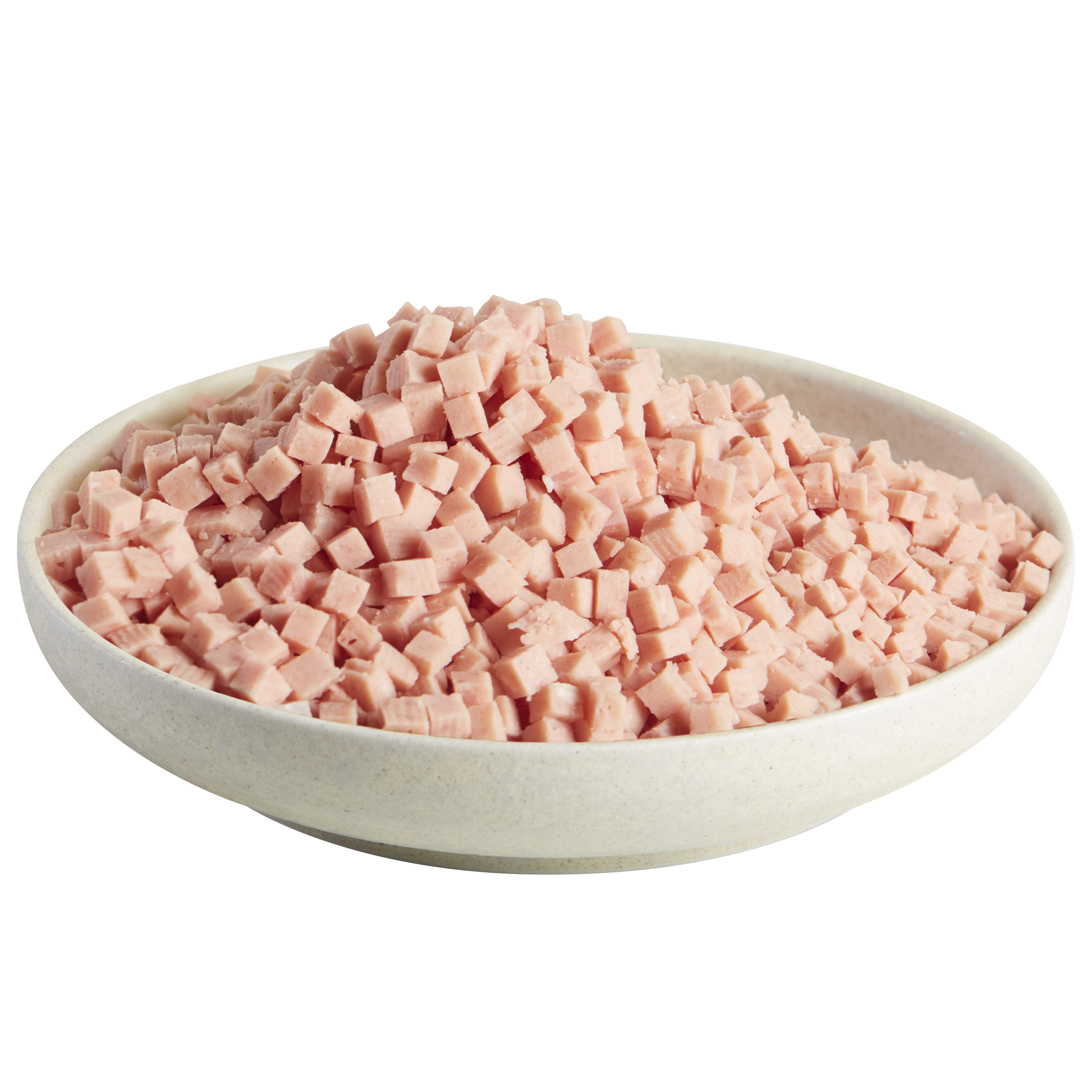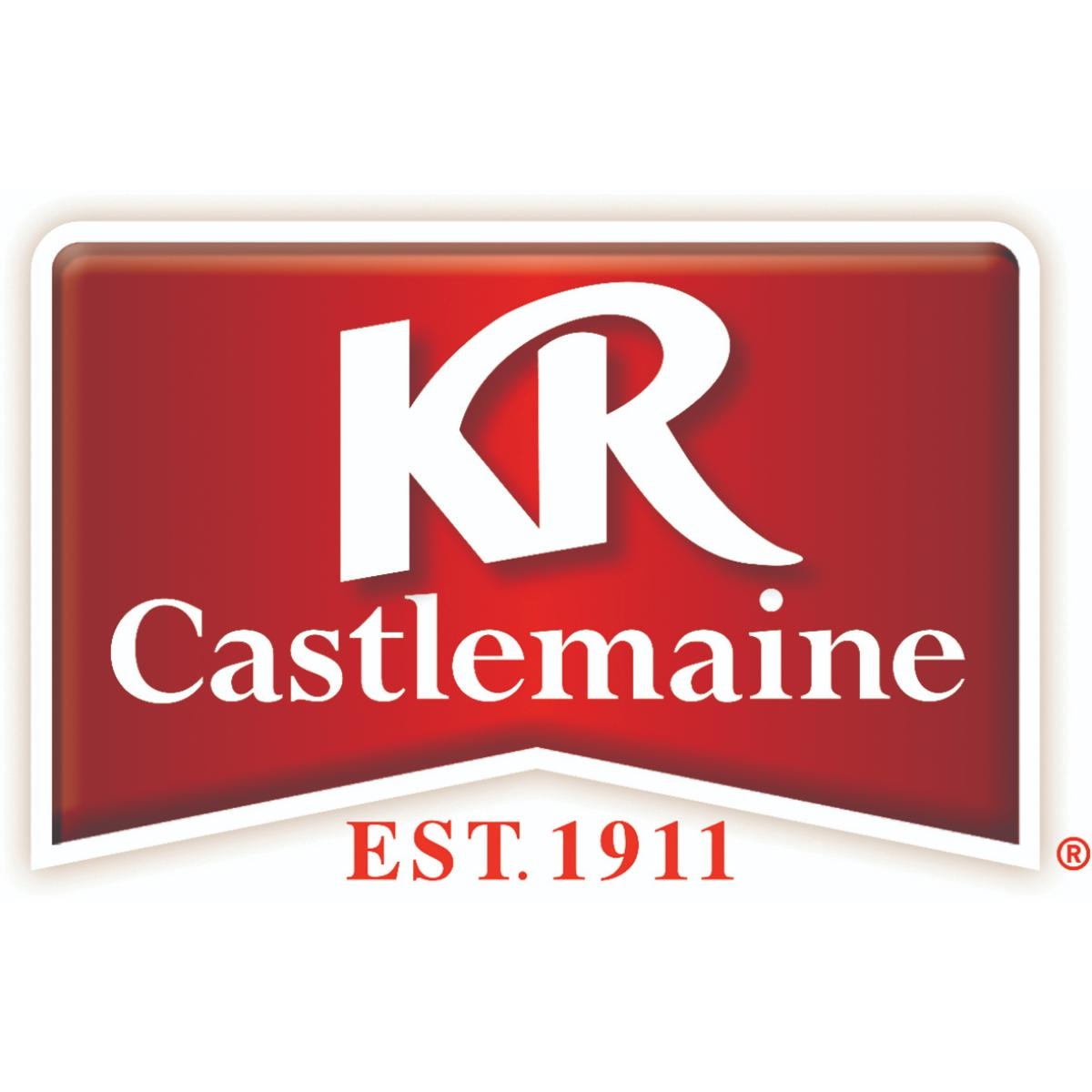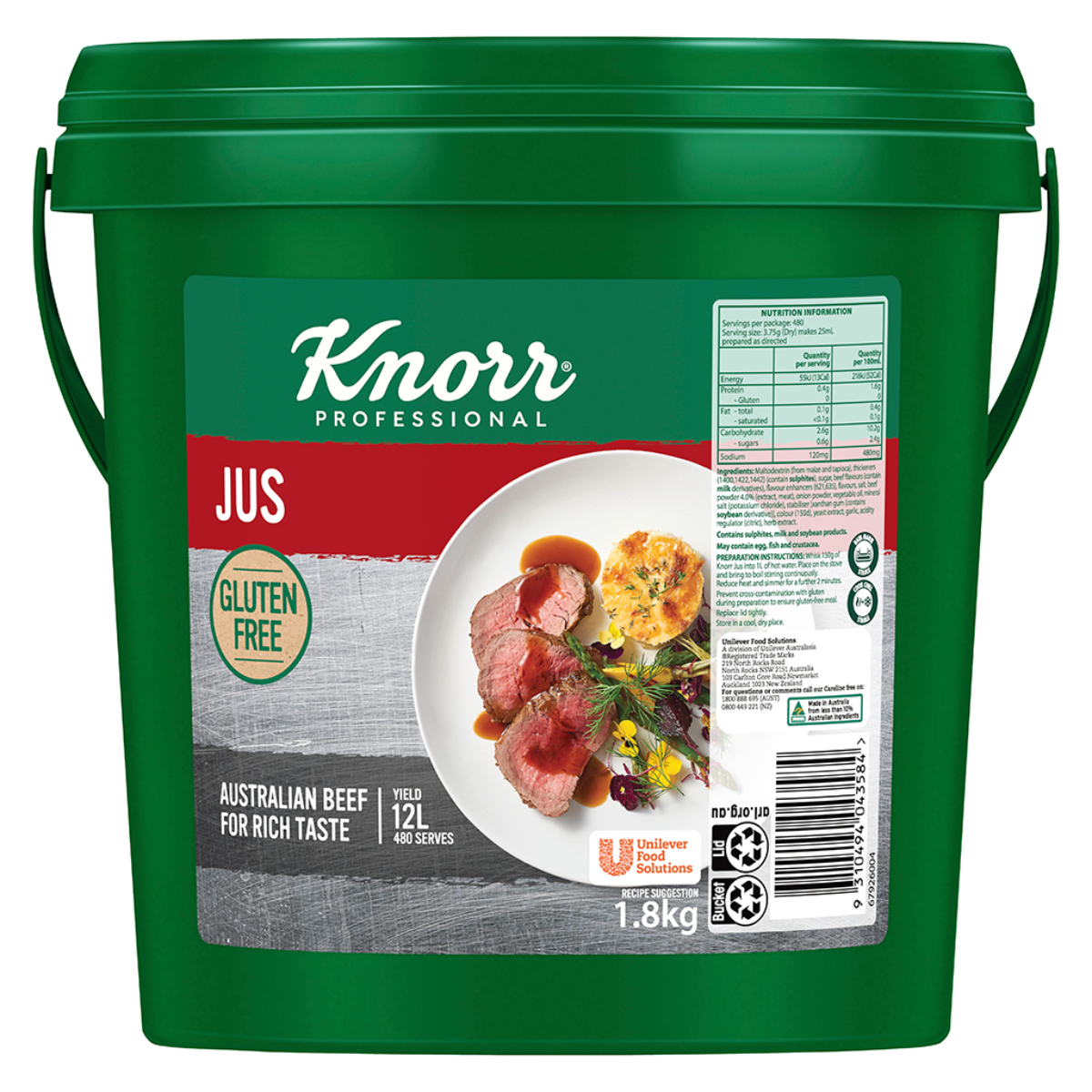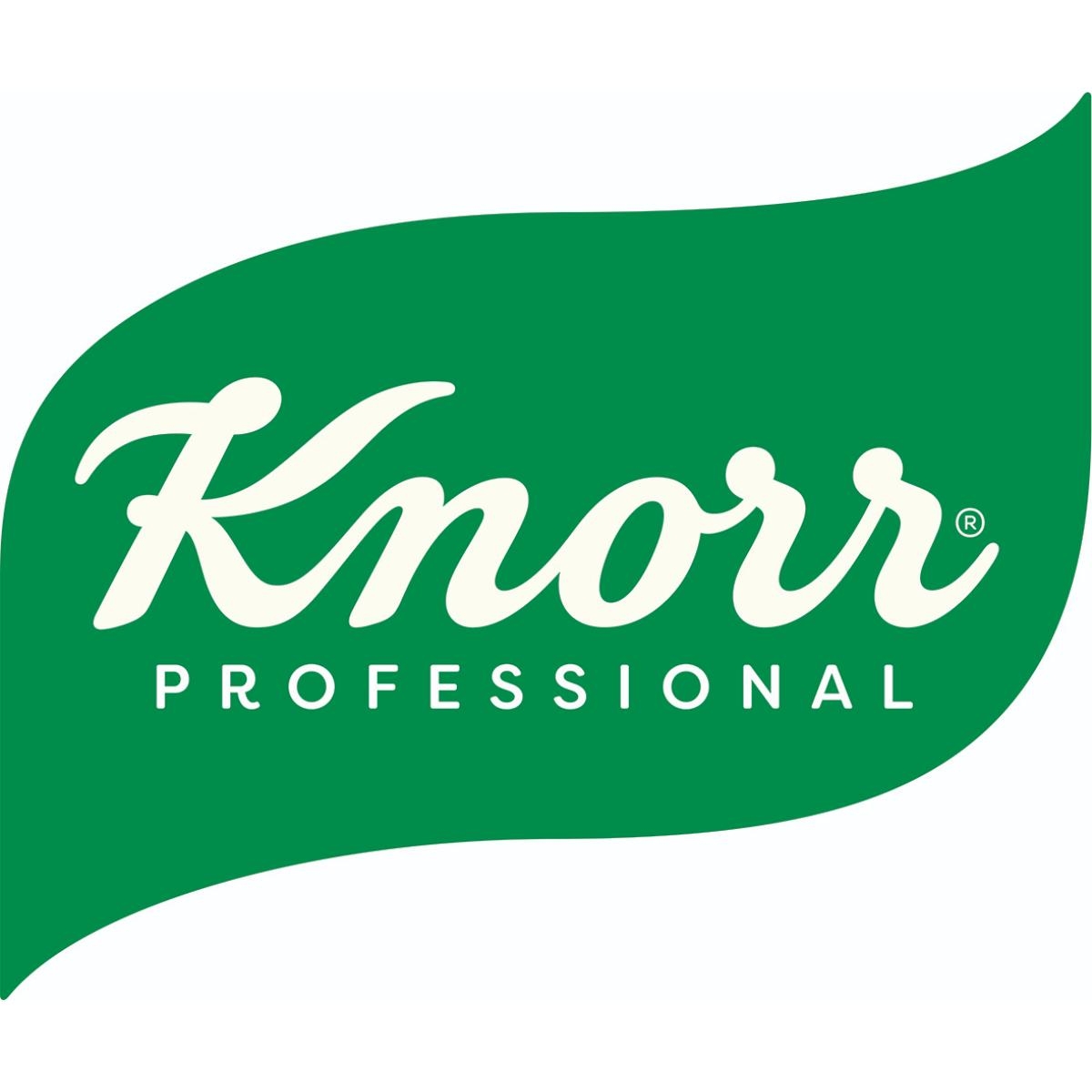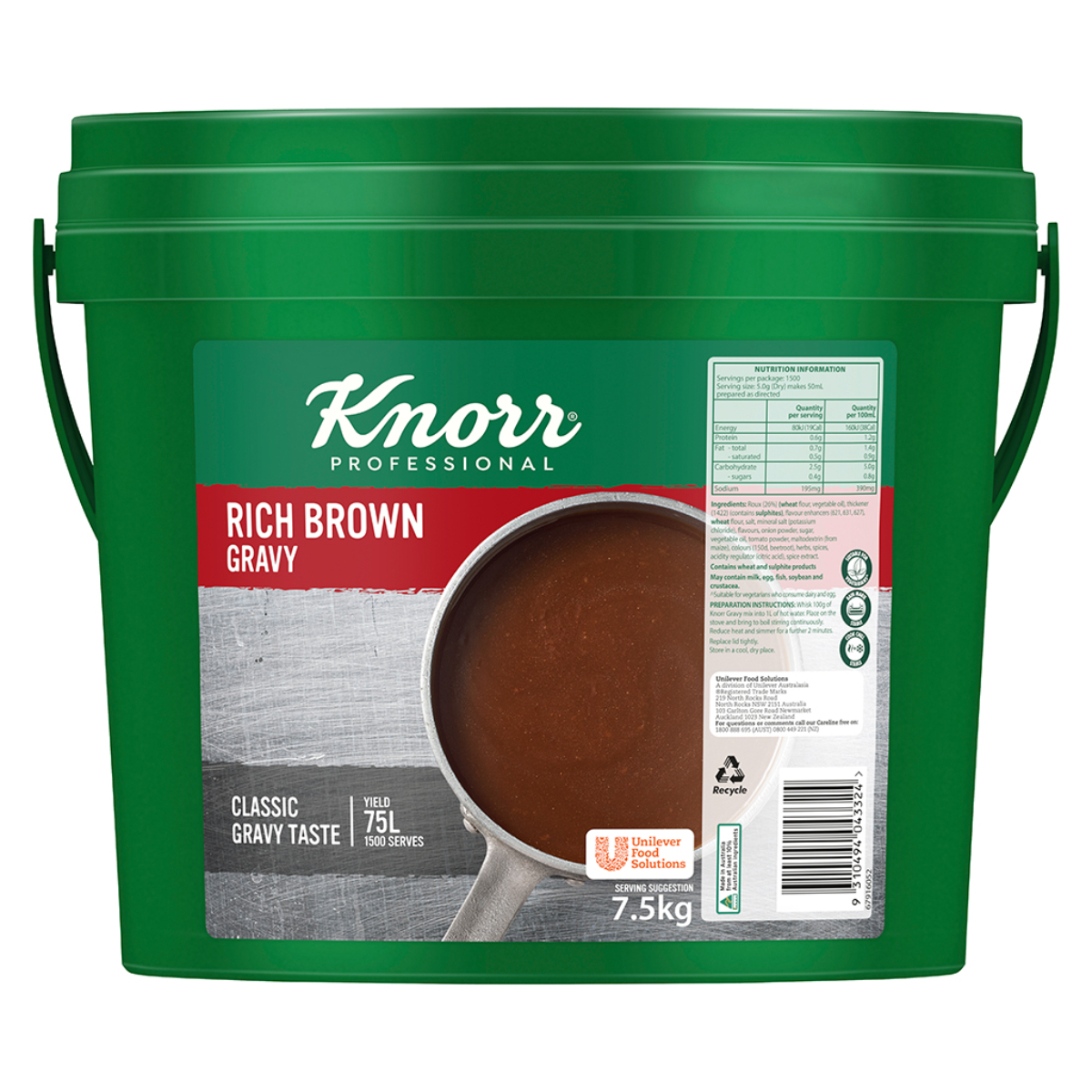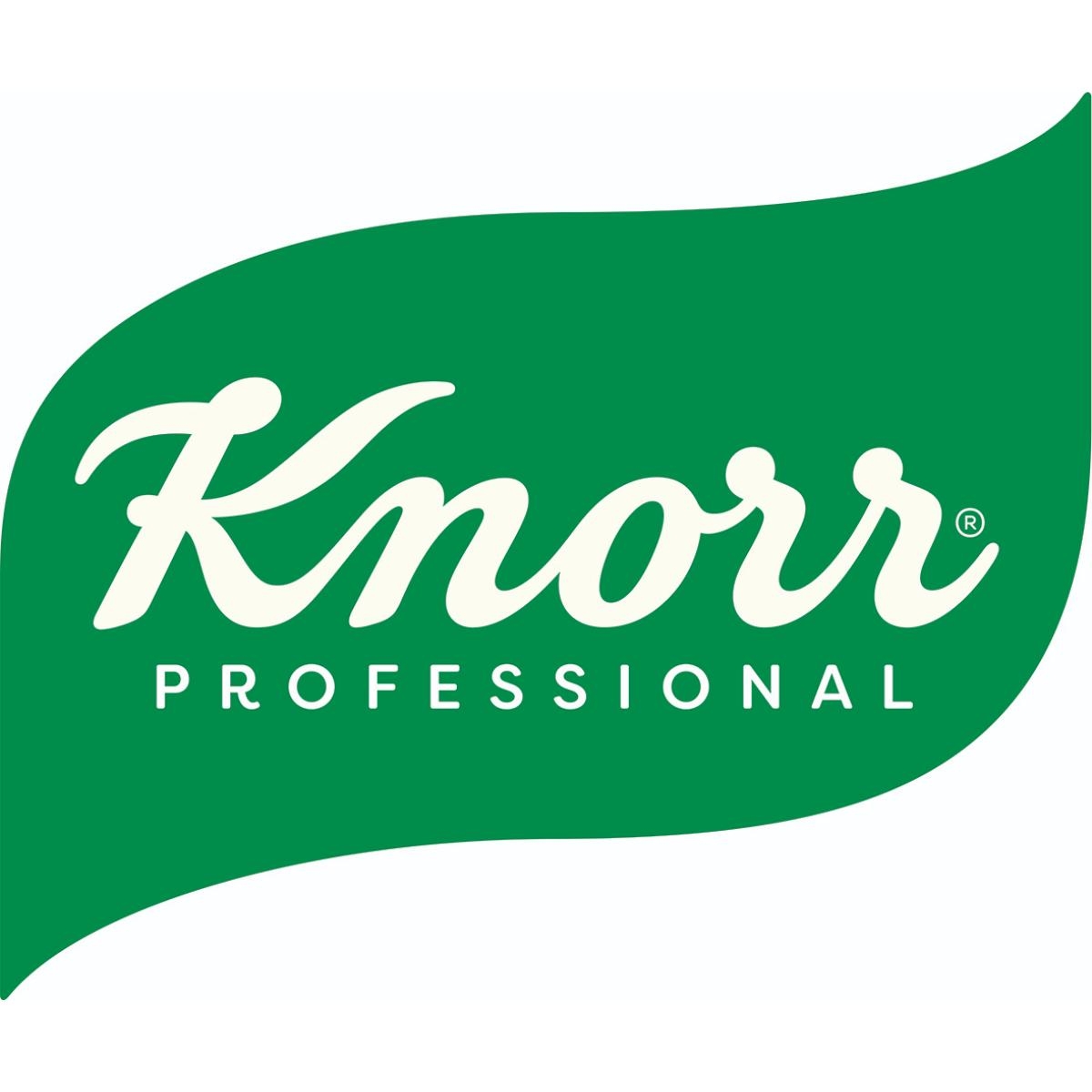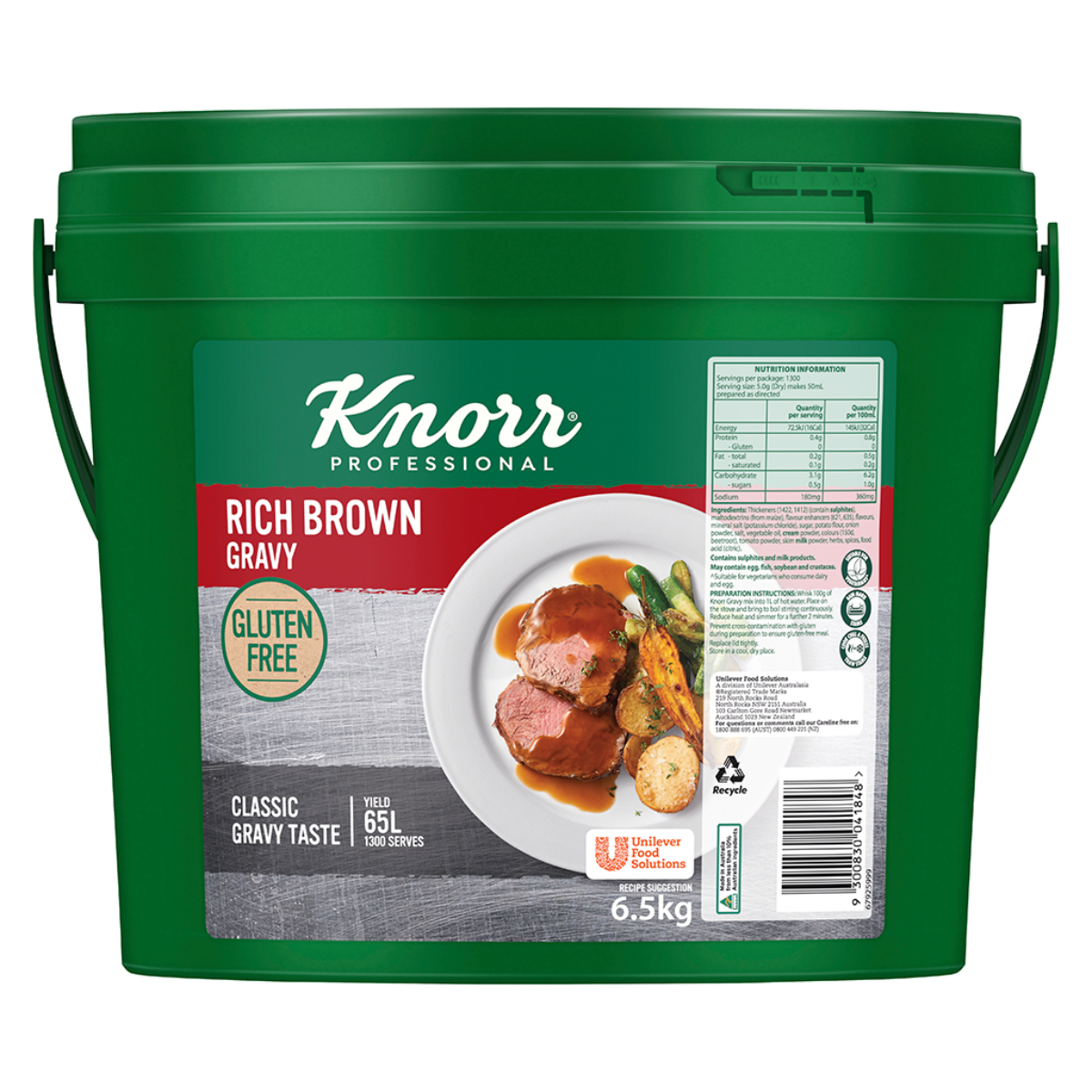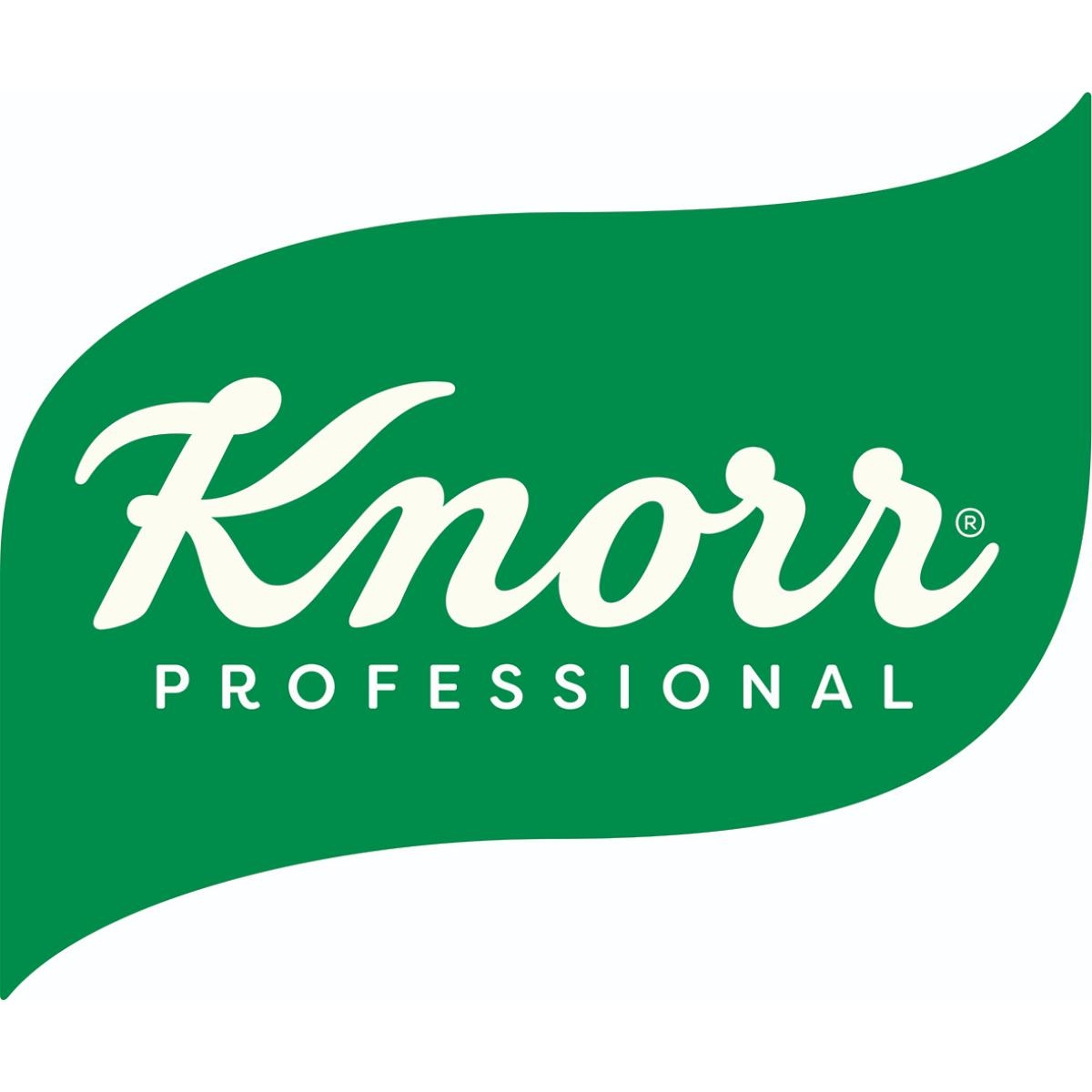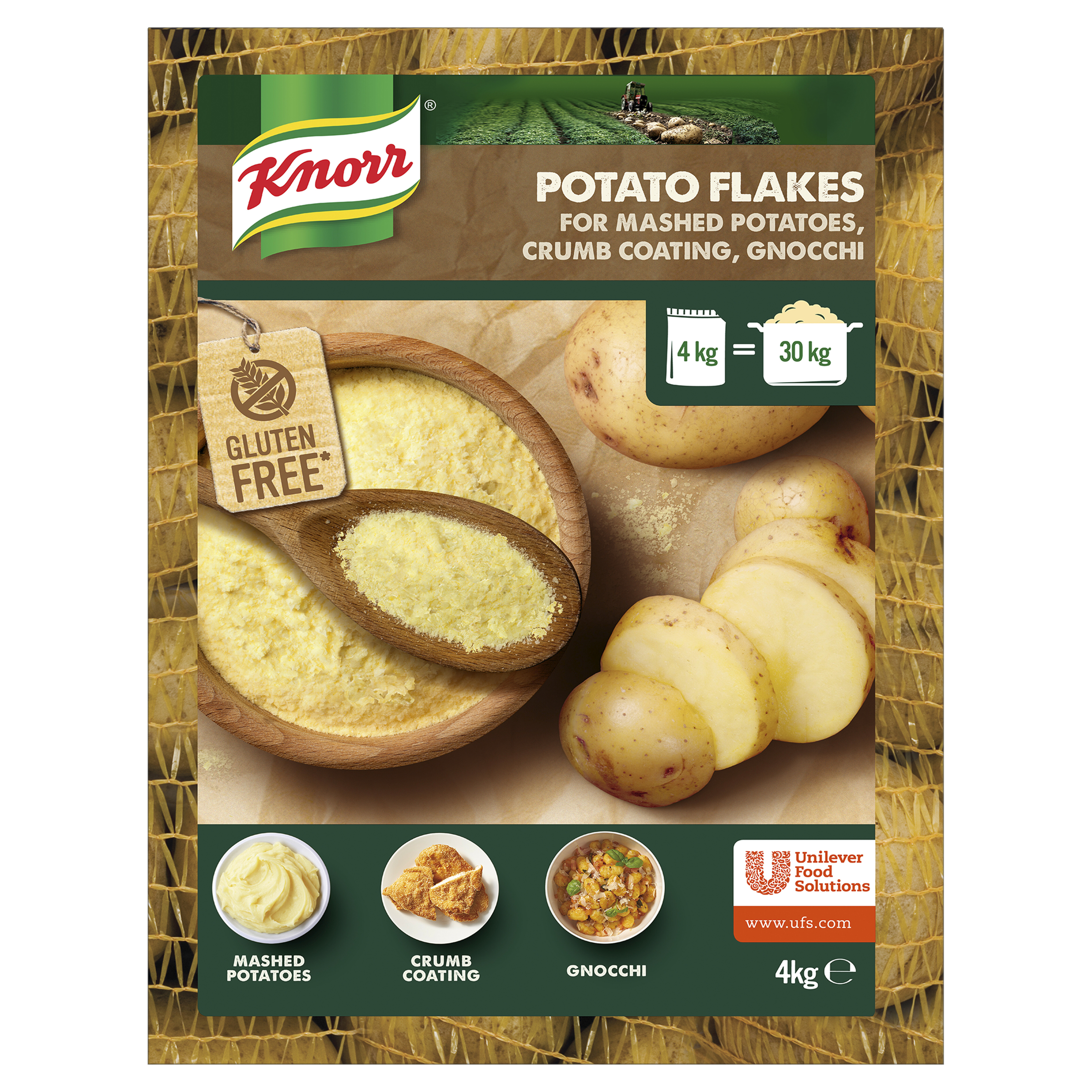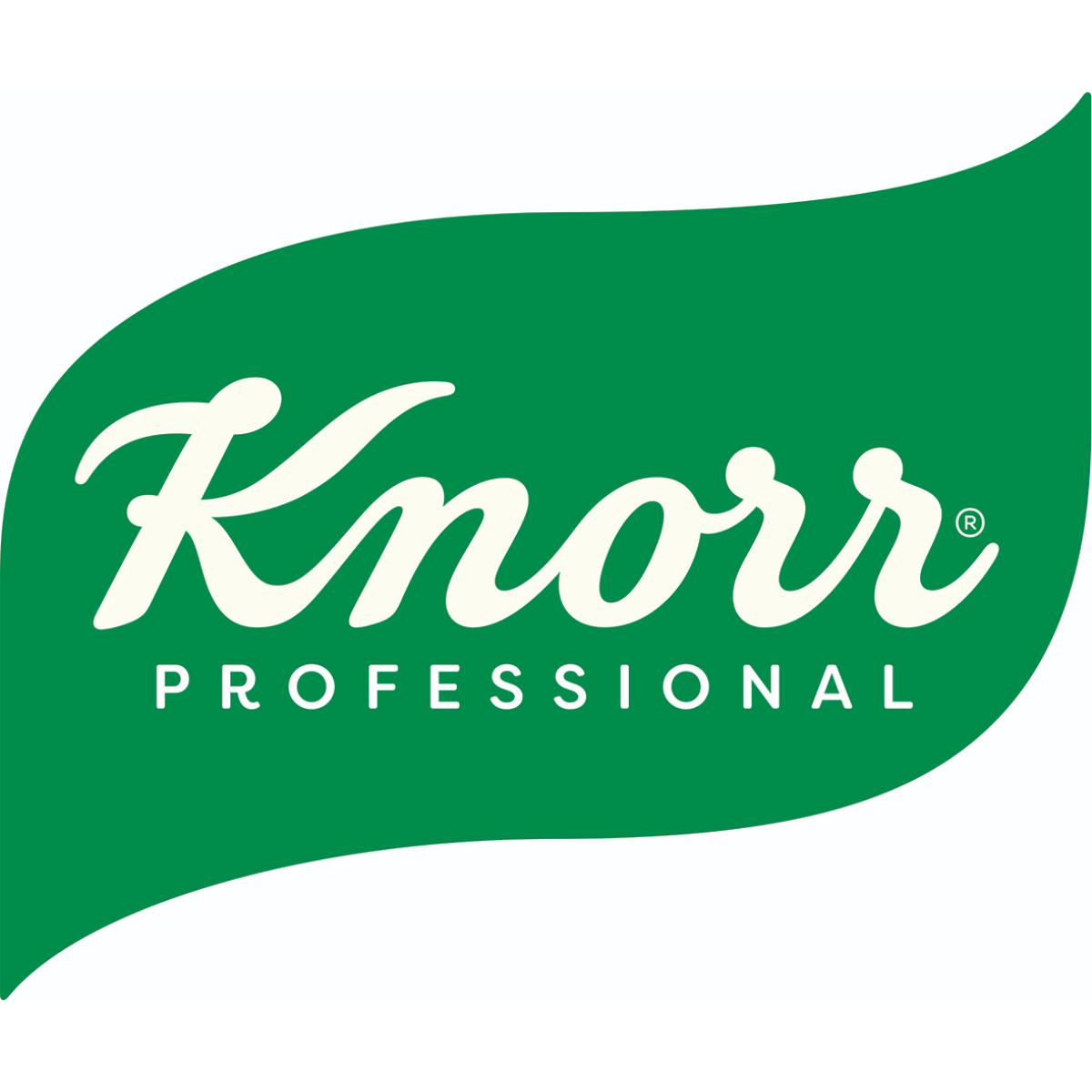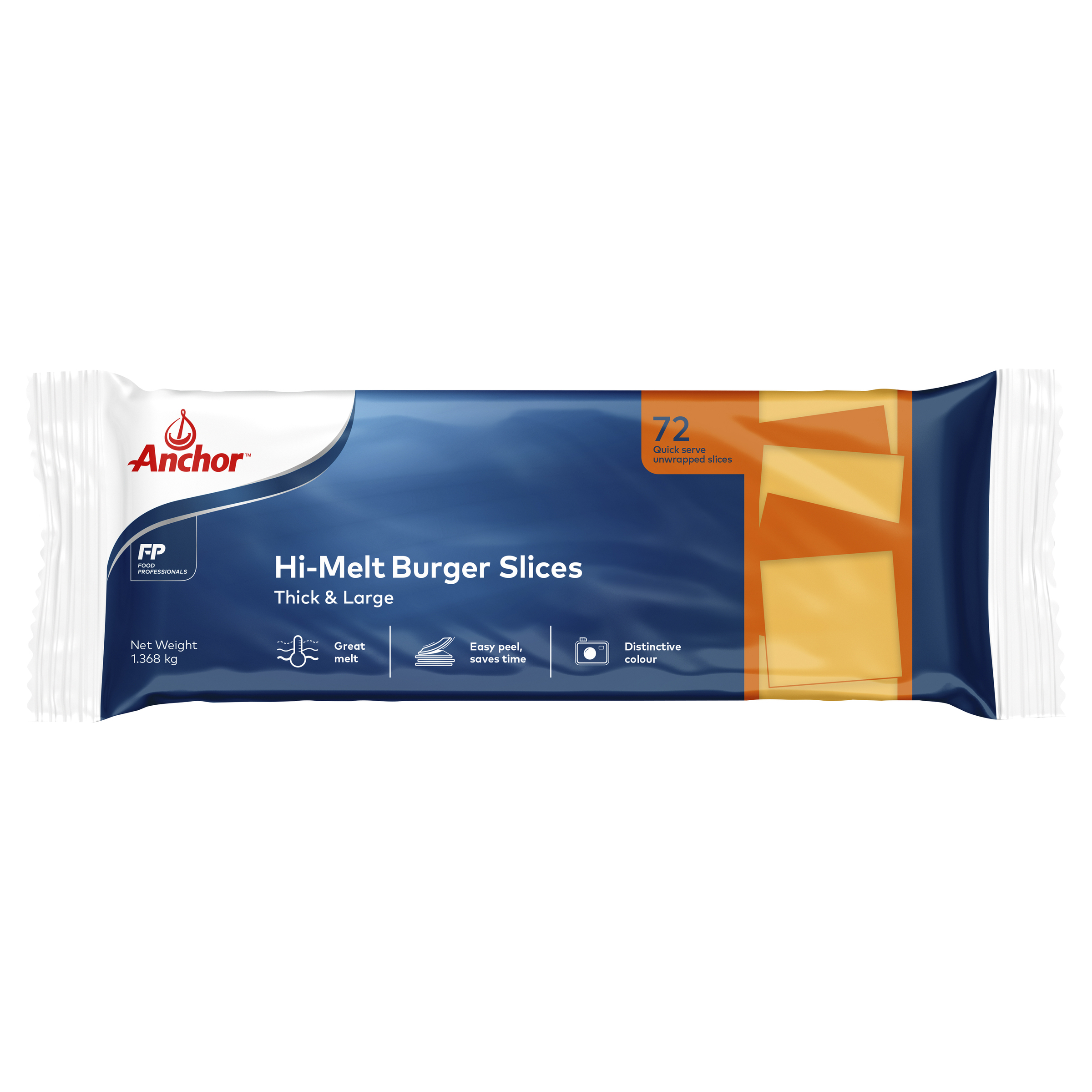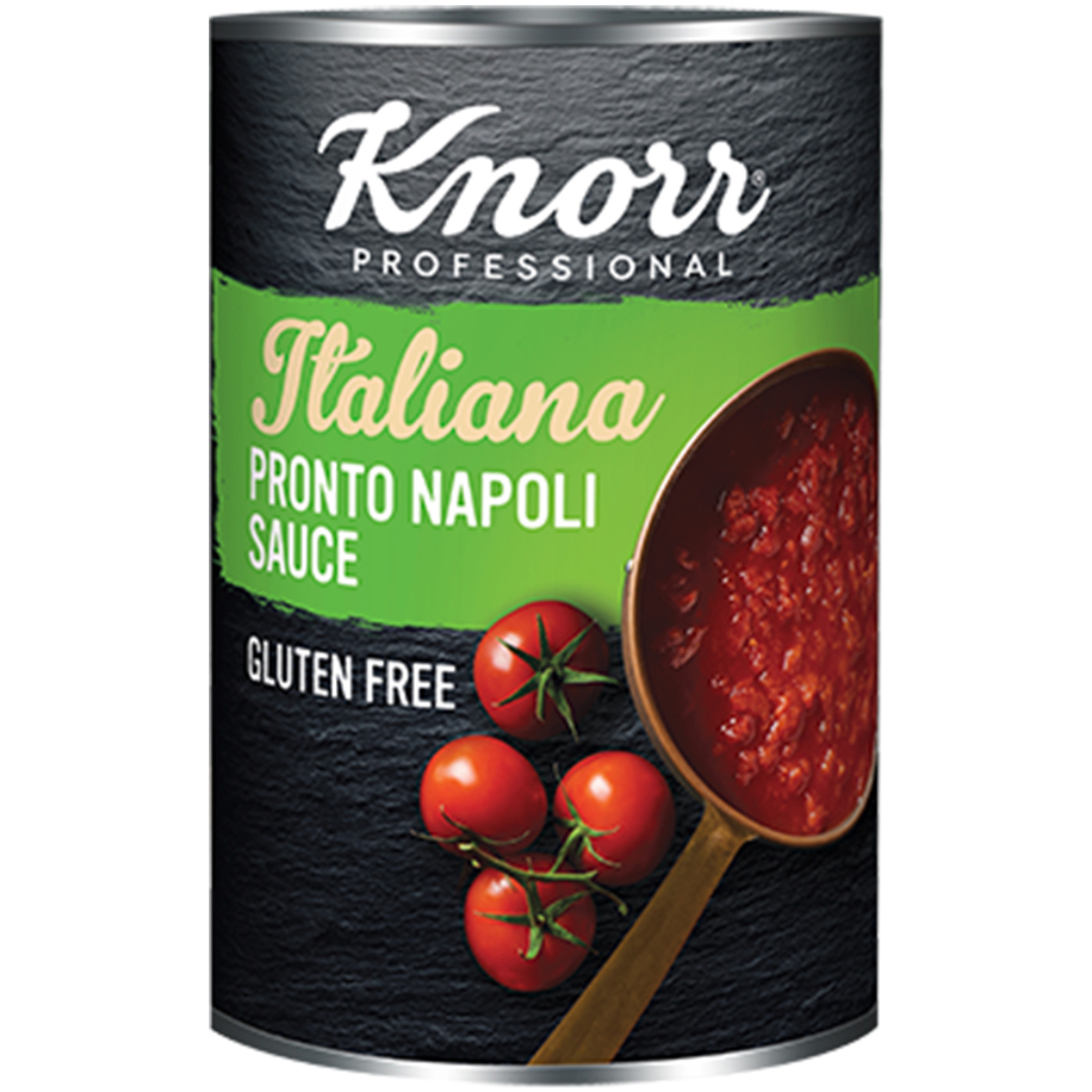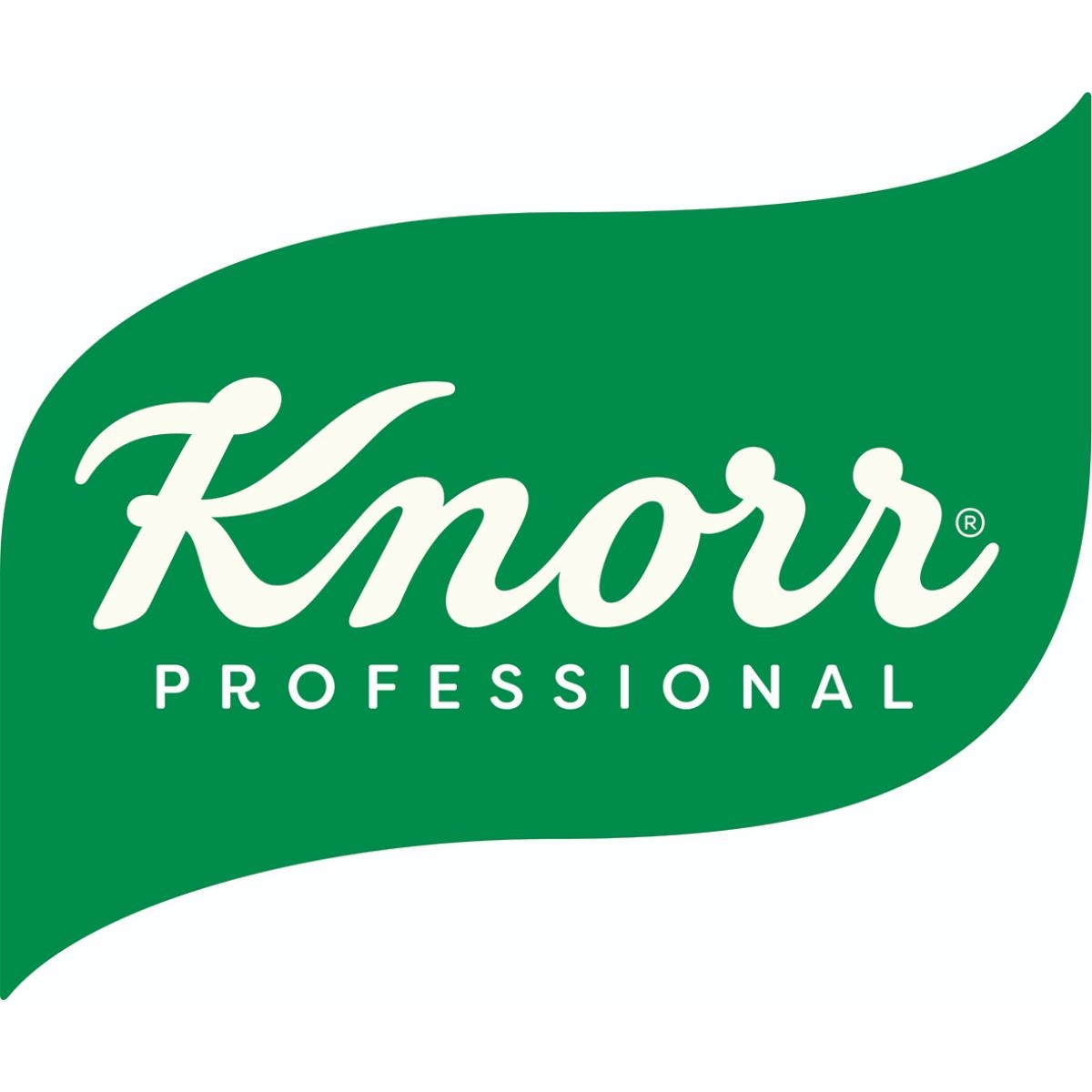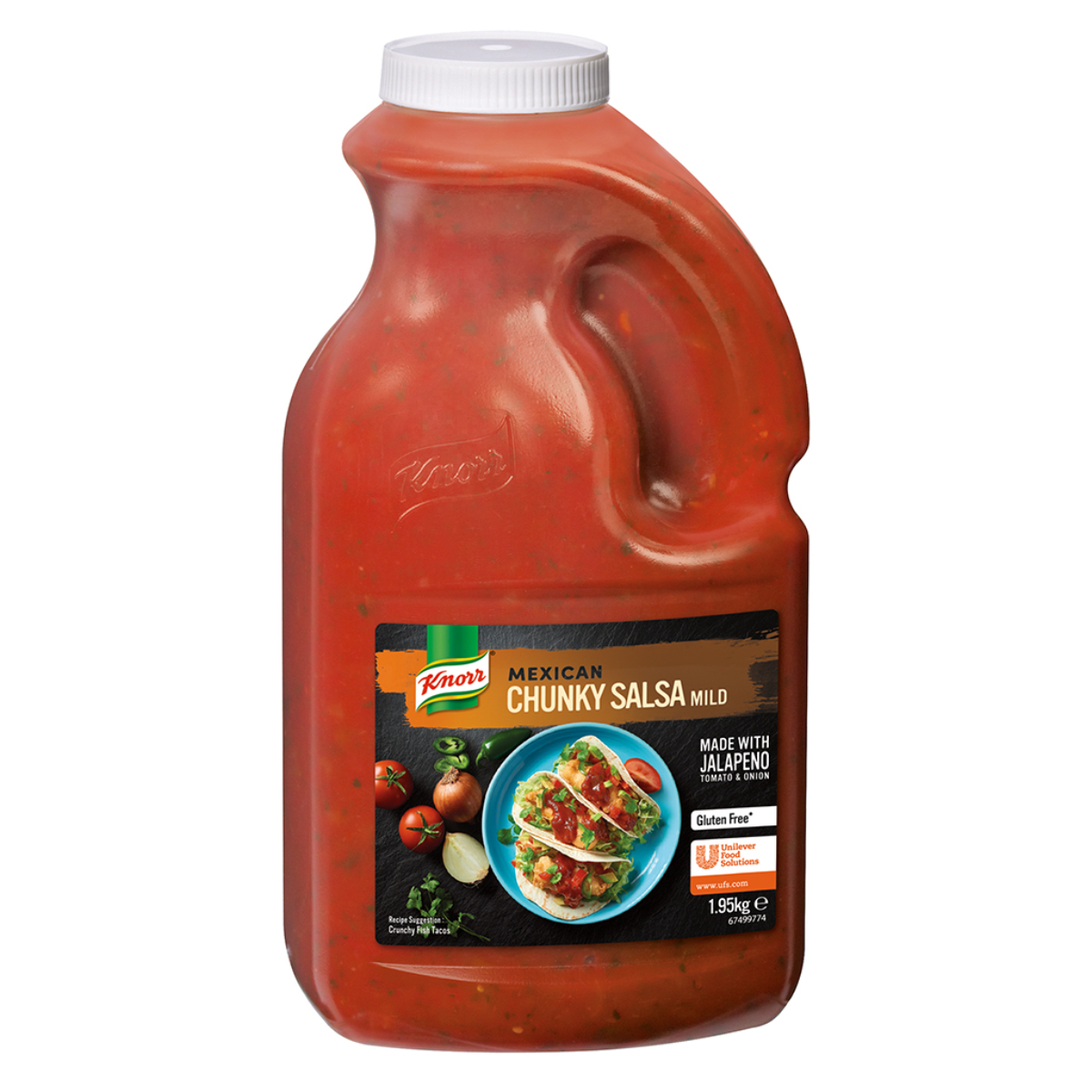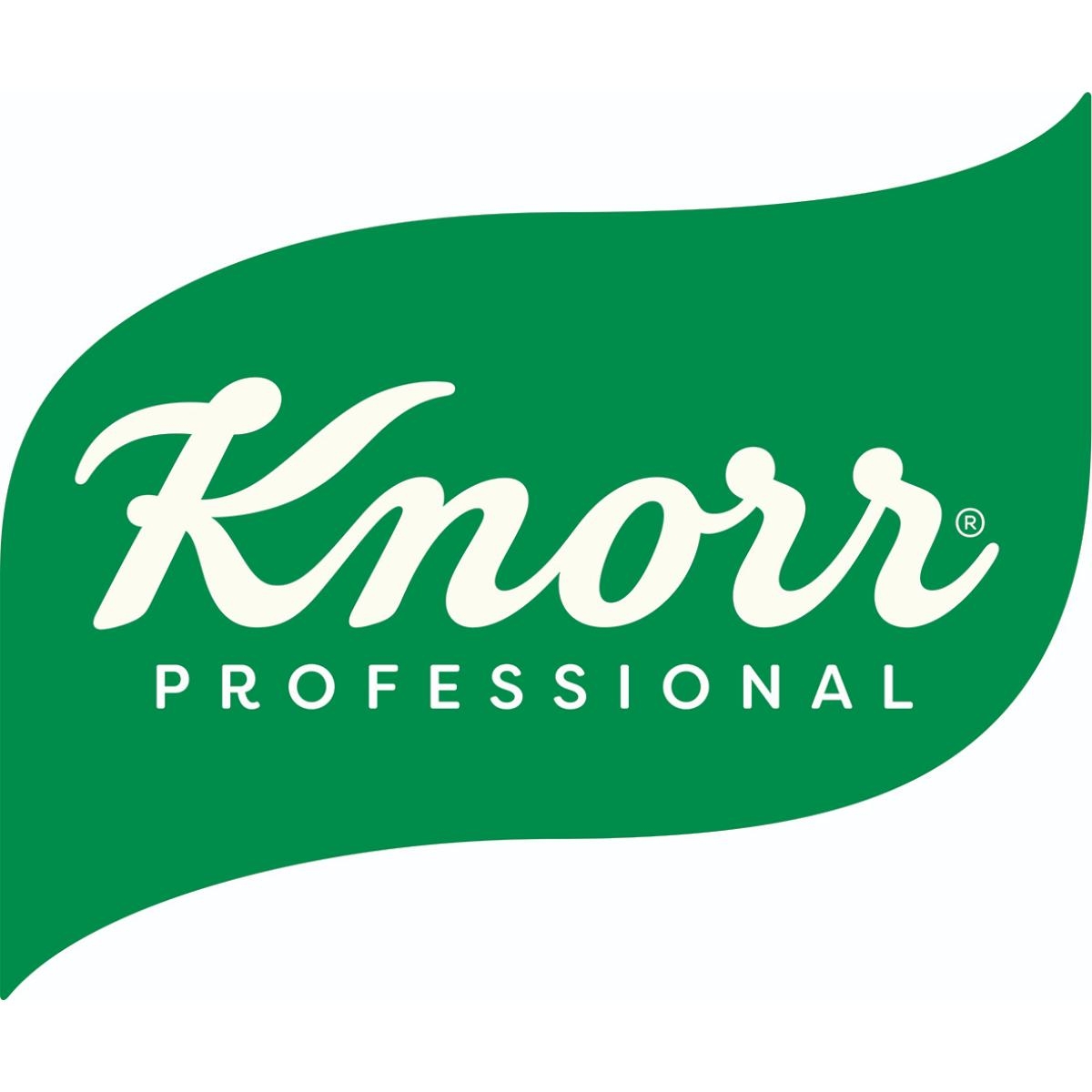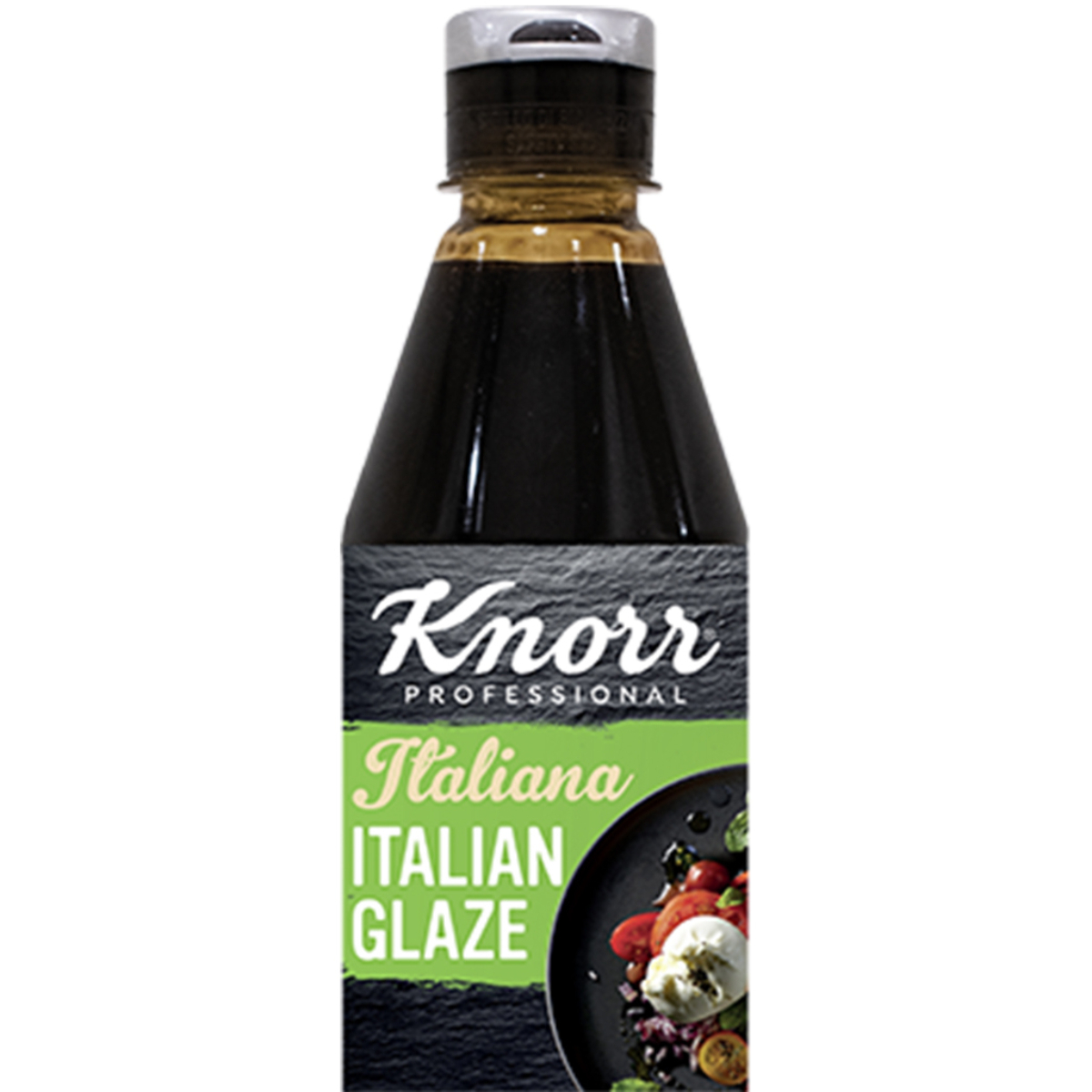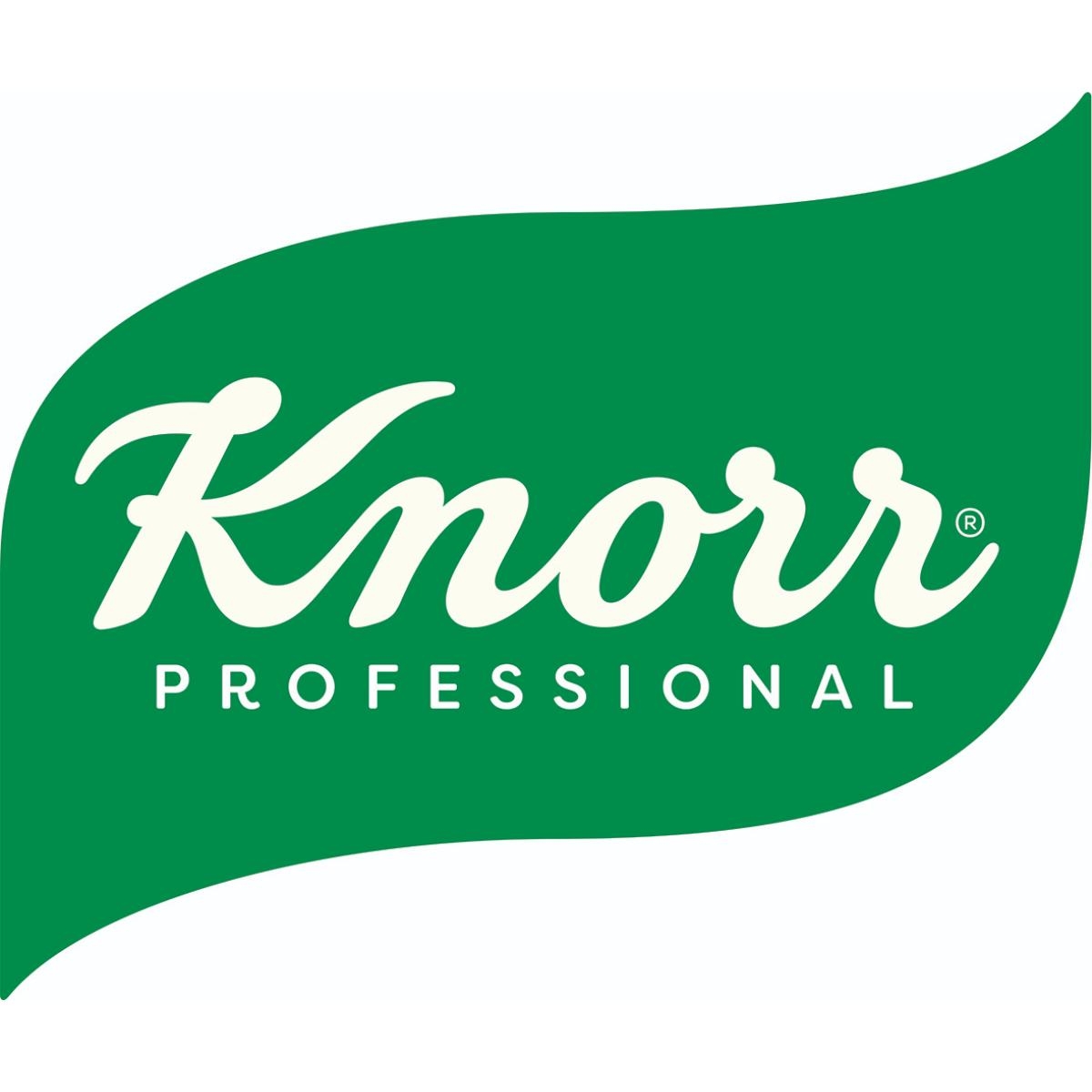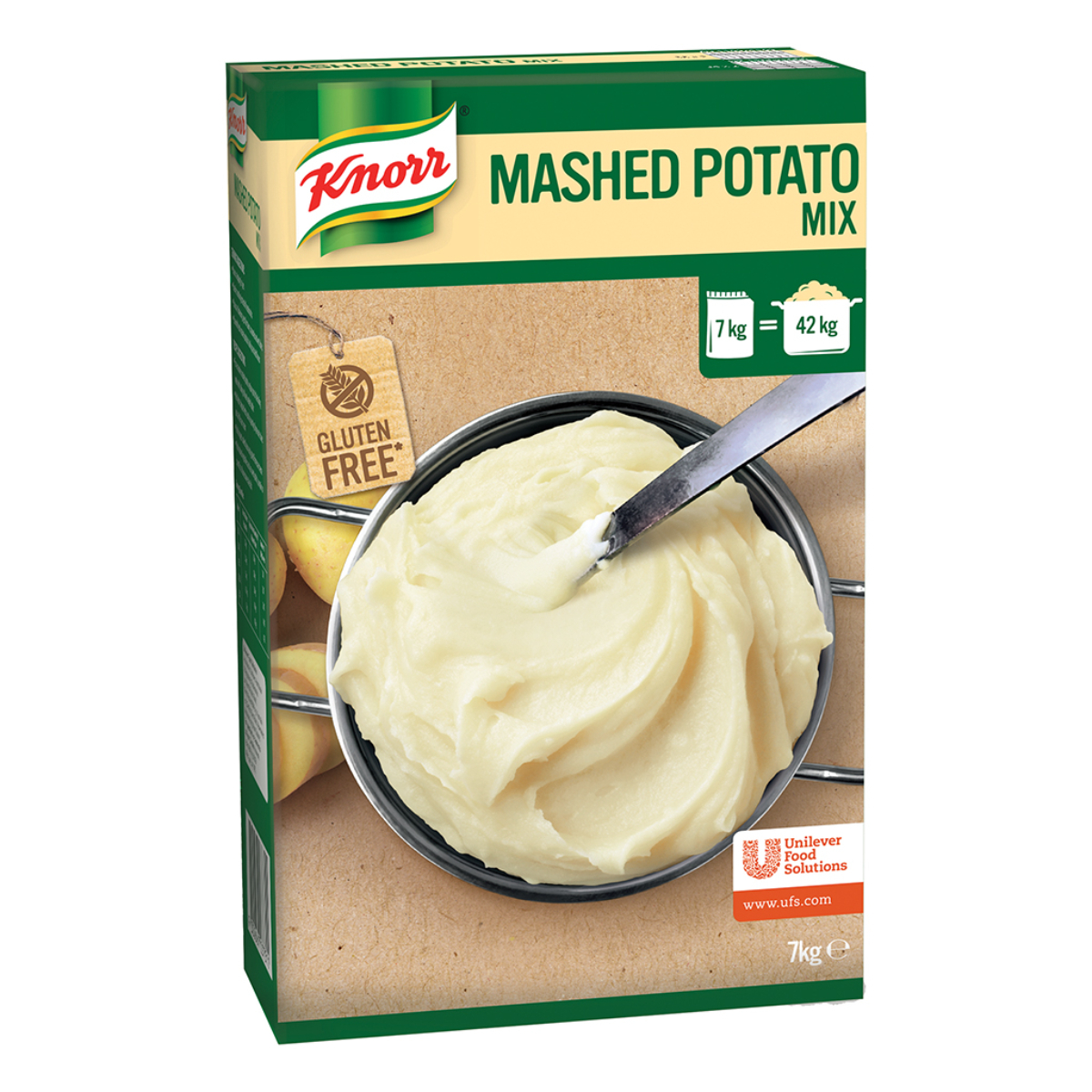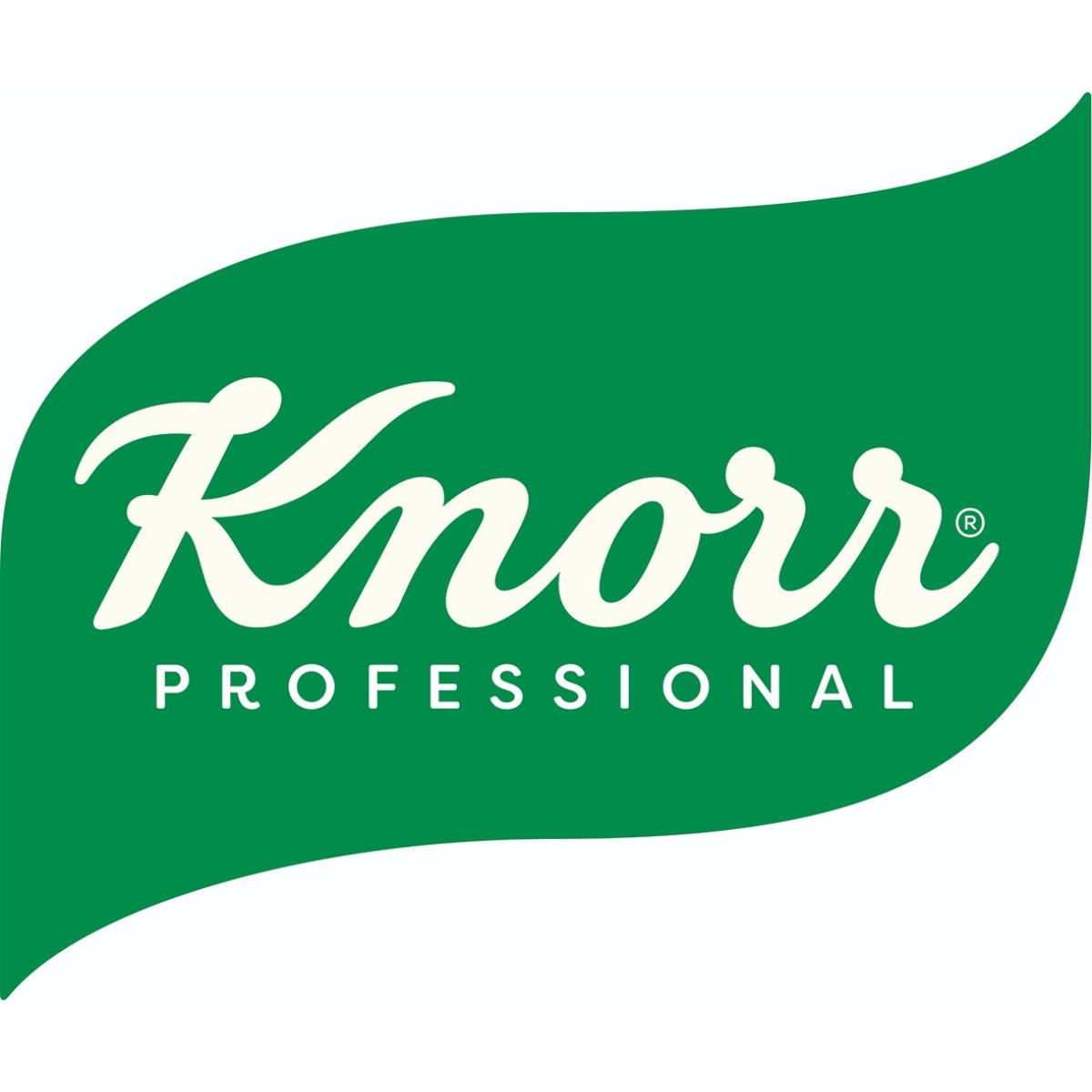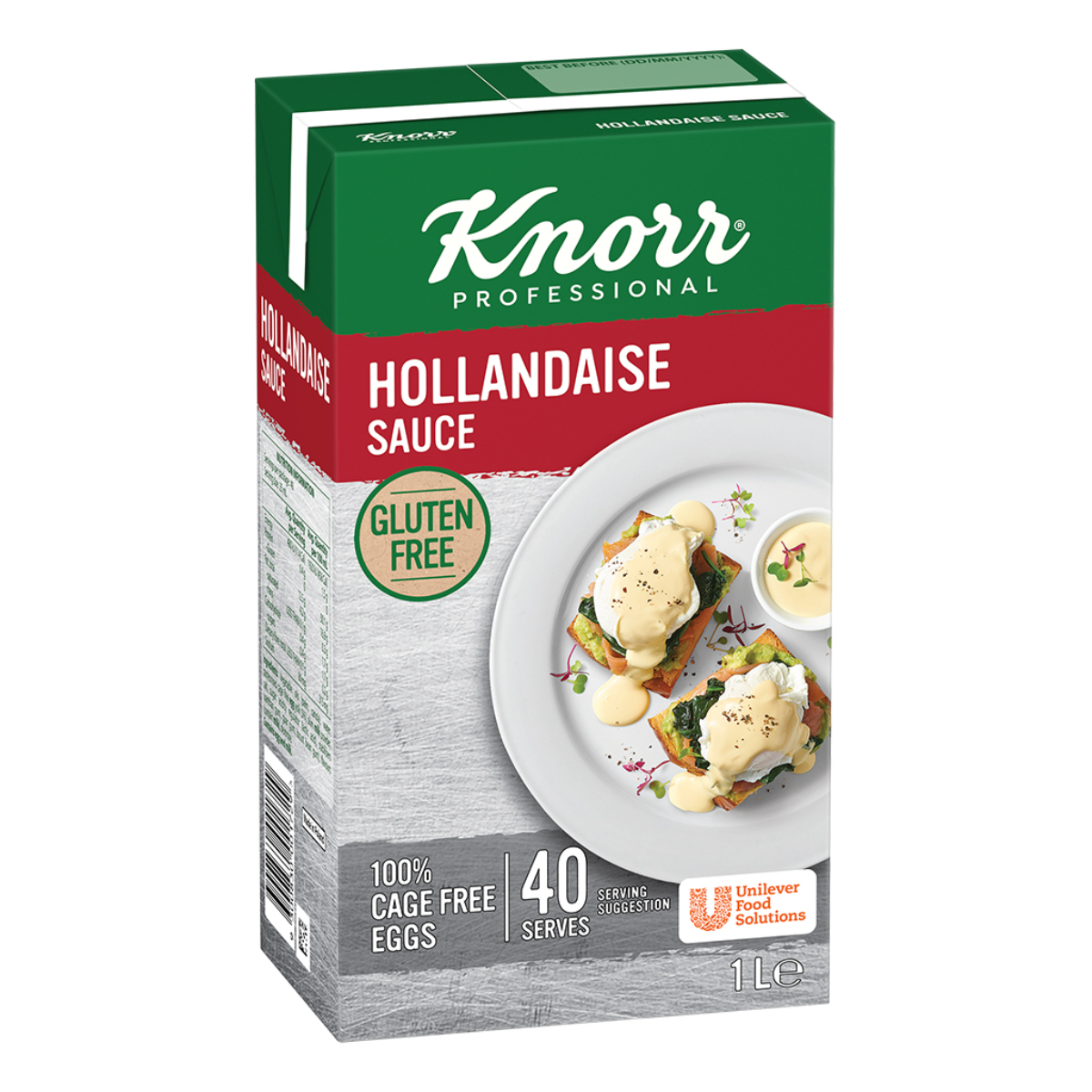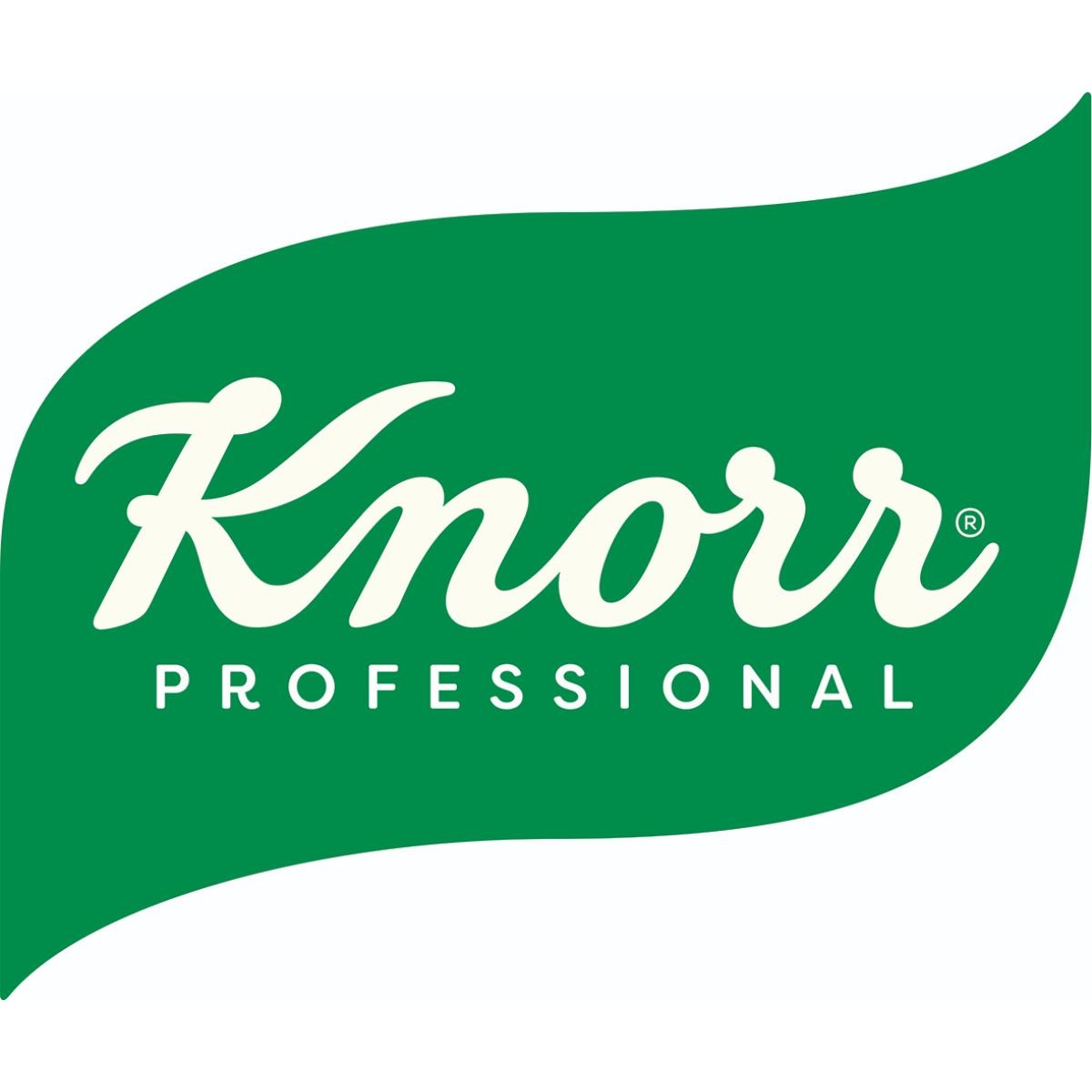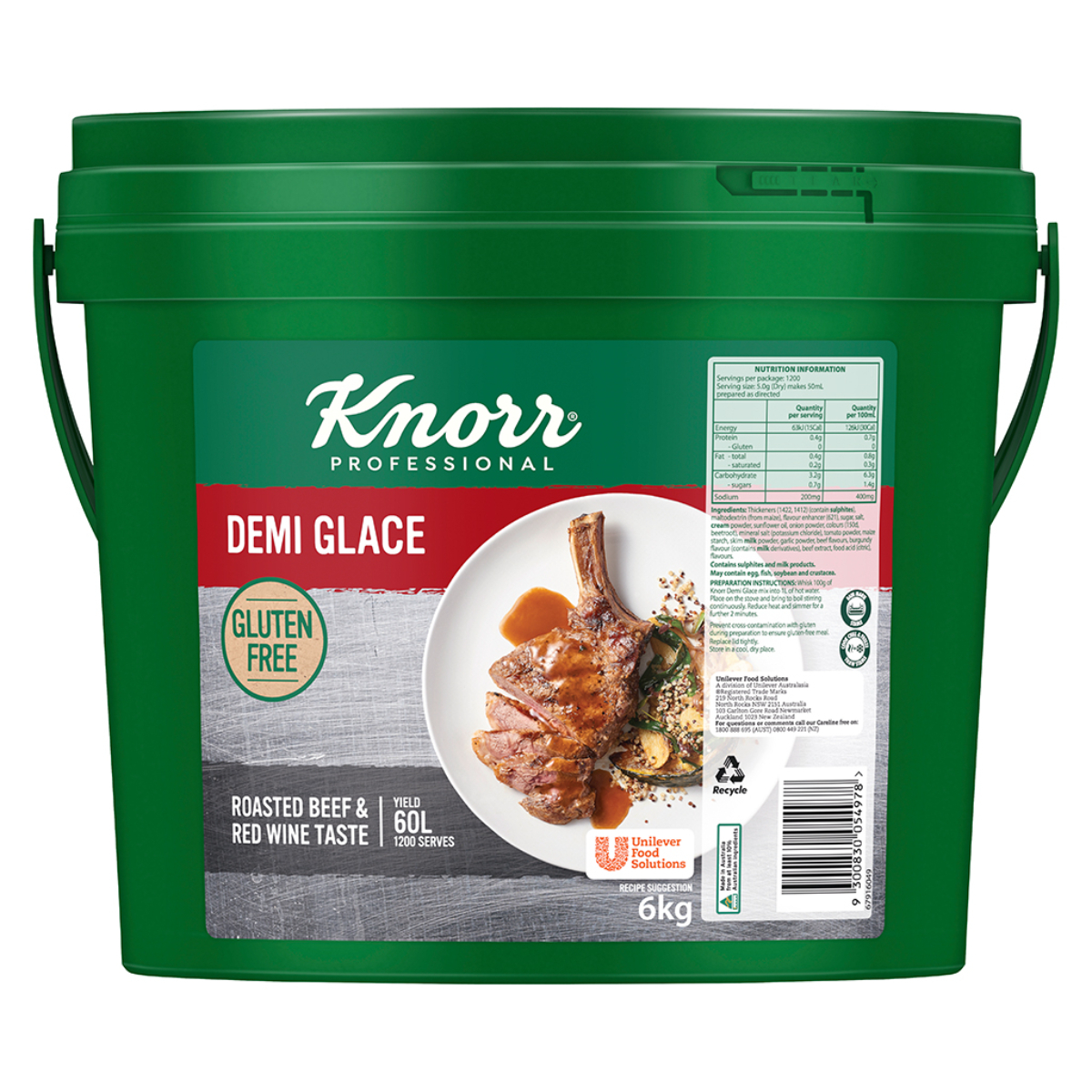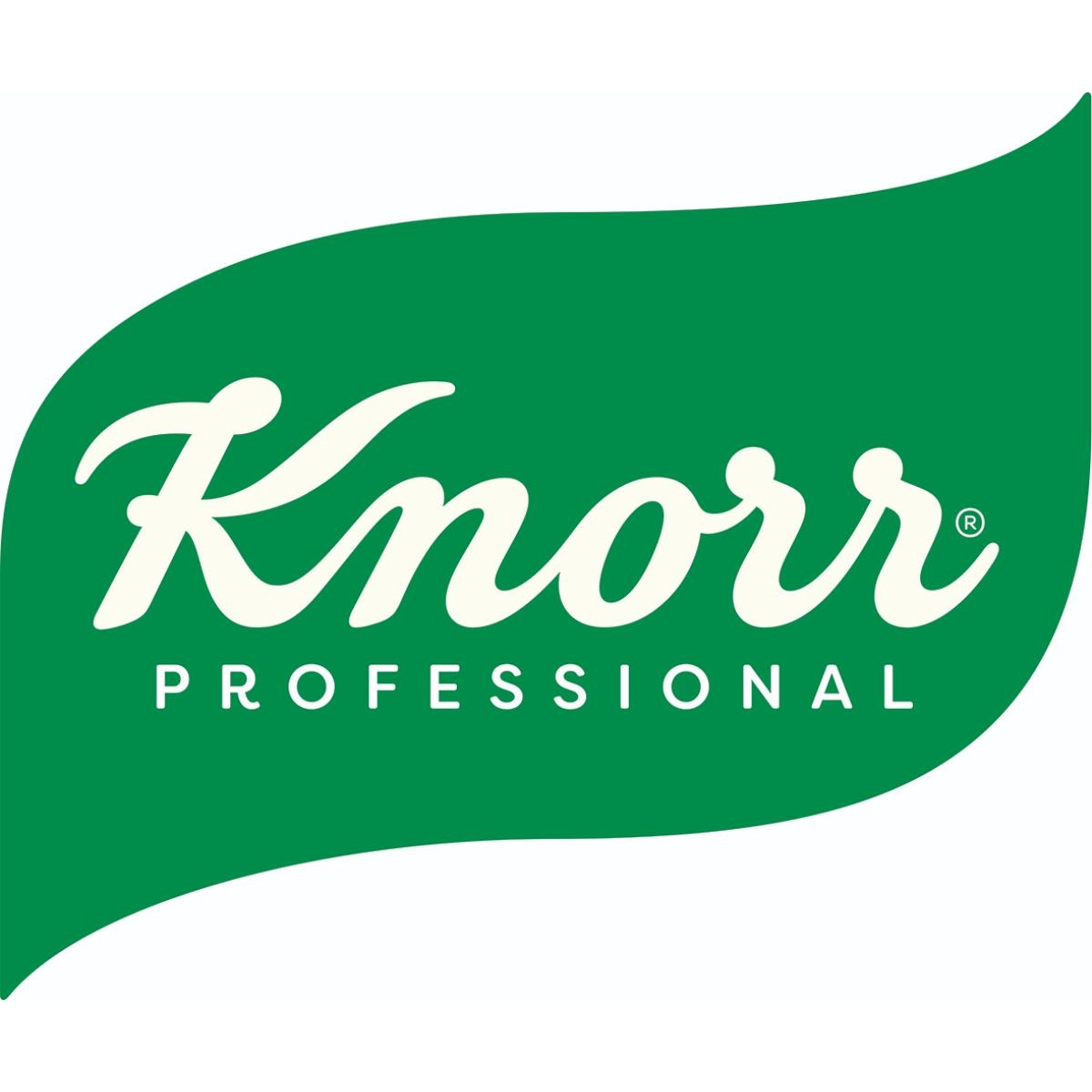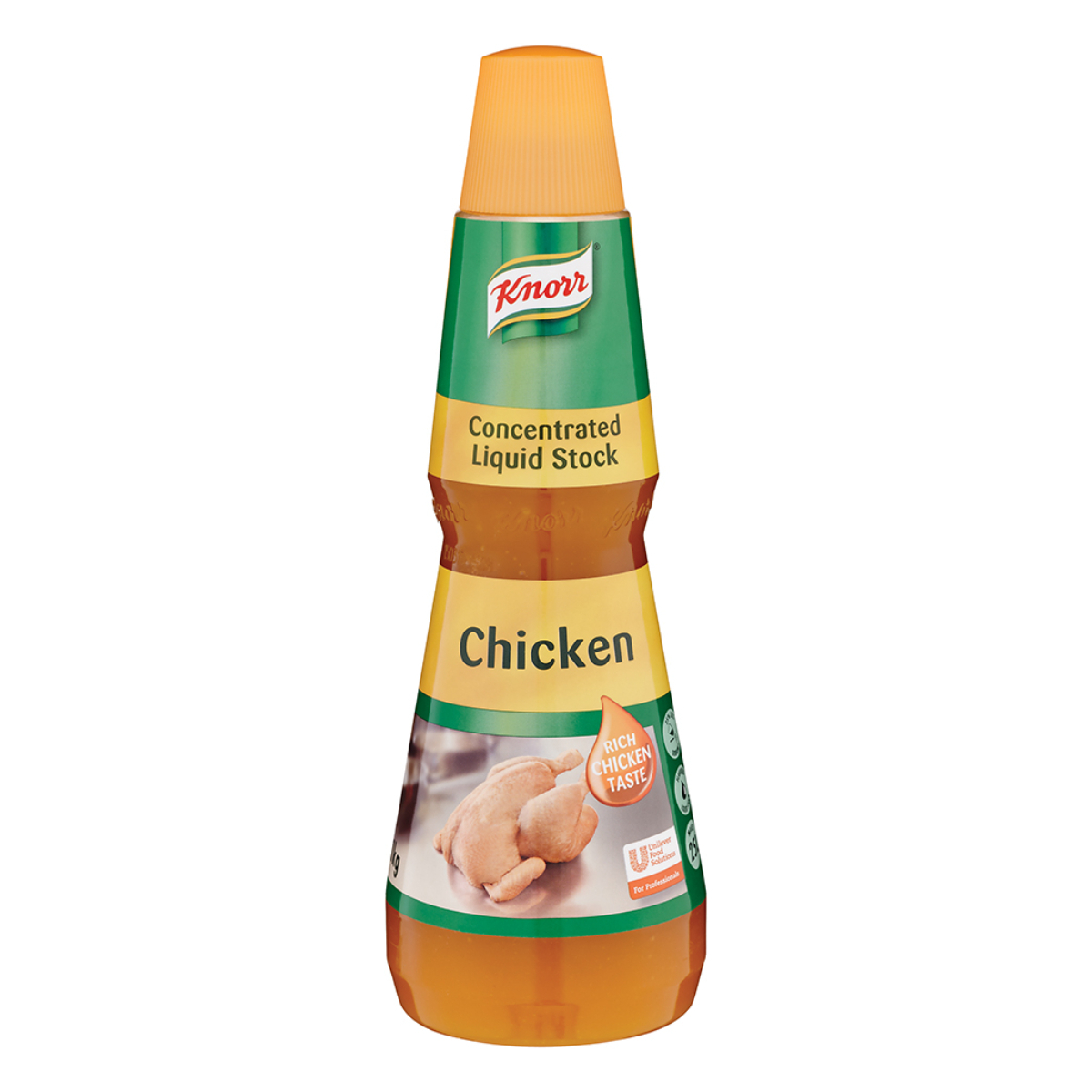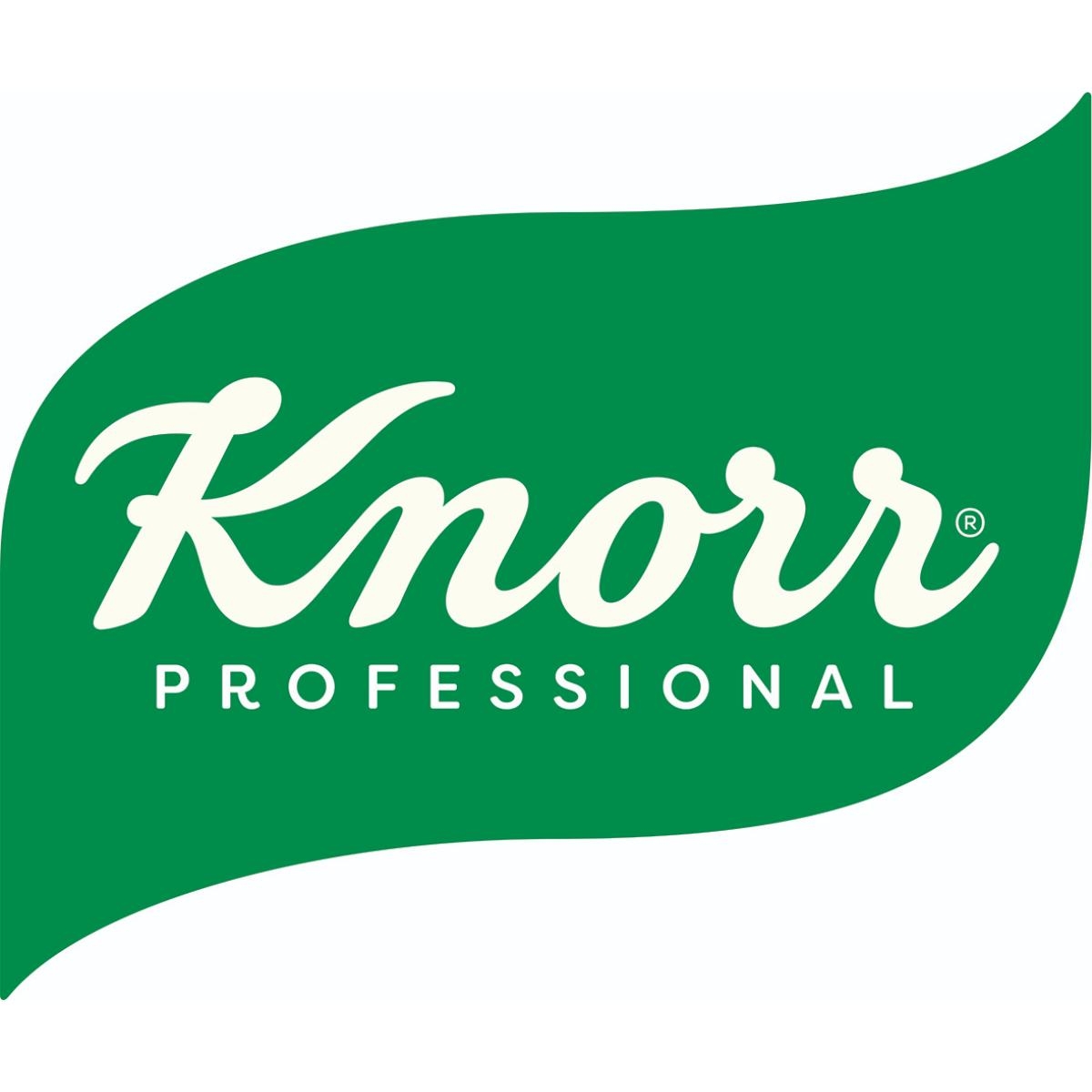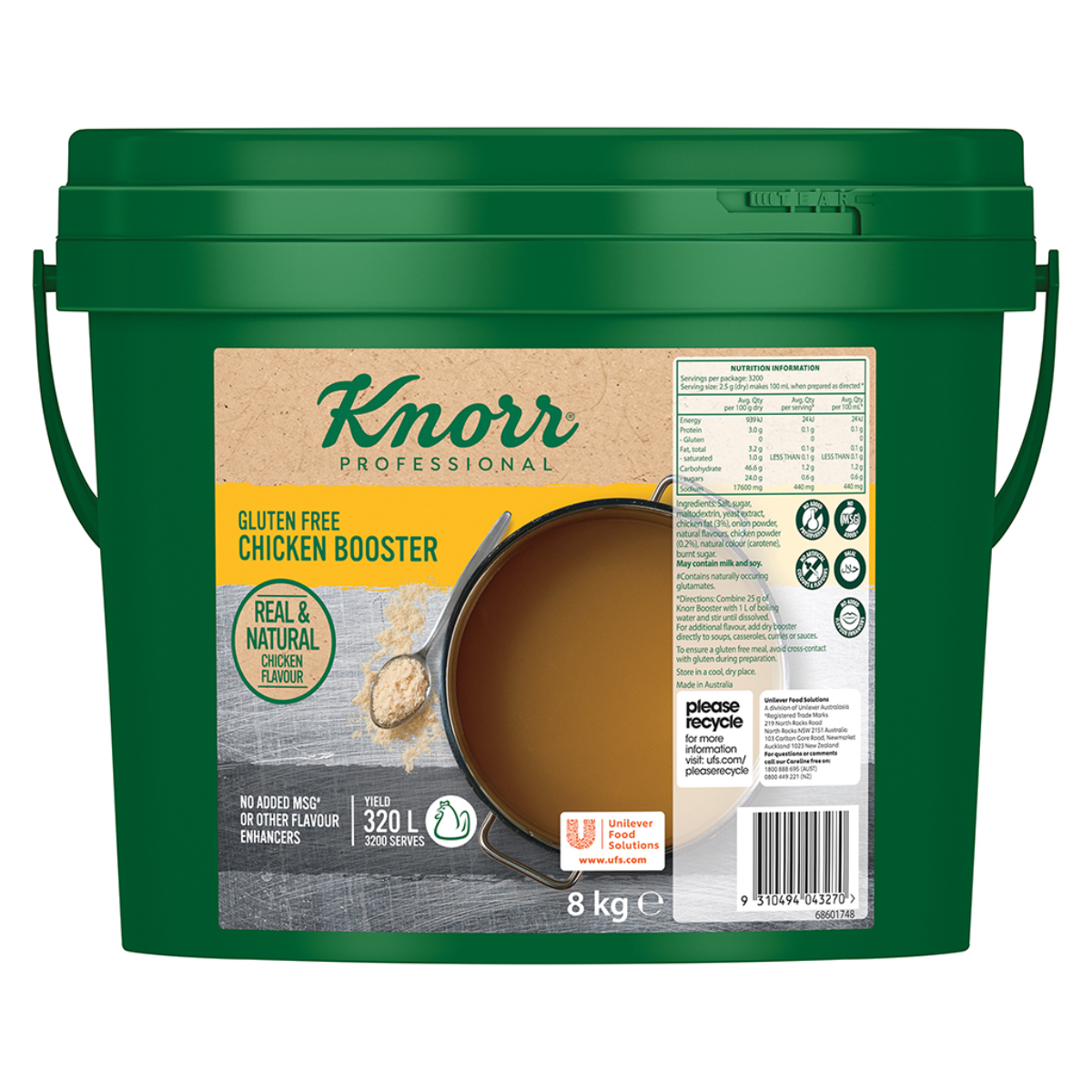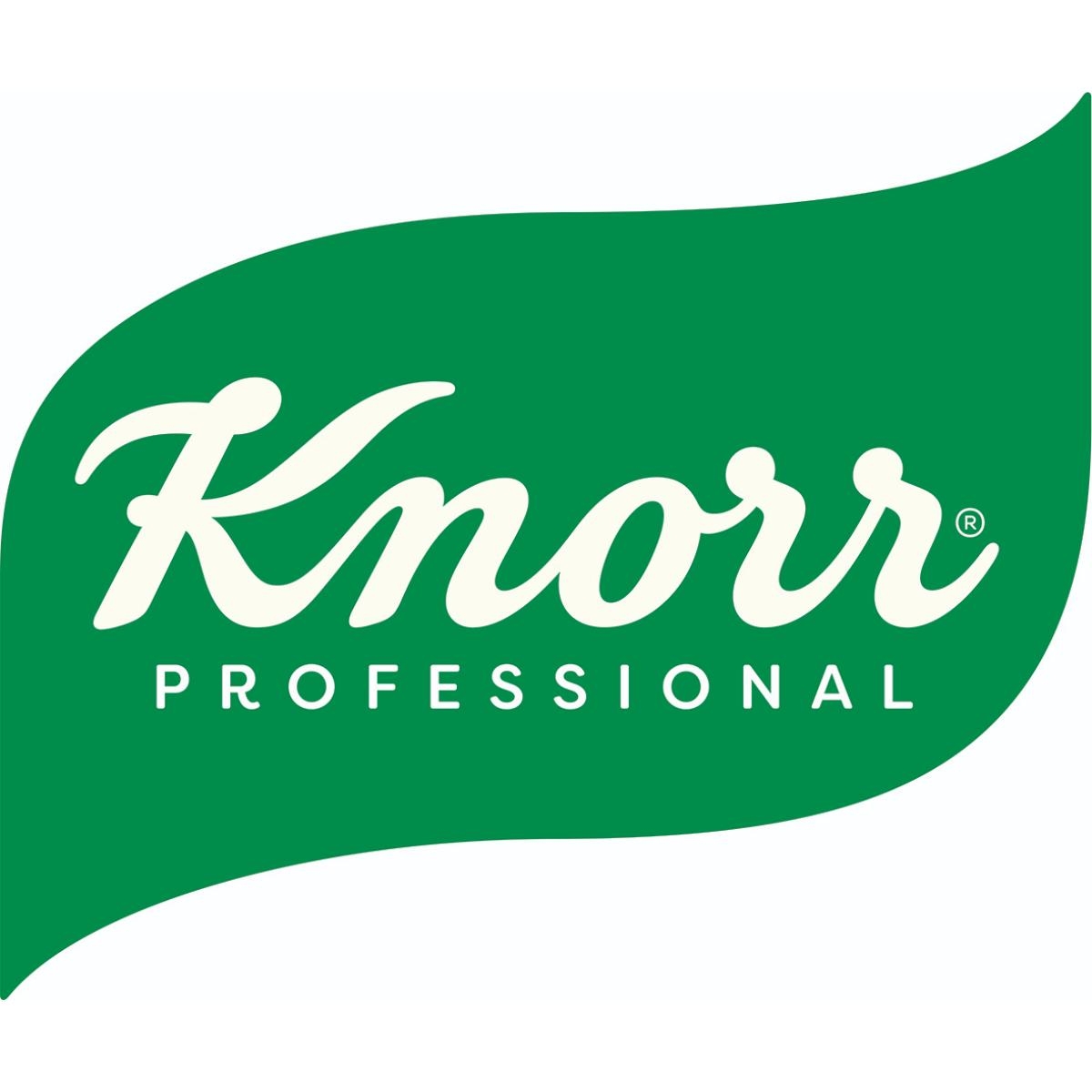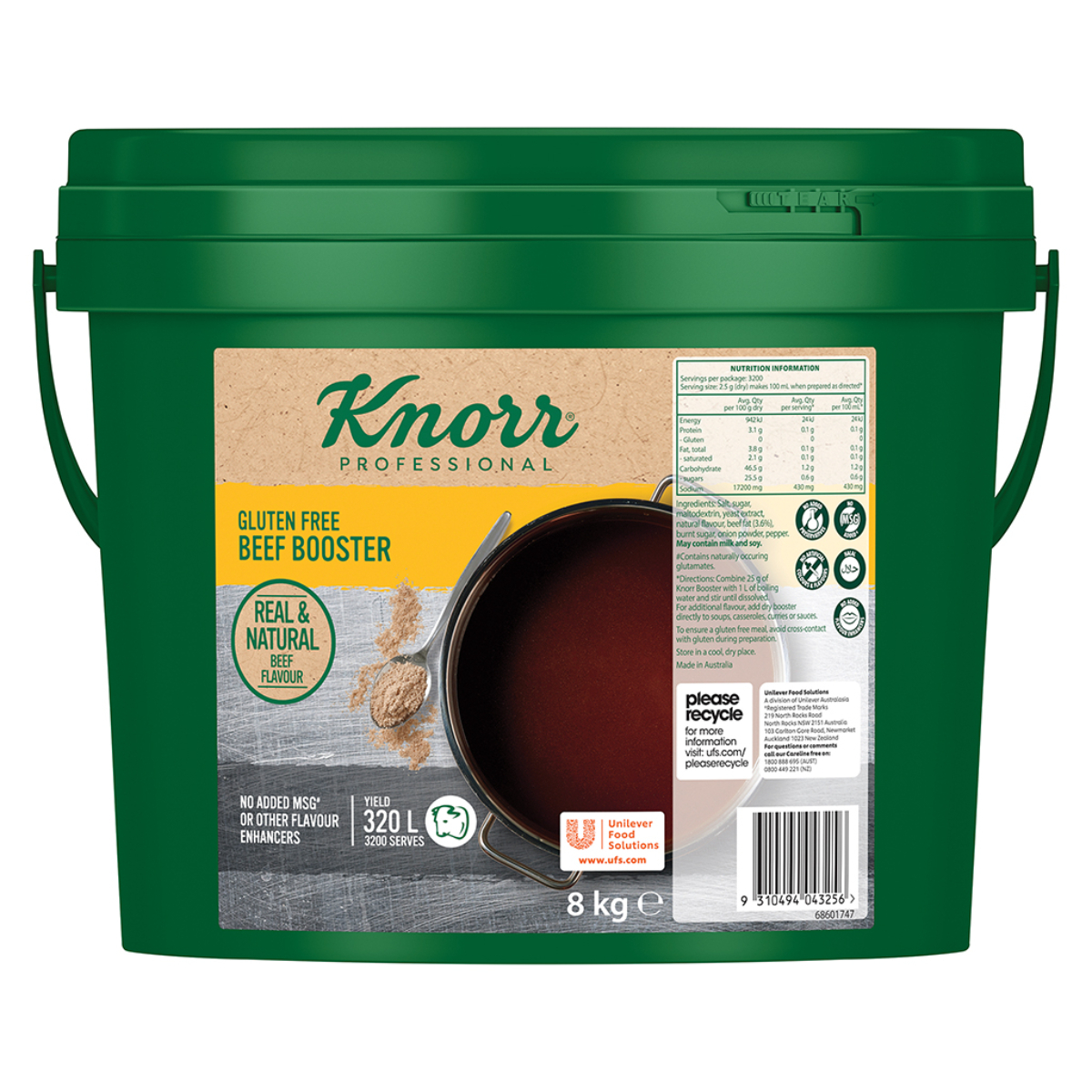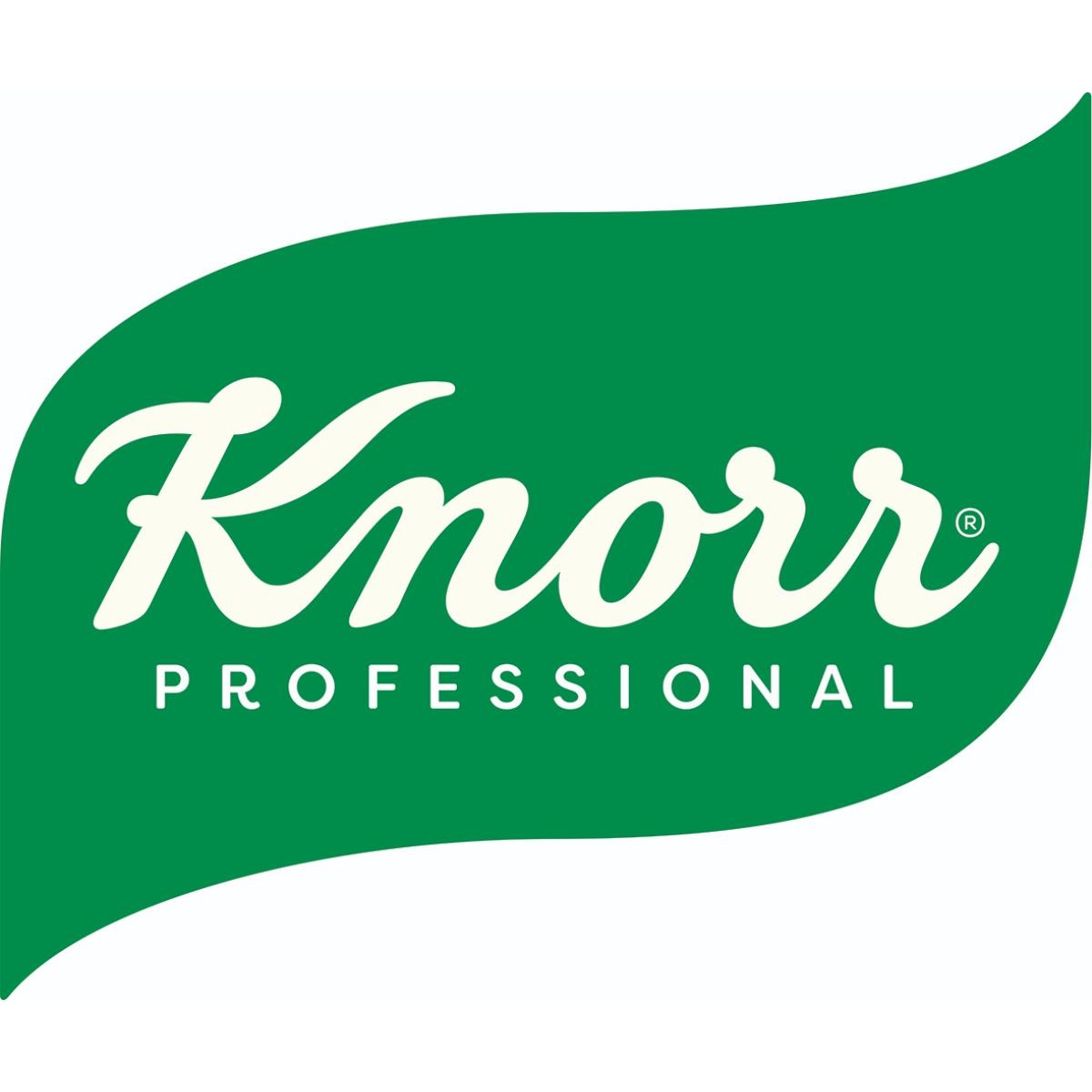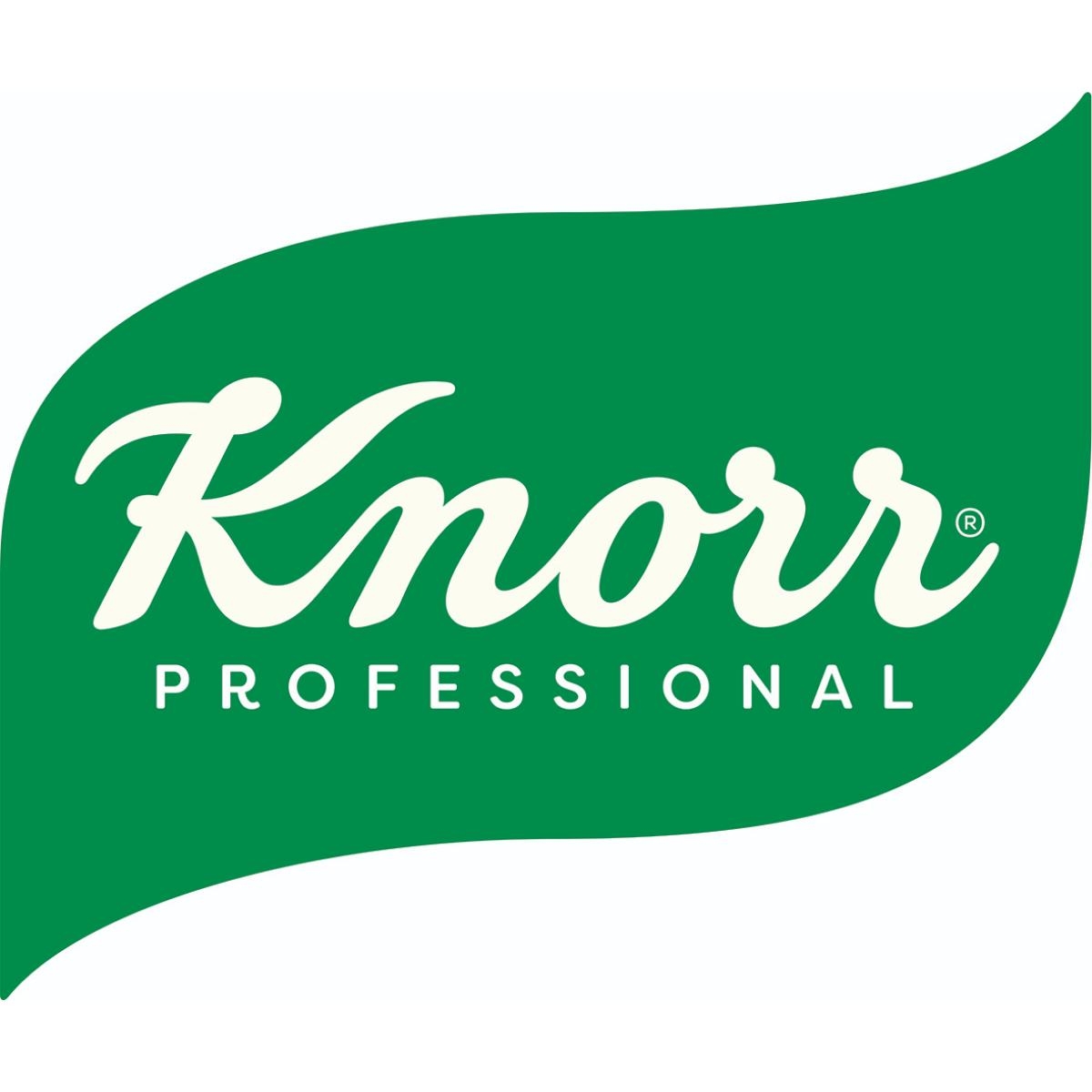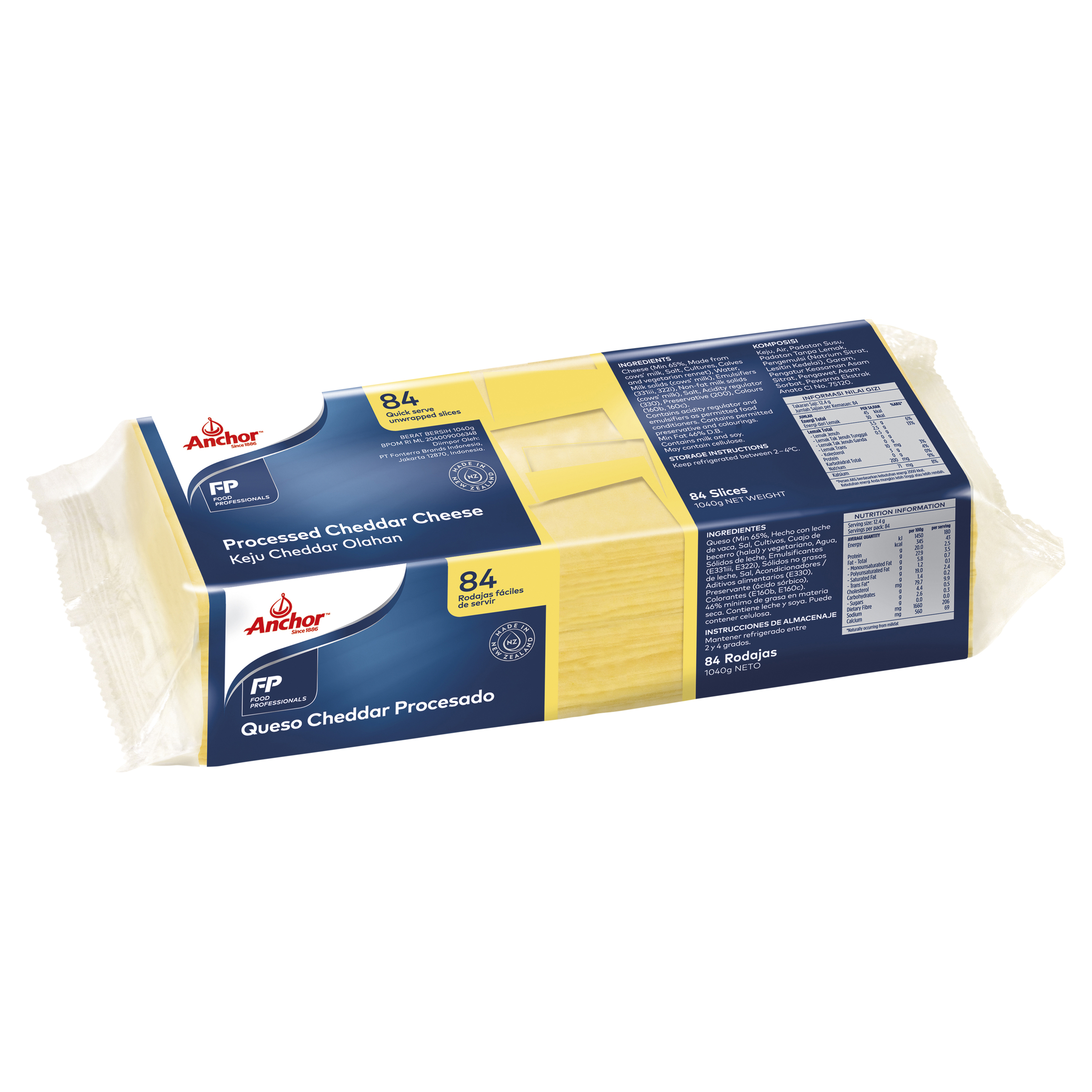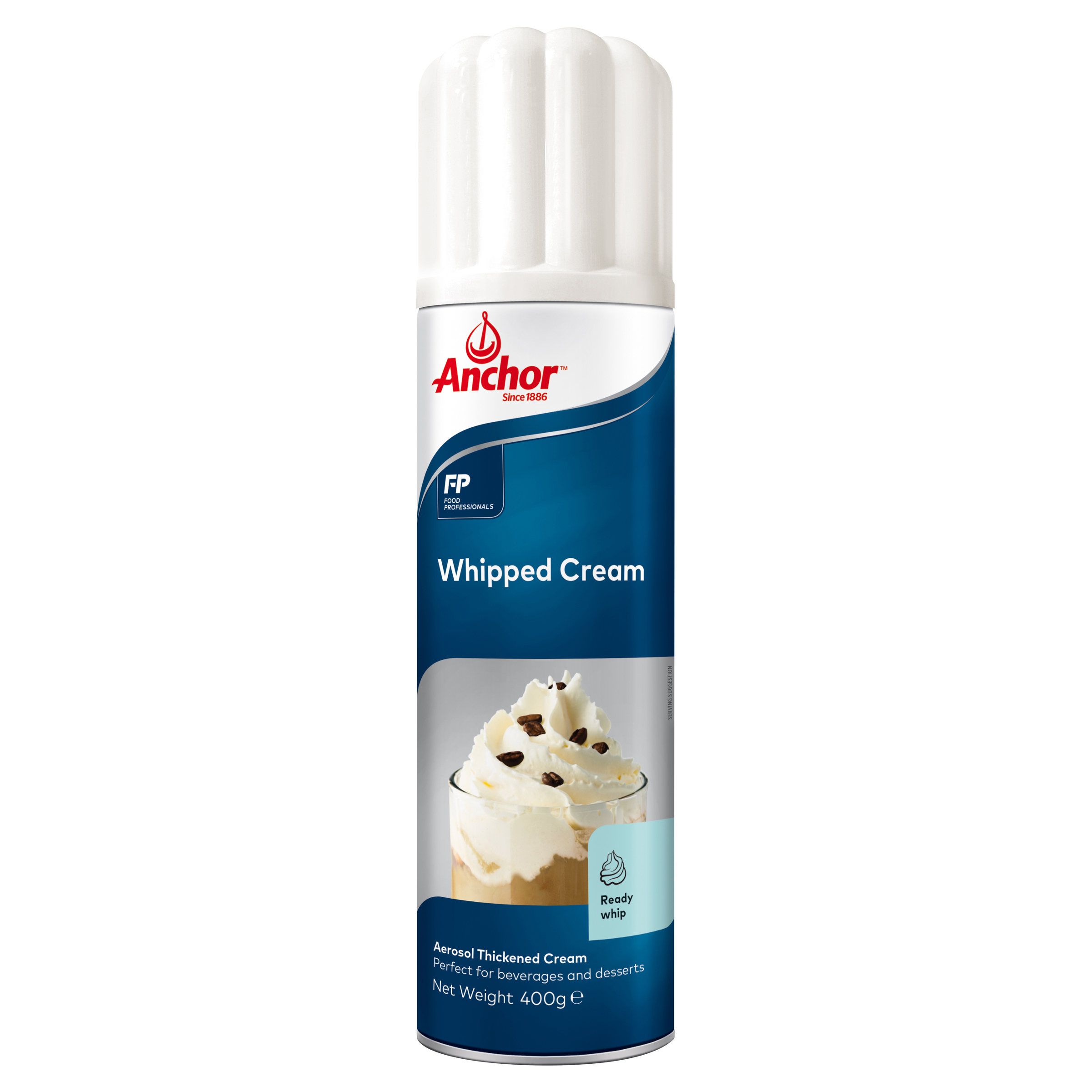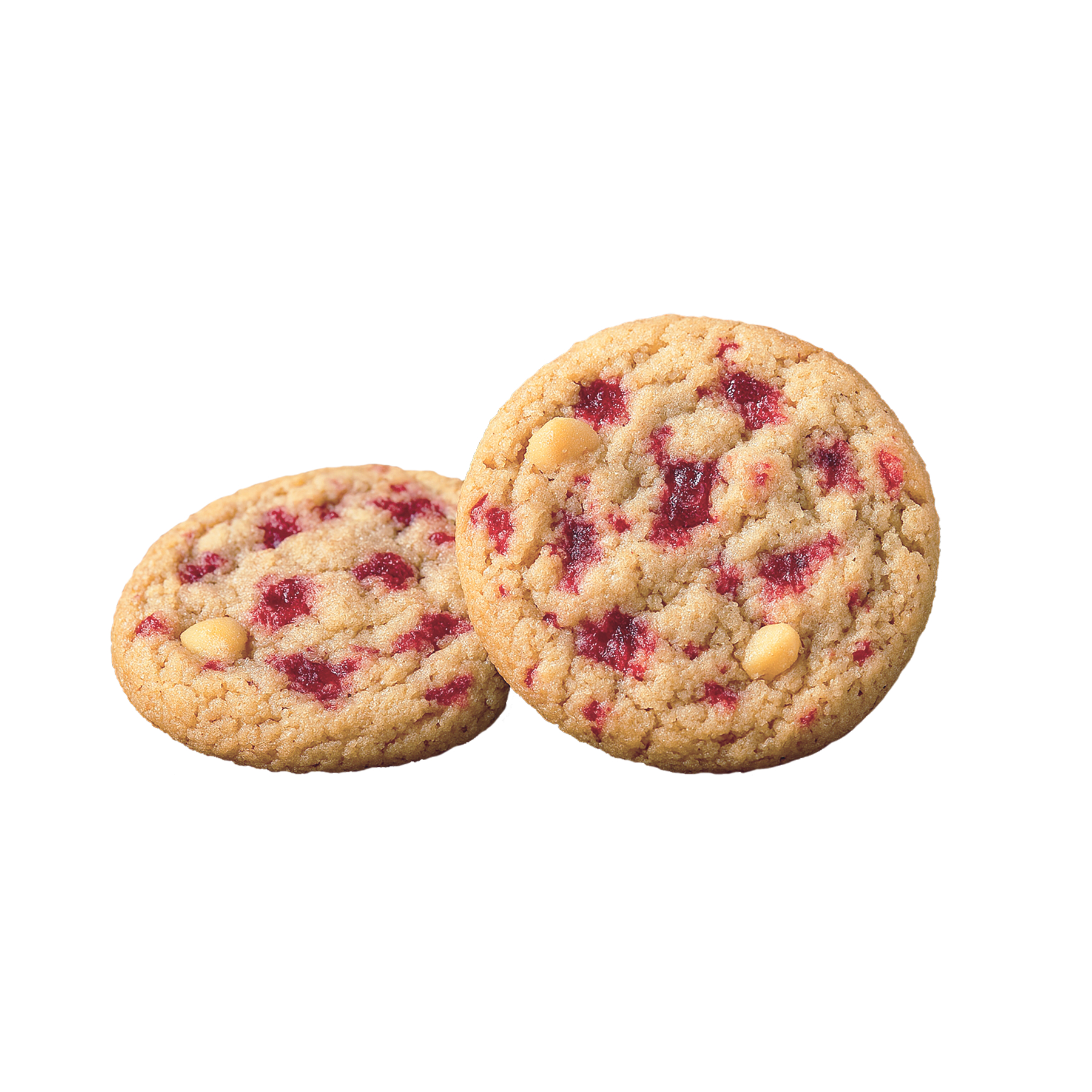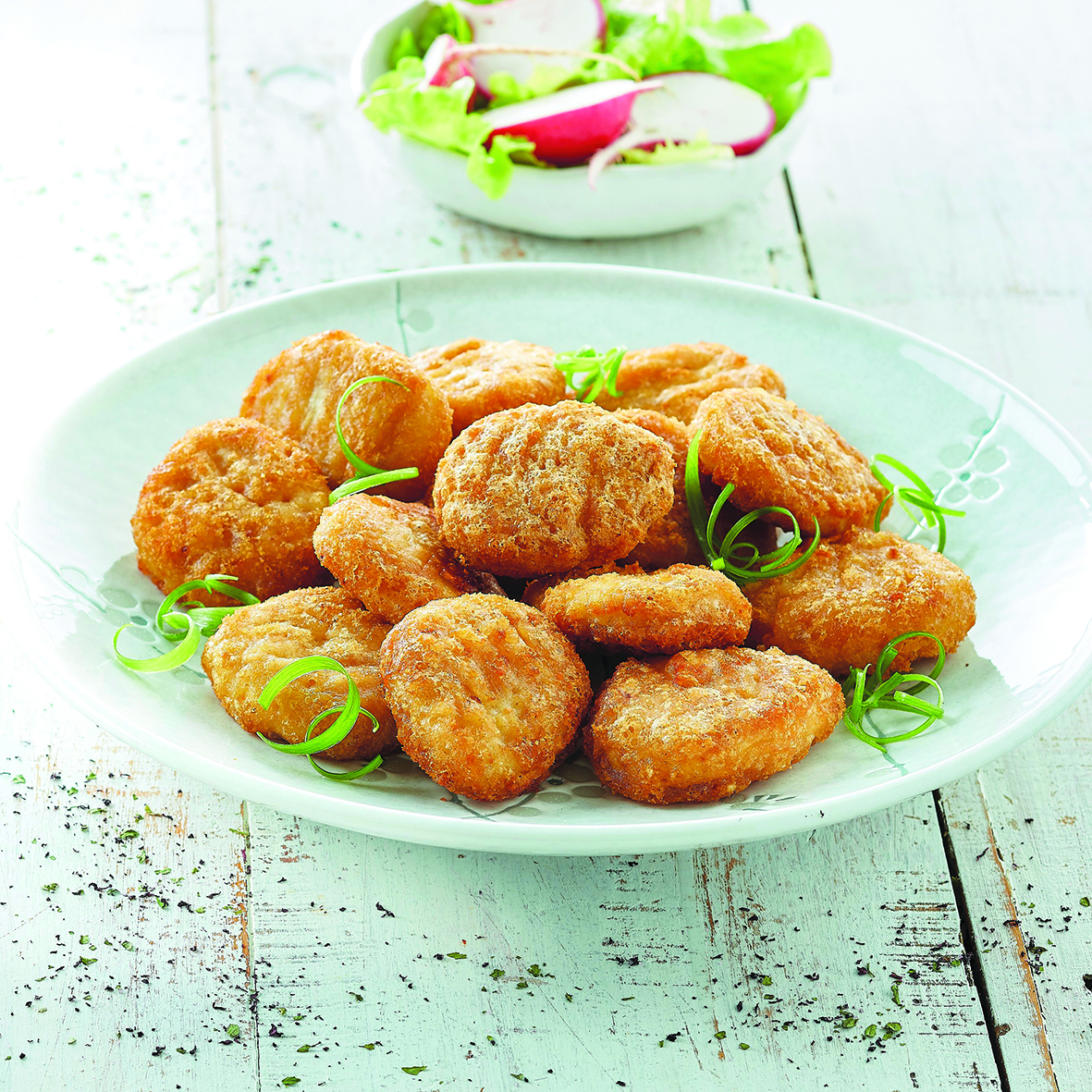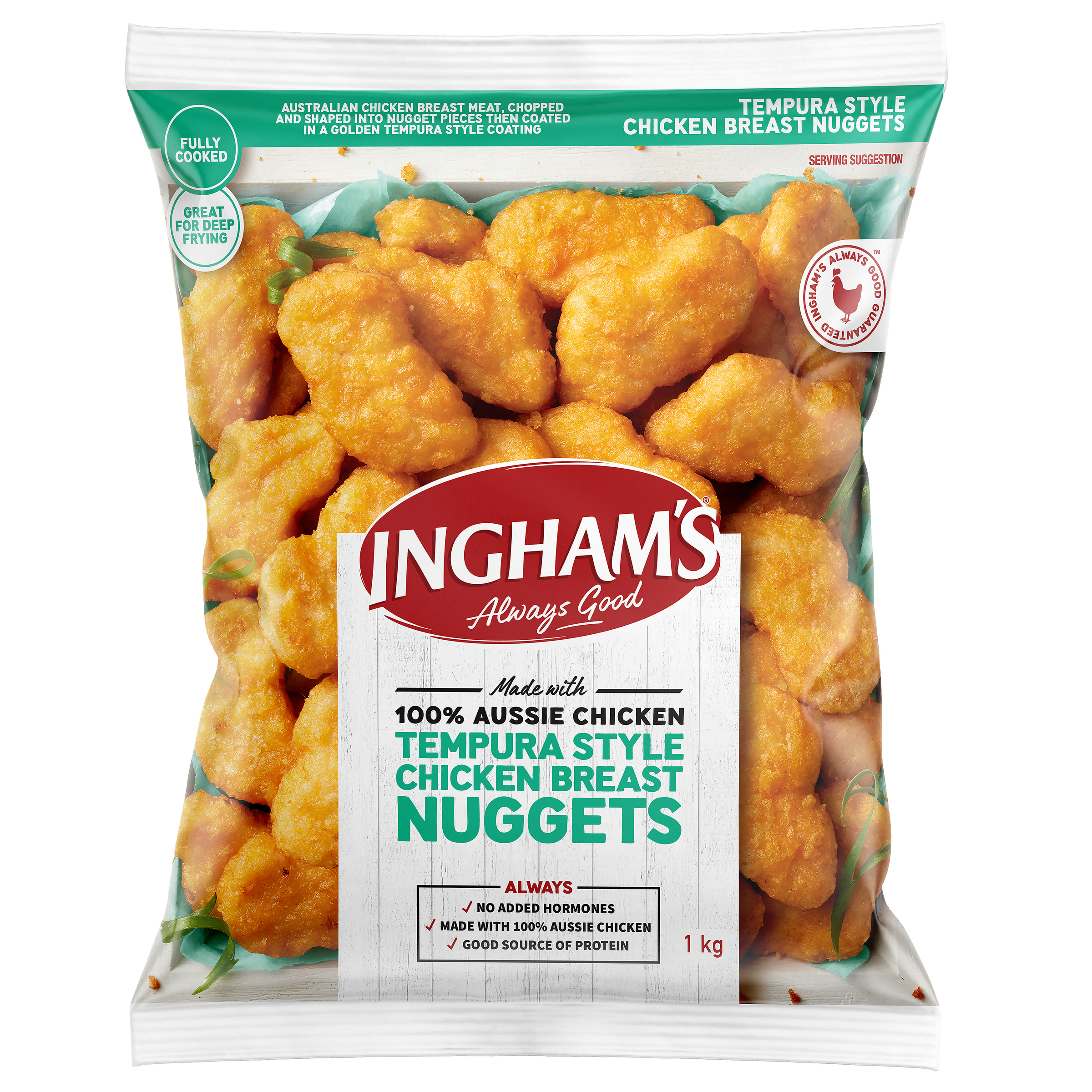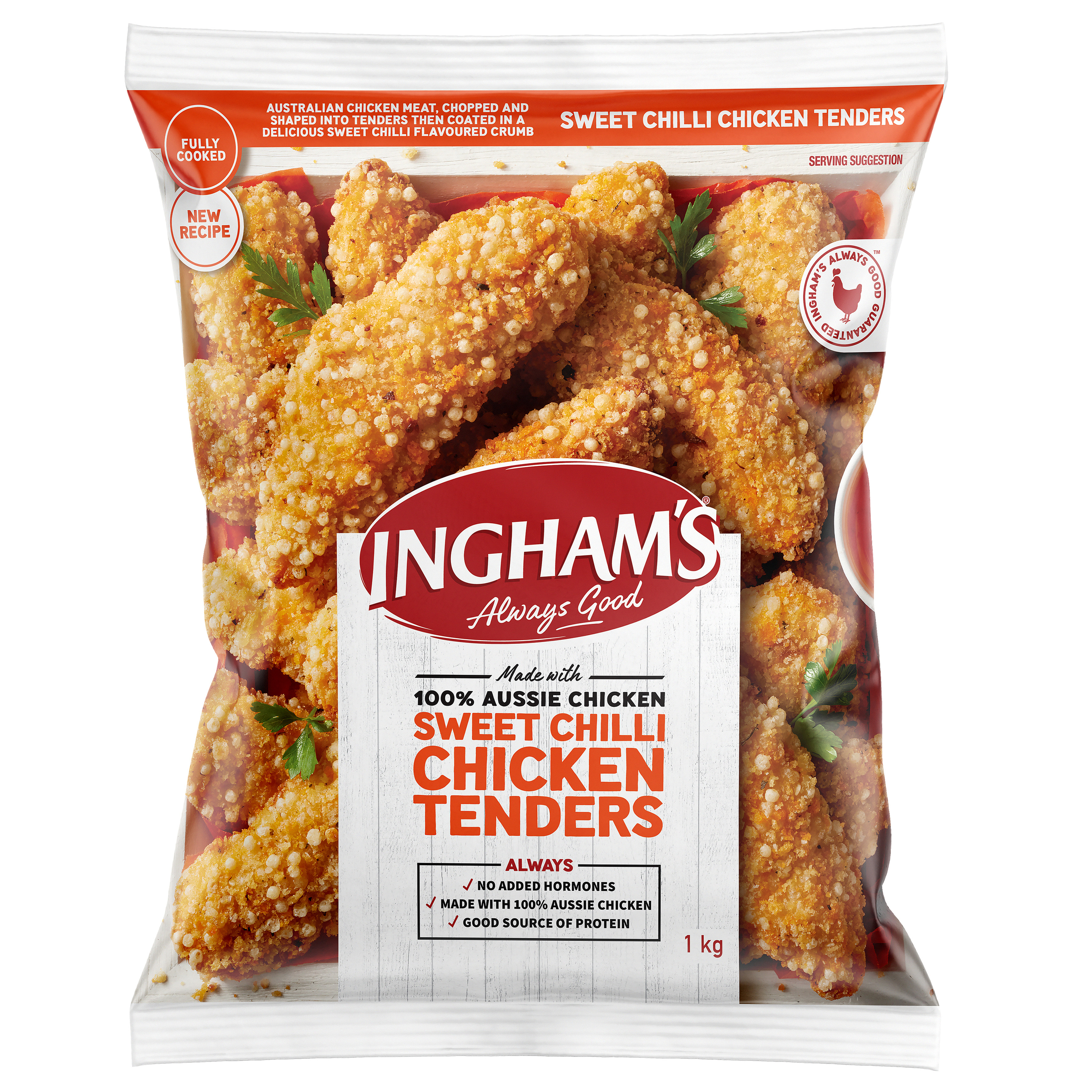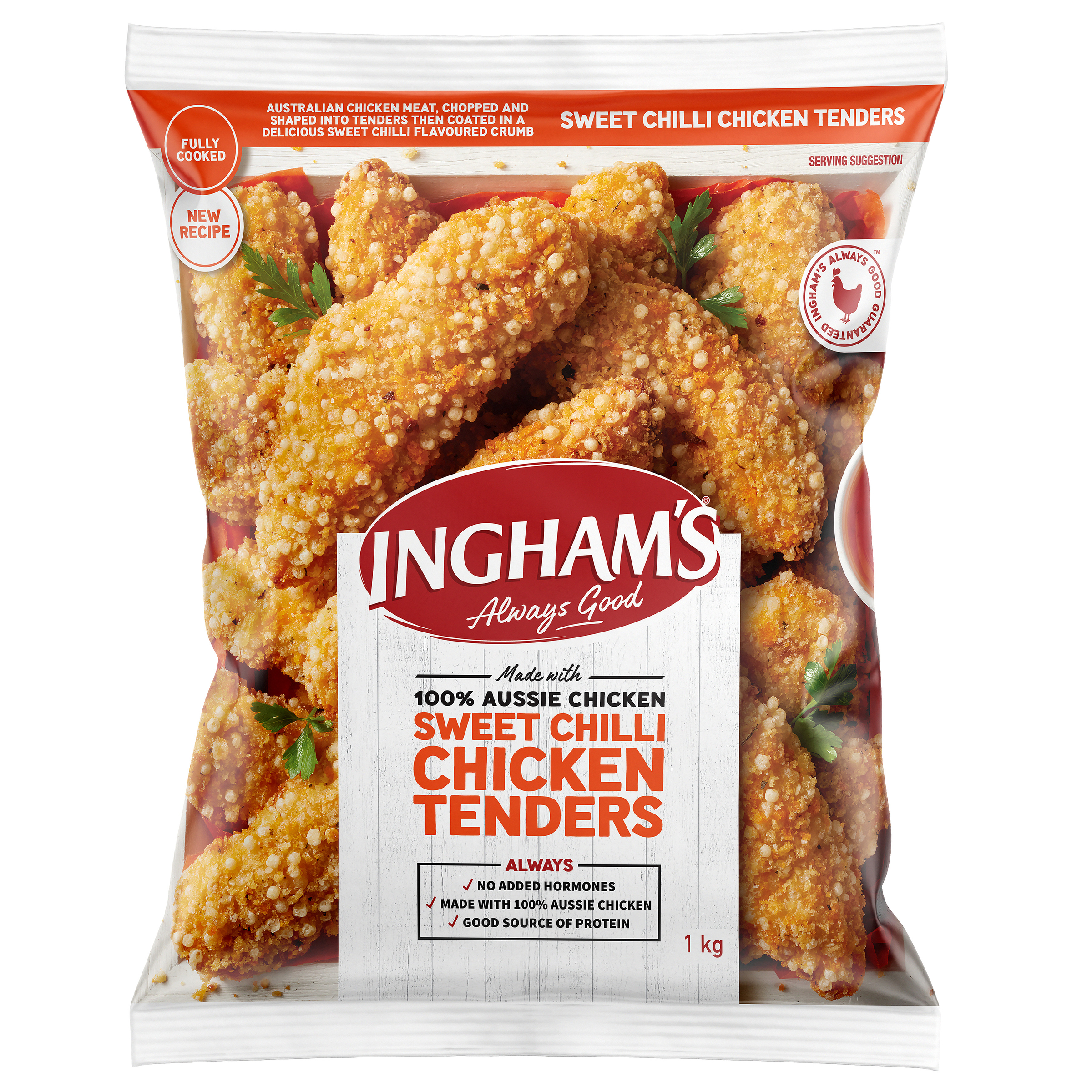This article has been provided by the team at FPA Envirochoice.
As you may already be aware, there are bans being implemented in all states across Australia. Each ban is different, with different single use products being banned and different implementation dates. The one thing that all bans have in common is the materials that are being banned and why.
State governments have chosen which single use products to ban not based on them just being ‘plastic’, but on the actual material and the propensity it has to become litter. If it is commonly seen as litter in the street or in the ocean, governments are taking a course of action. That is why not all plastic products are being banned at this stage because they either have no suitable environmental replacements or they are regularly being recycled or disposed of easily so they do not end up as litter.
Lightweight Plastic
This type of plastic is commonly in the form of a thin plastic shopping bag and is going to be banned in several states. It is very difficult to recycle and is not accepted in your curbside recycling as the plastic will fly away, or get tangled in recycling machinery.
Rigid Plastics
Regulated rigid plastics are products like straws, cutlery, plates, bowls and stirrers. They can come in various types of plastic but you’ll most commonly find PP or PLA (PLA is a bioplastic made from cornstarch which, even though compostable is still considered a plastic). These products are banned for several reasons. Firstly, small items like cutlery and straws are too small for the recycling machine to sort, so they fall through the sorting cracks and end up in landfill. Secondly, items like plastic plates, are very two dimensional, which is problematic in a recycling facility. This plastic gets sorted like paper and cardboard and ends up in the wrong recycling stream, causing contamination. Finally, rigid bioplastics behave the same way as traditional plastics in the environment. If they end up as litter, they won’t break down either. That is why many states have chosen to ban this type of plastic. Yes, they are a compostable product, however they are only compostable in certain and precise conditions.
Foam
Foam food packaging will be or has been widely banned in many states, including cups, clams, bowls and more. Foam is being banned for many reasons. Firstly, it is not financially viable to recycle, mainly because it is made from 95% air and this low value product is expensive to freight around. It is usually a landfill product. Secondly, when used in public and not disposed of correctly the product has a very high propensity to become litter, on the land and in the ocean. Being made predominantly from air means it can easily be blown away and into wildlife. Foam products are common because they are the cheaper inexpensive option, but by no means the better option. That is why state and federal governments are planning to ban foam products, as there is a vast variety of sustainable alternatives to foam packaging.
Plastic Lining
Plastic lined products like plates, bowls and coffee cups are generally made from either PP, PE or PLA plastic (again, bioplastics are still a plastic even though made from corn starch). State governments have chosen to ban many products that have a PP or PE lining. The reason for this is that most products that have a plastic lining is made from paper or a natural source. Combining both paper and plastic into one product makes it more difficult to recycle as you cannot separate the two easily. For this reason, the product will end up in landfill. The solution and preferred replacement for this is to have PLA lined paper products. This will then mean the product is fully compostable and can be diverted from landfill. Some states have decided that only Australian certified PLA lining will be accepted. Australian certified PLA products must pass all required test to be considered compostable, but what makes Australia different is the worm toxicity test. The worm toxicity test essentially ensures that any product being composted in Australia does not contaminate or pollute the soil and kill the worms. If the worms are healthy and fine, the product can hold an Australian certification.
This information is most useful to you when you know what products are being banned in your state.
To find out what products are going to be banned in your state, click here.

